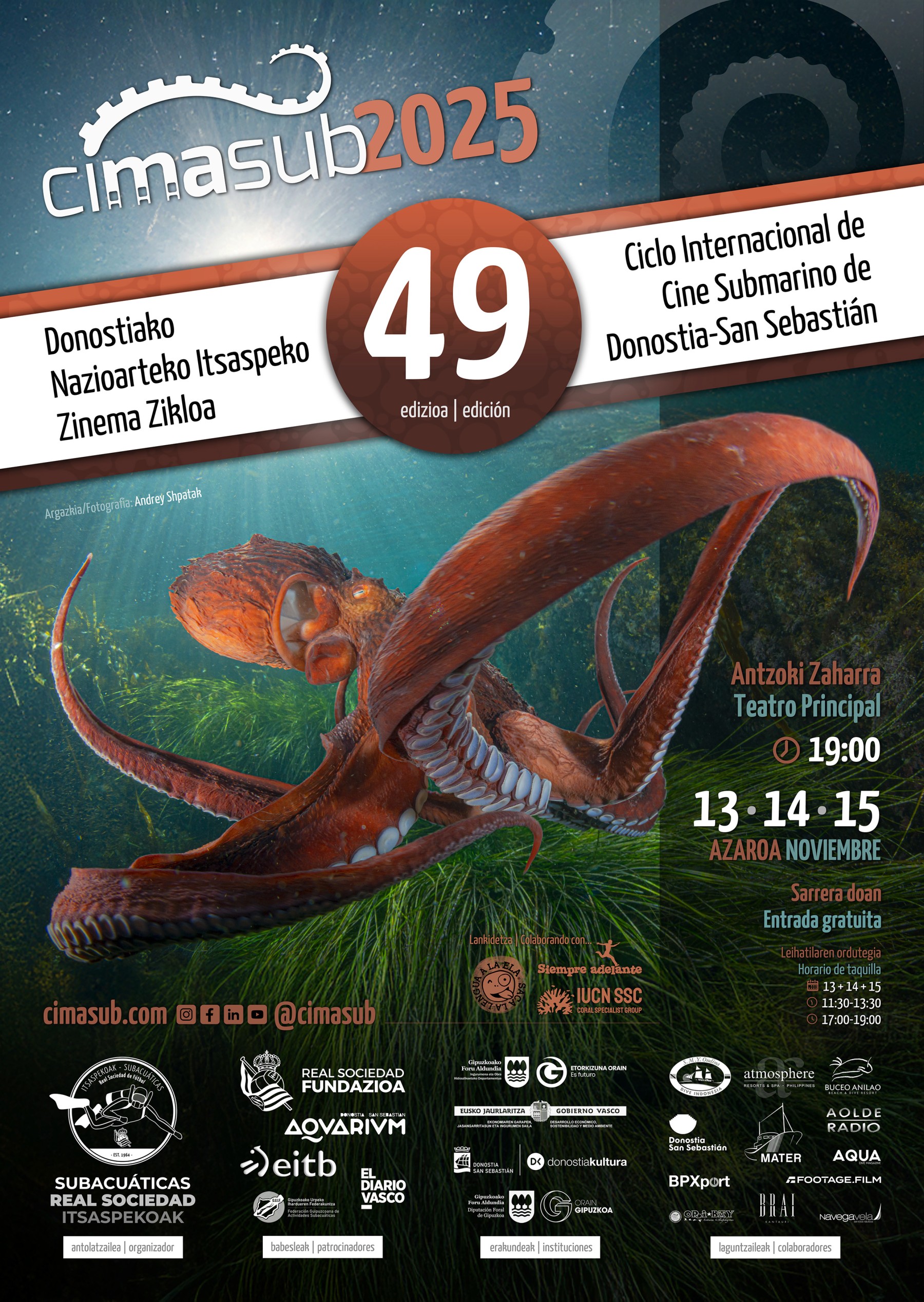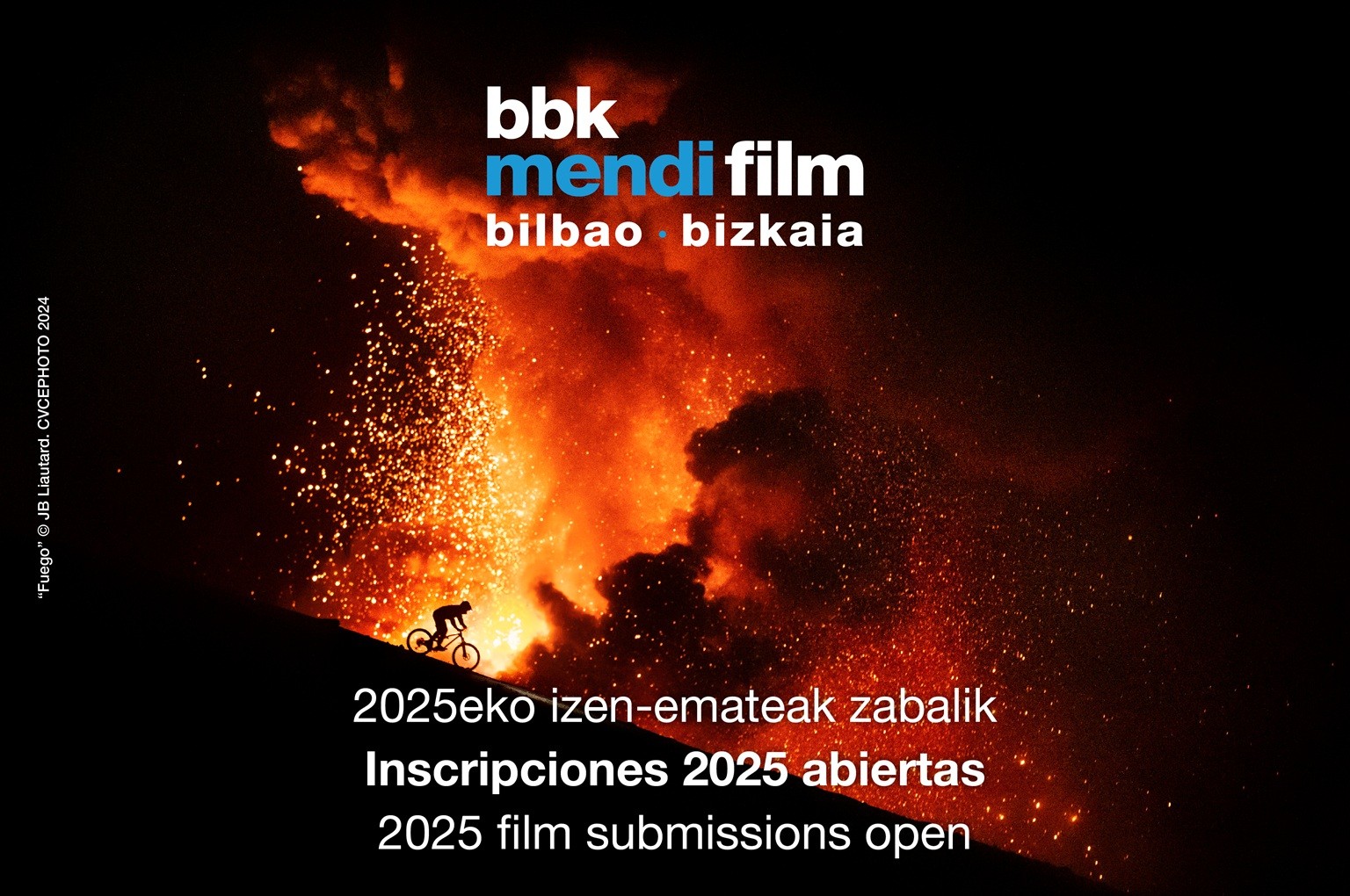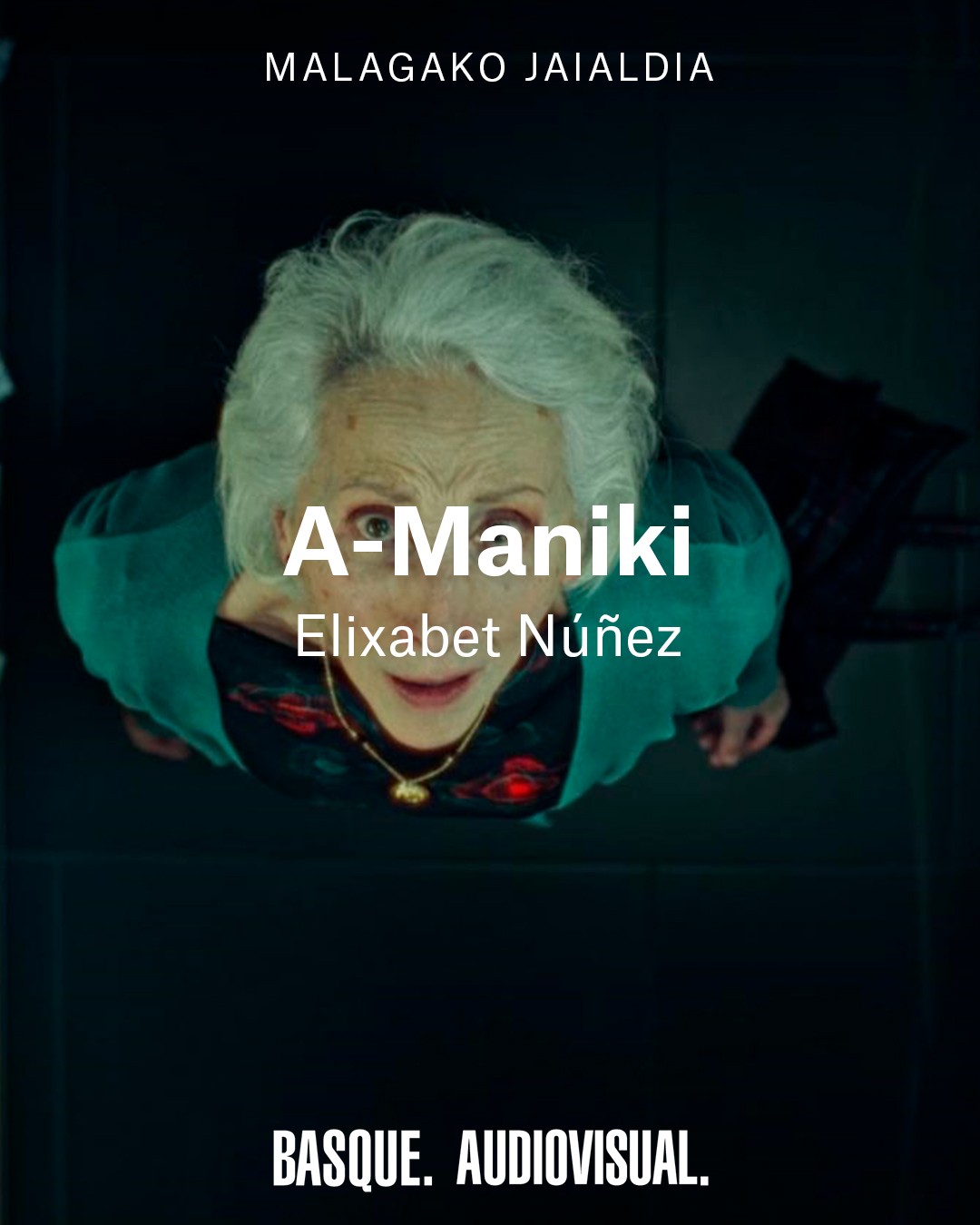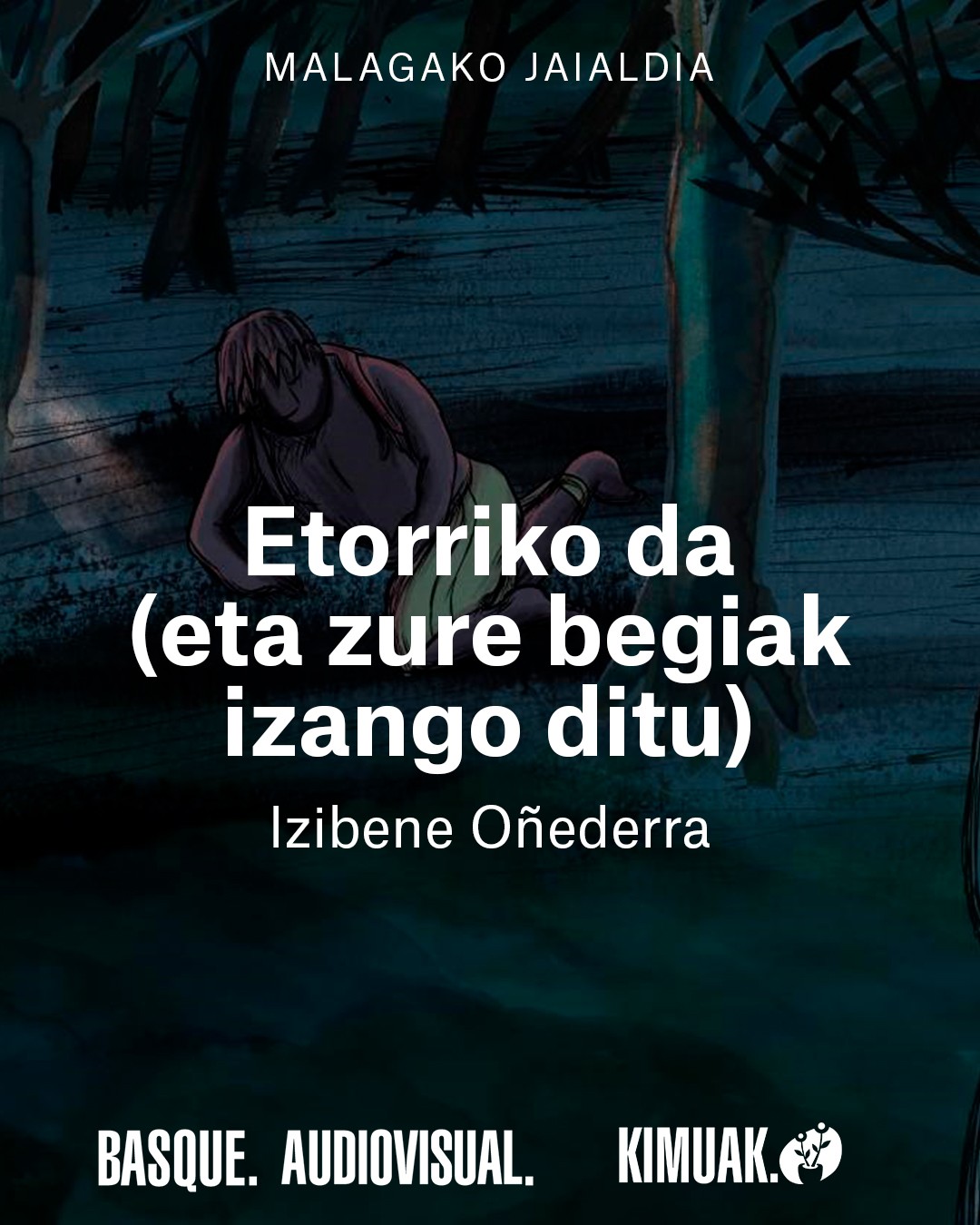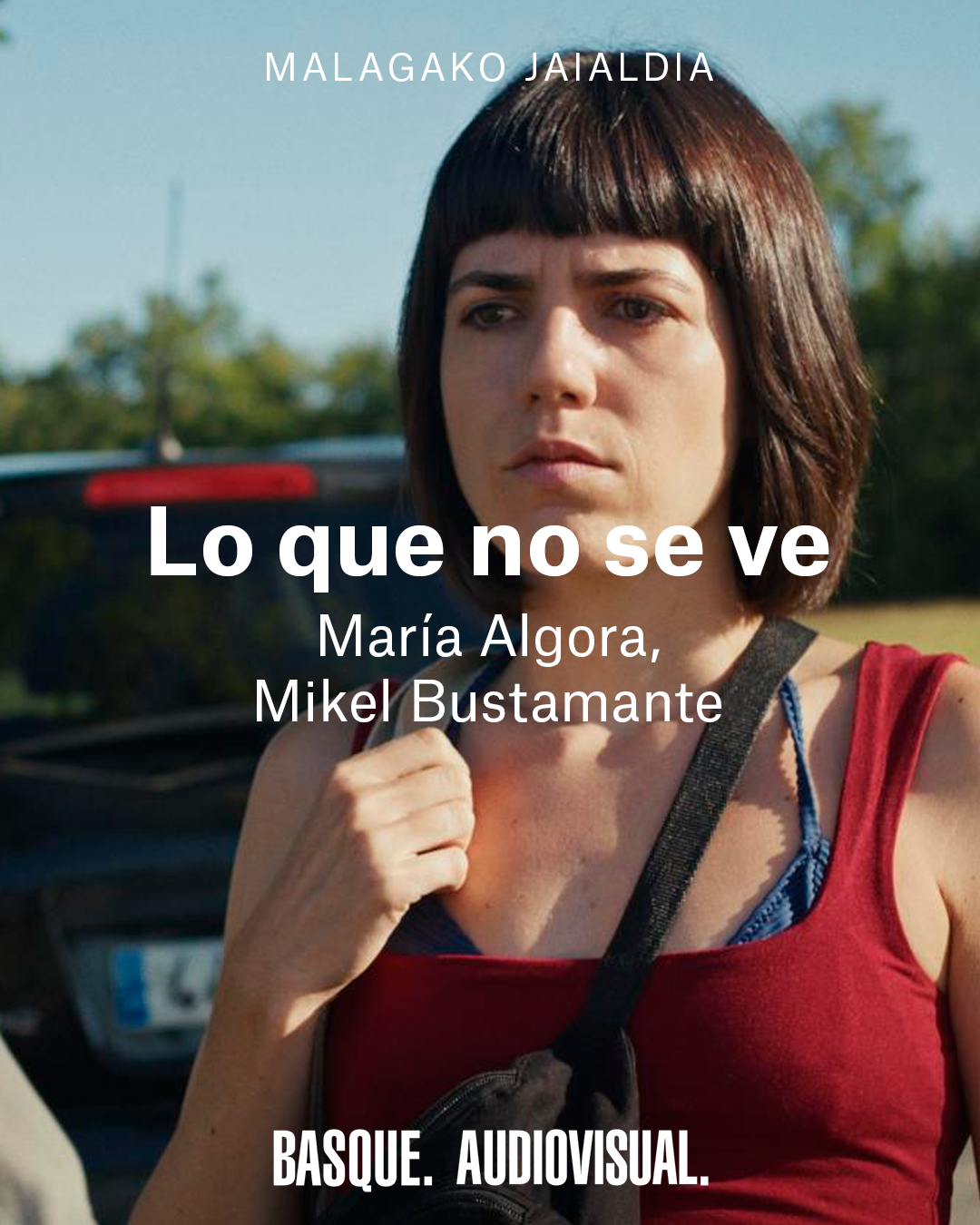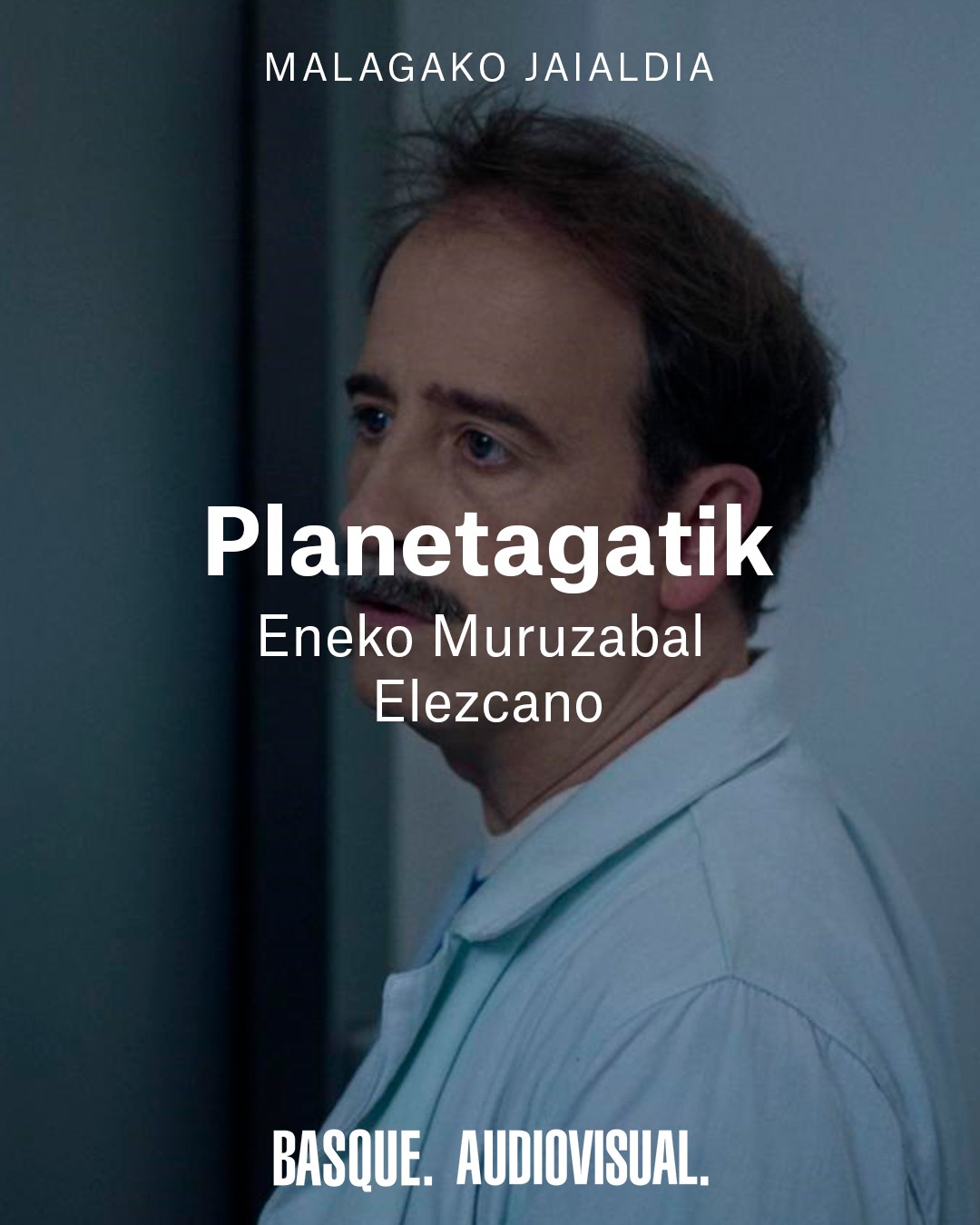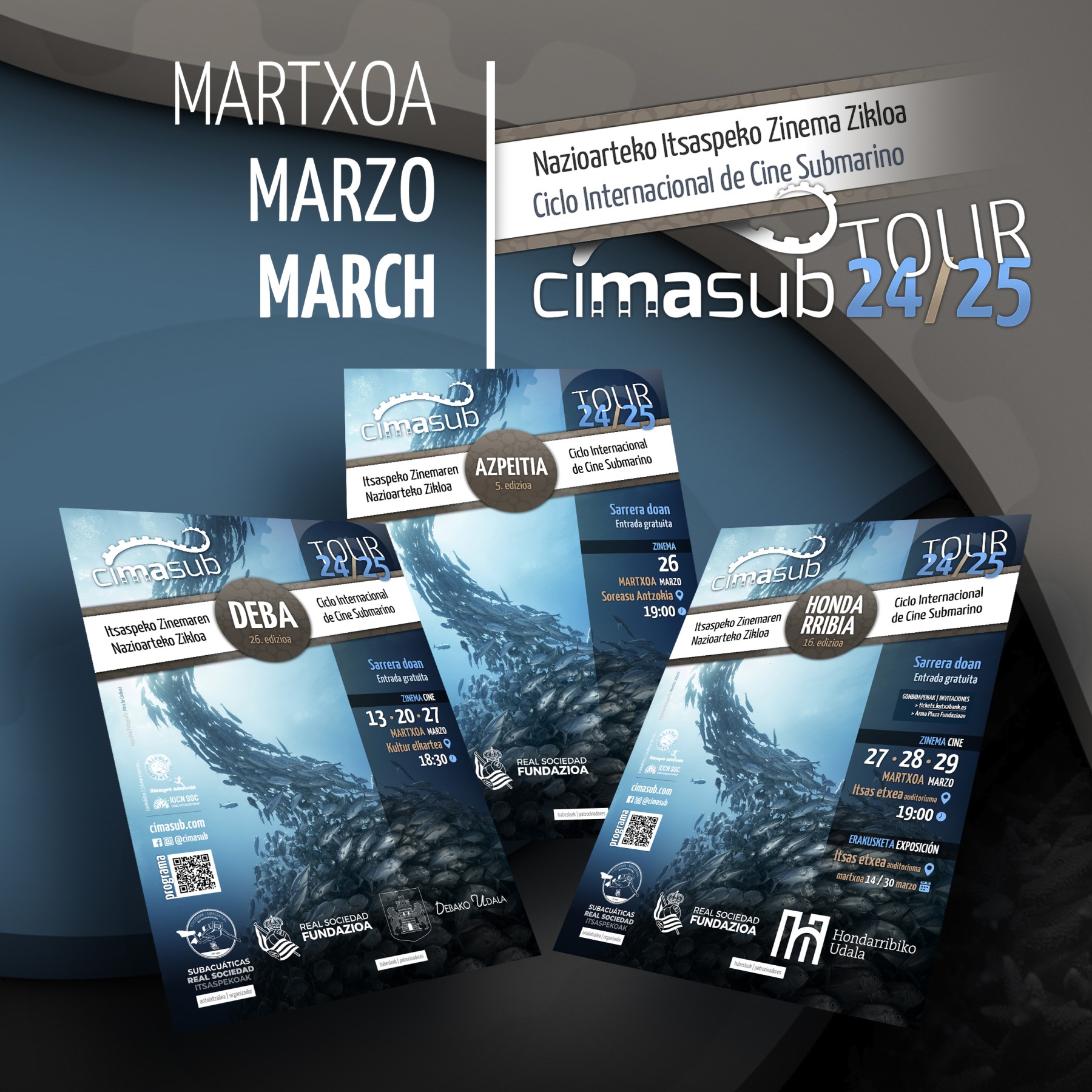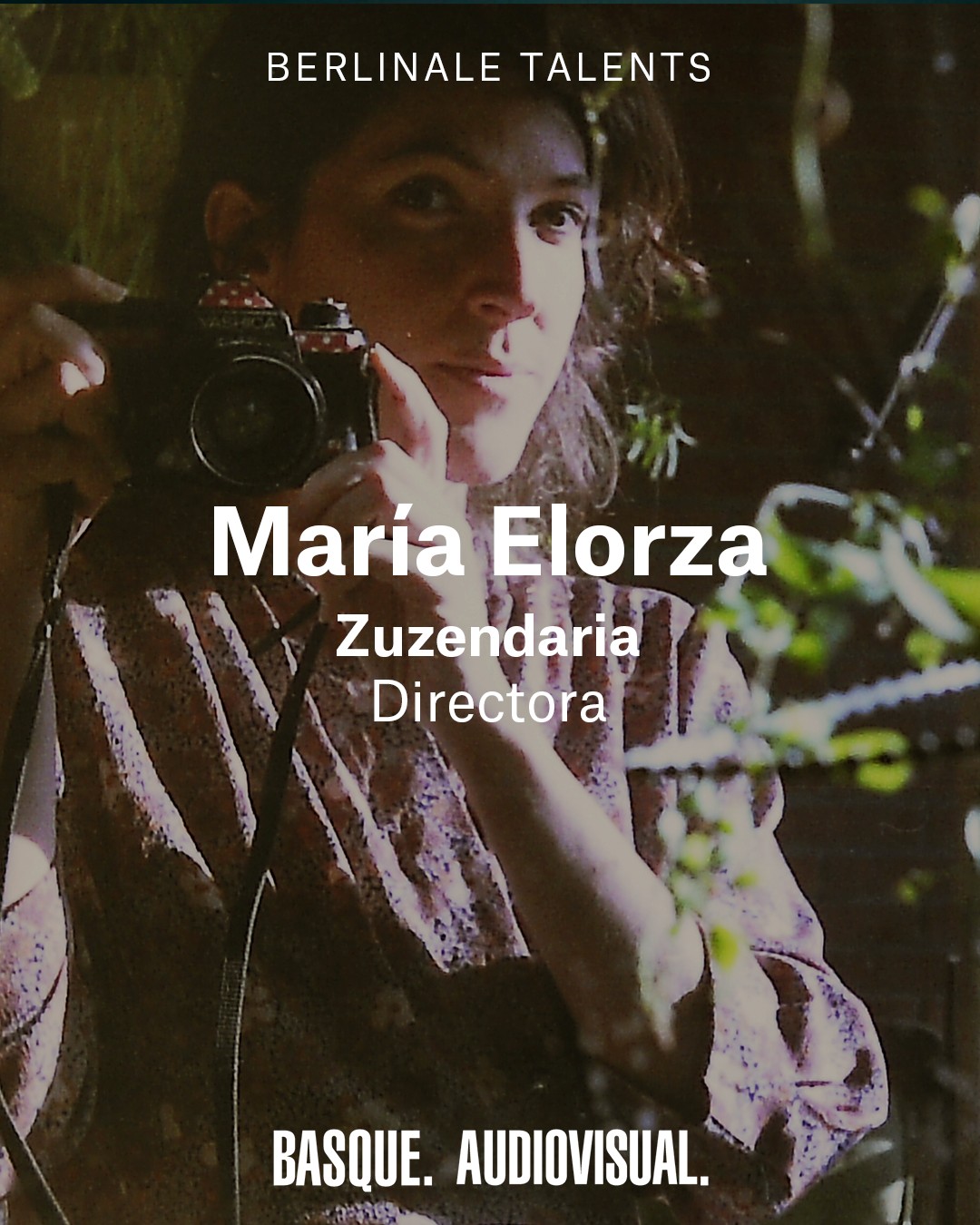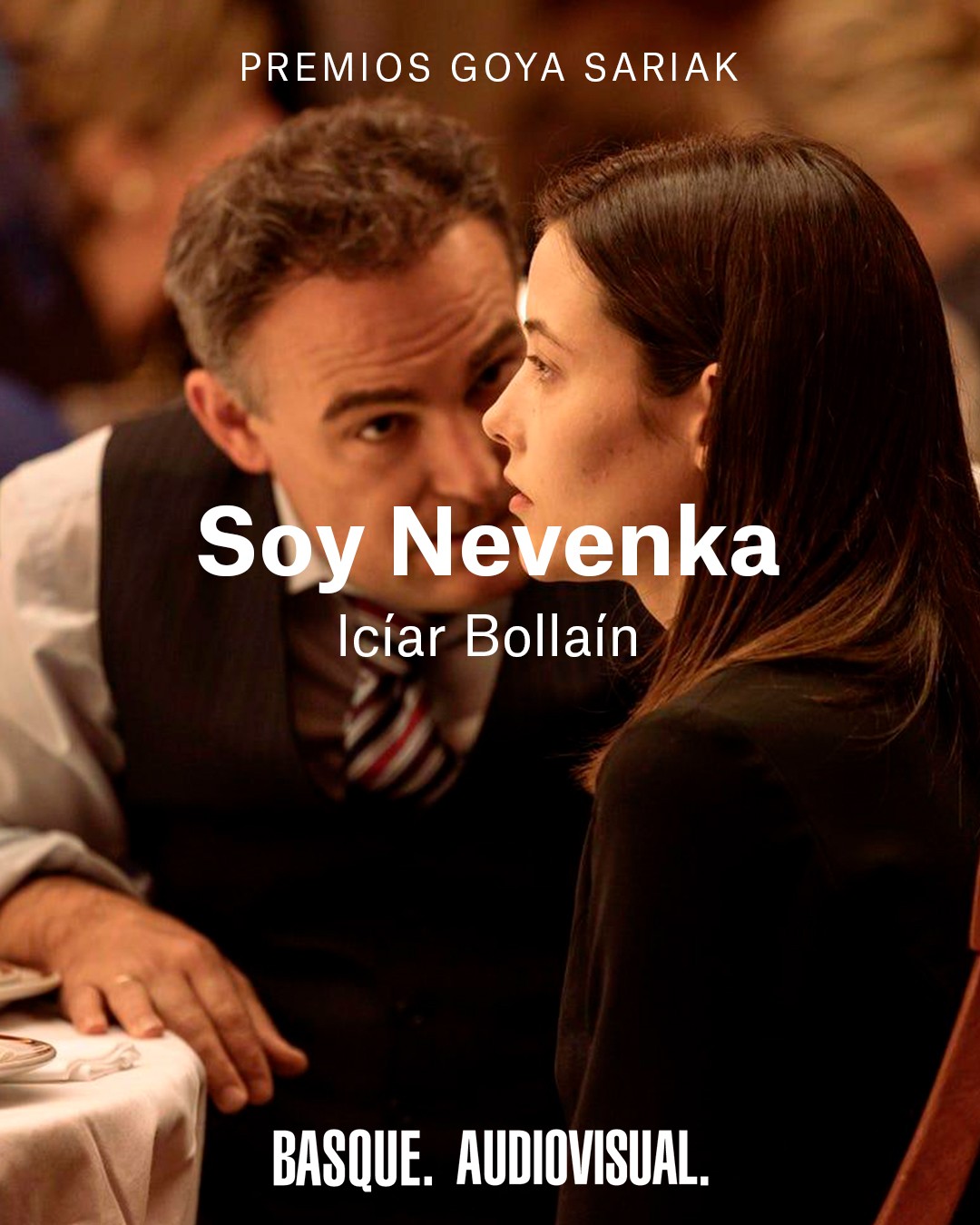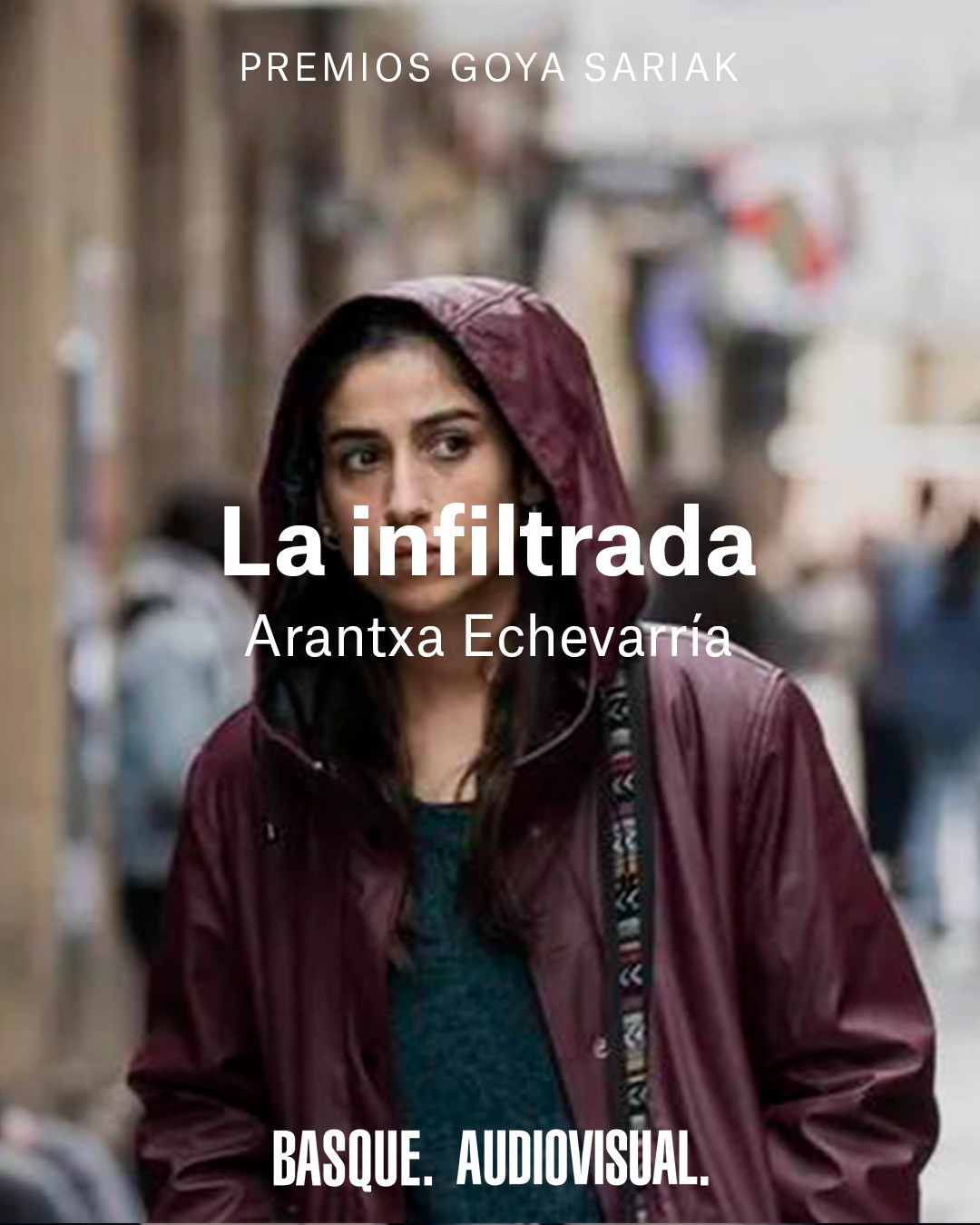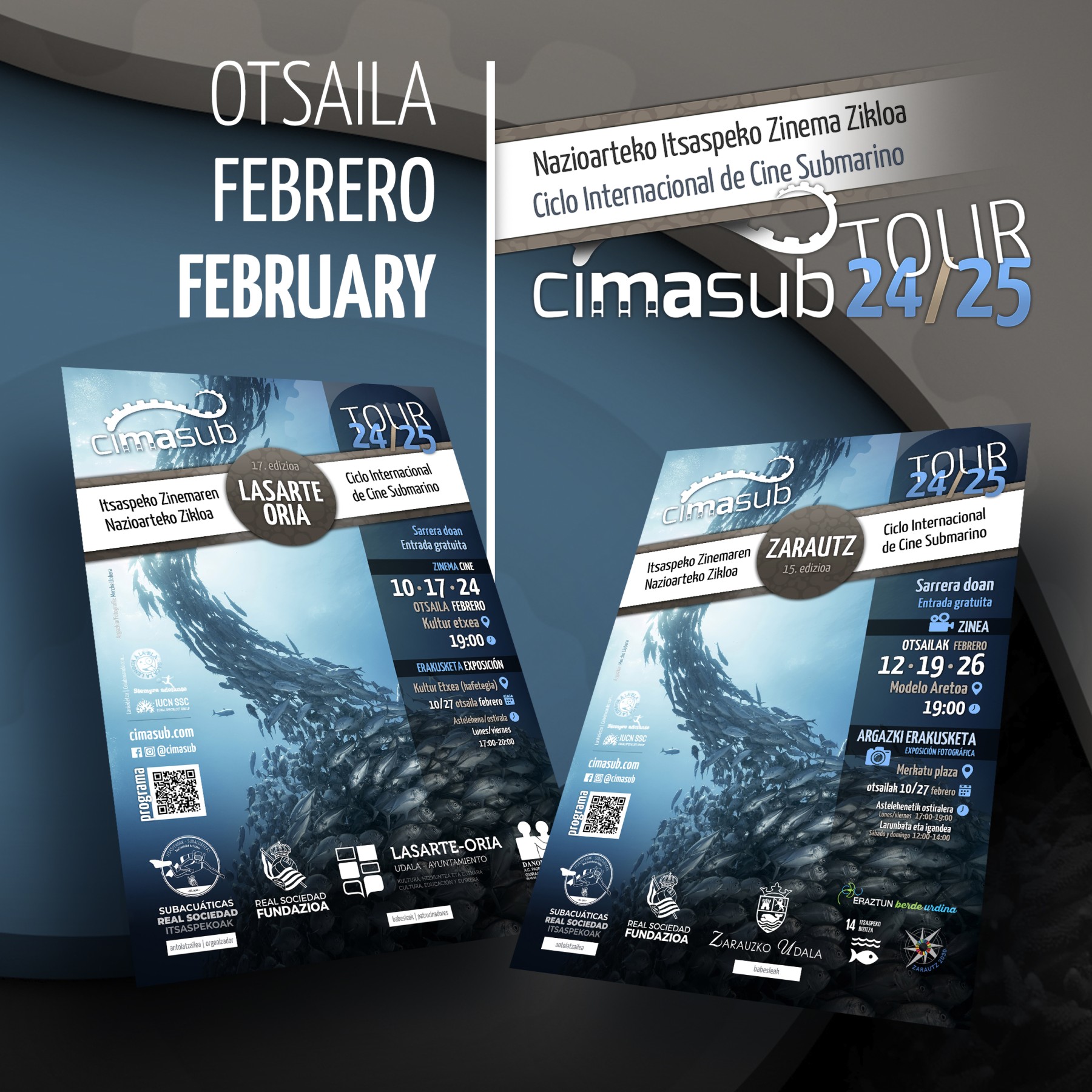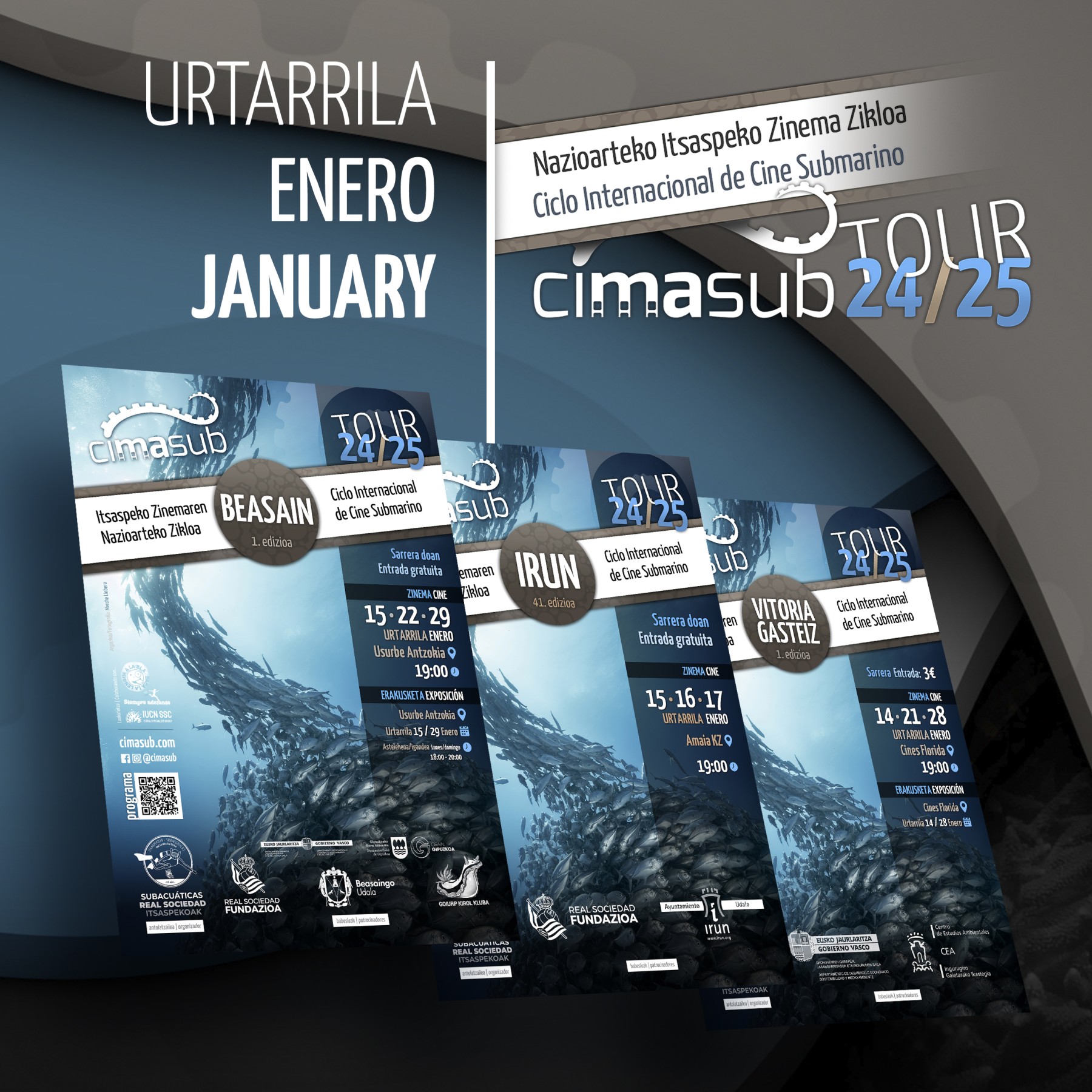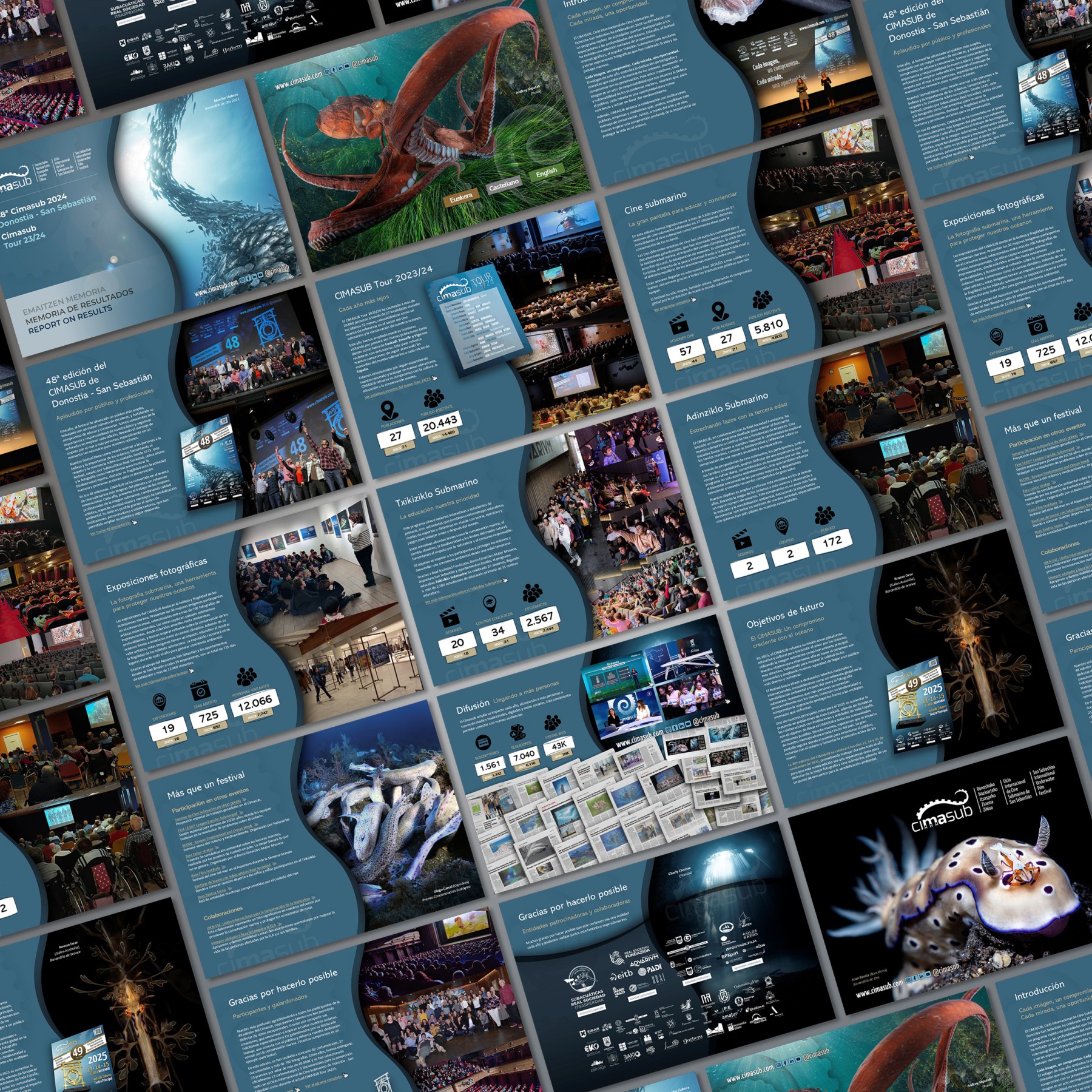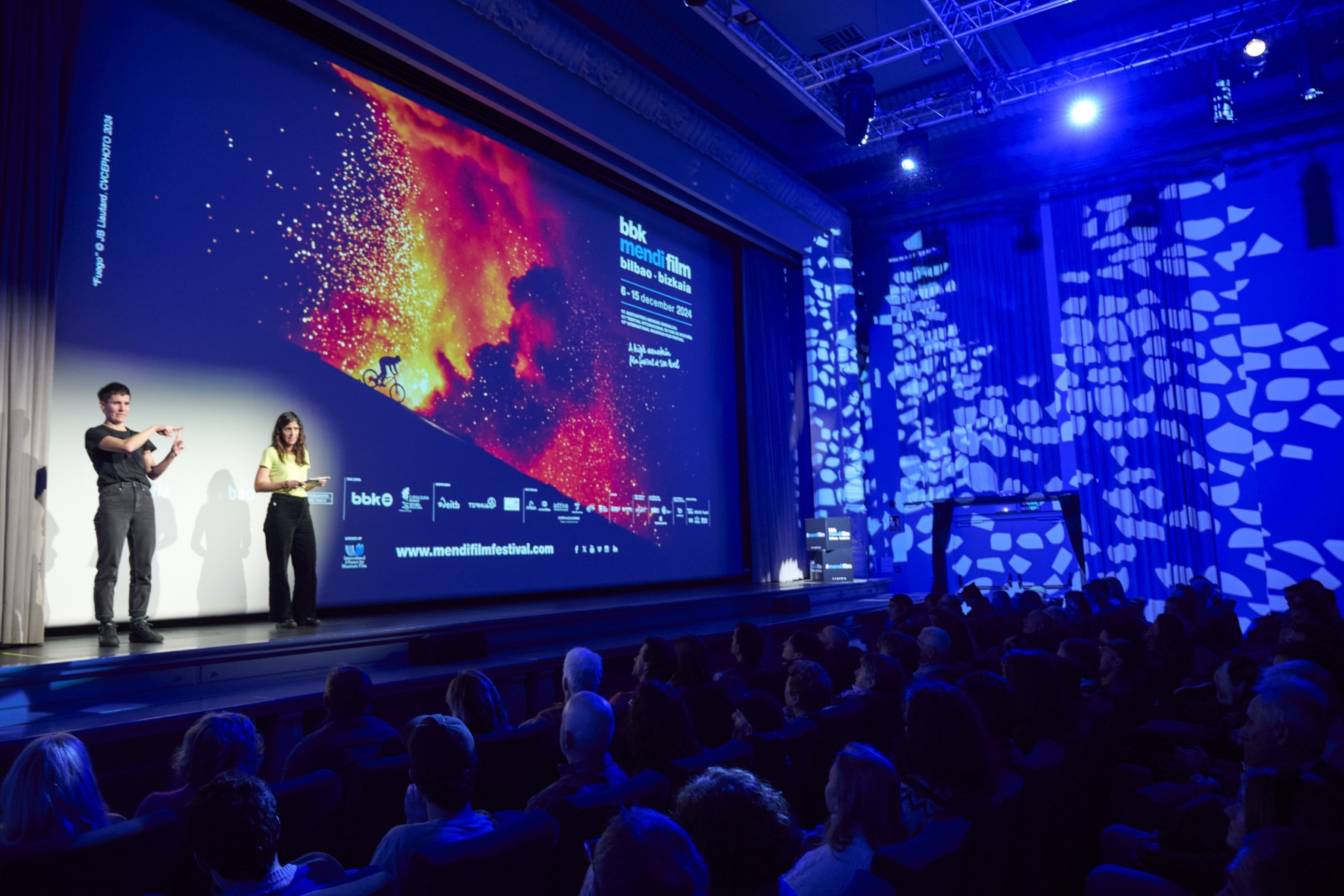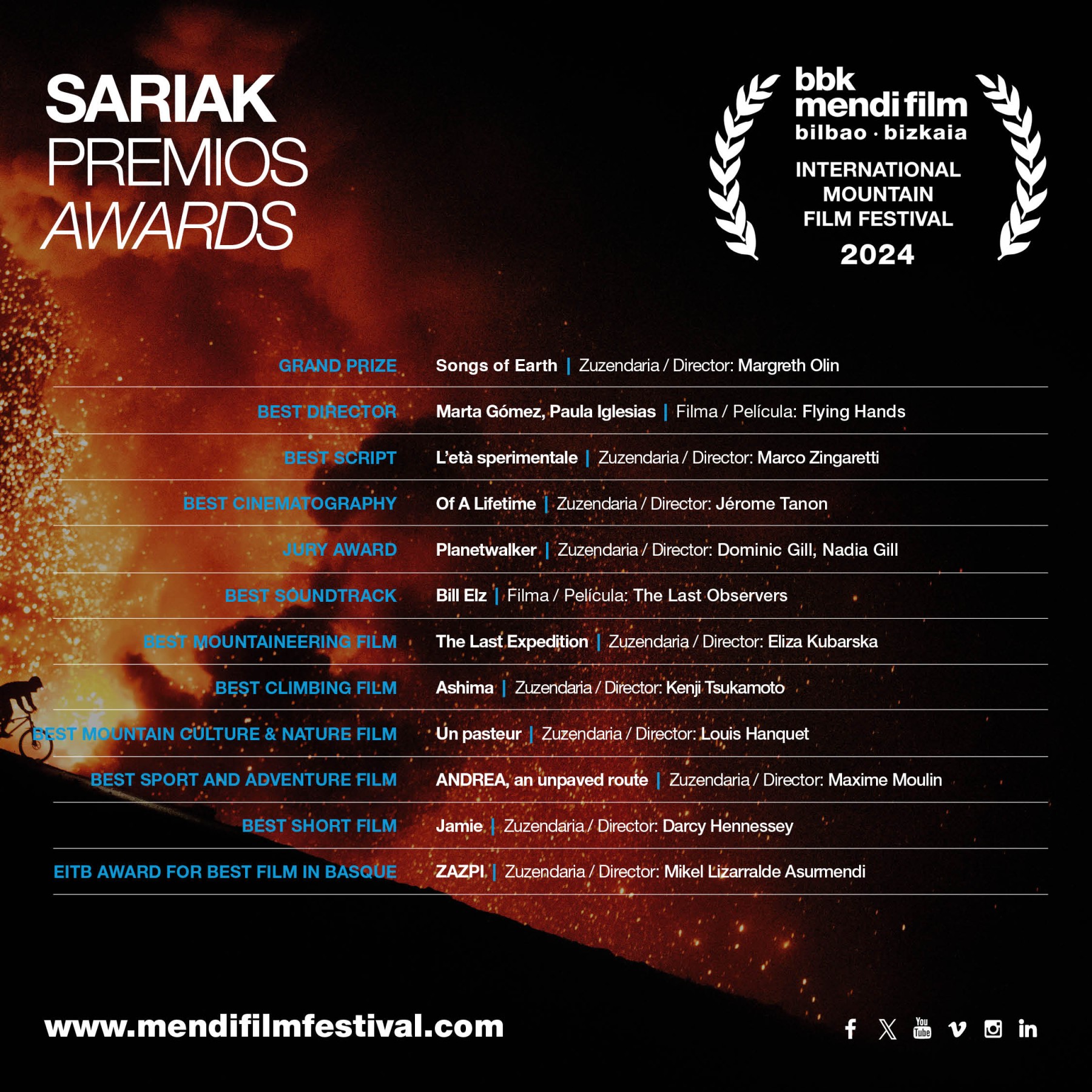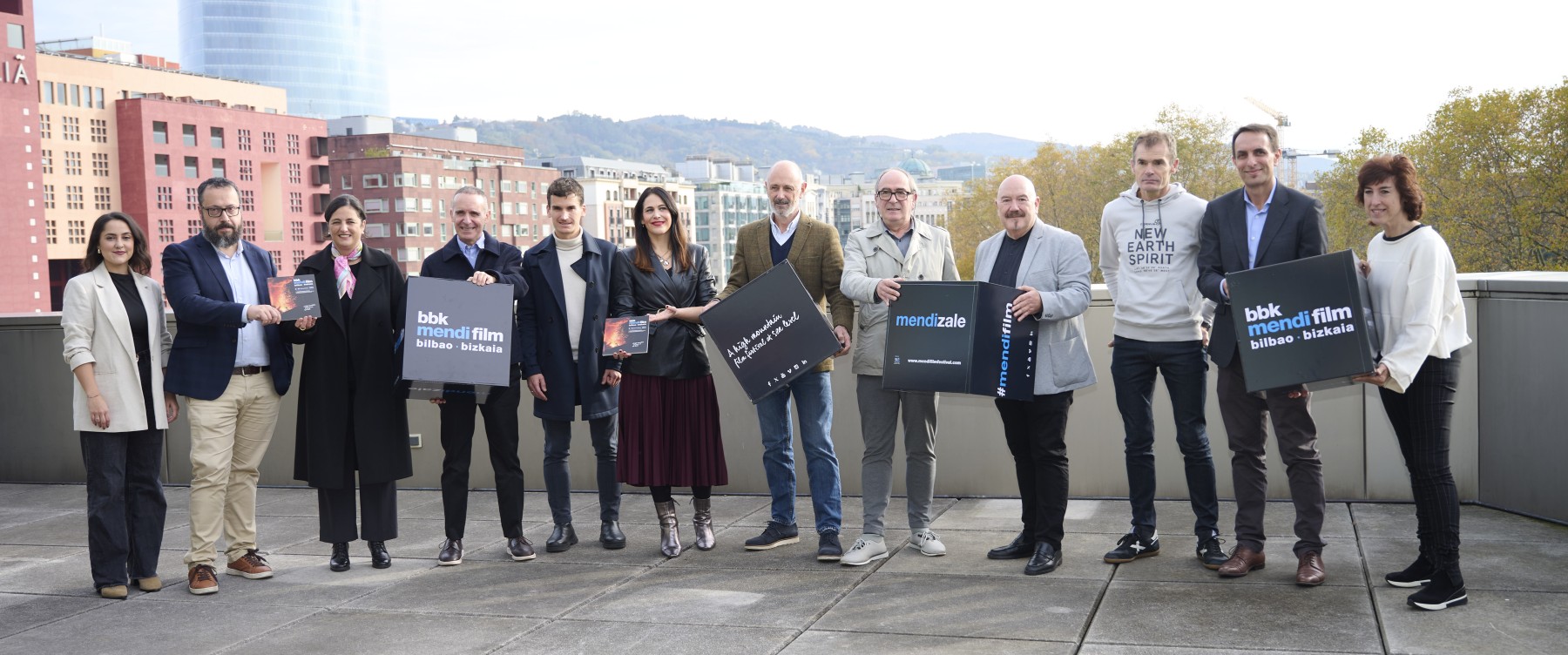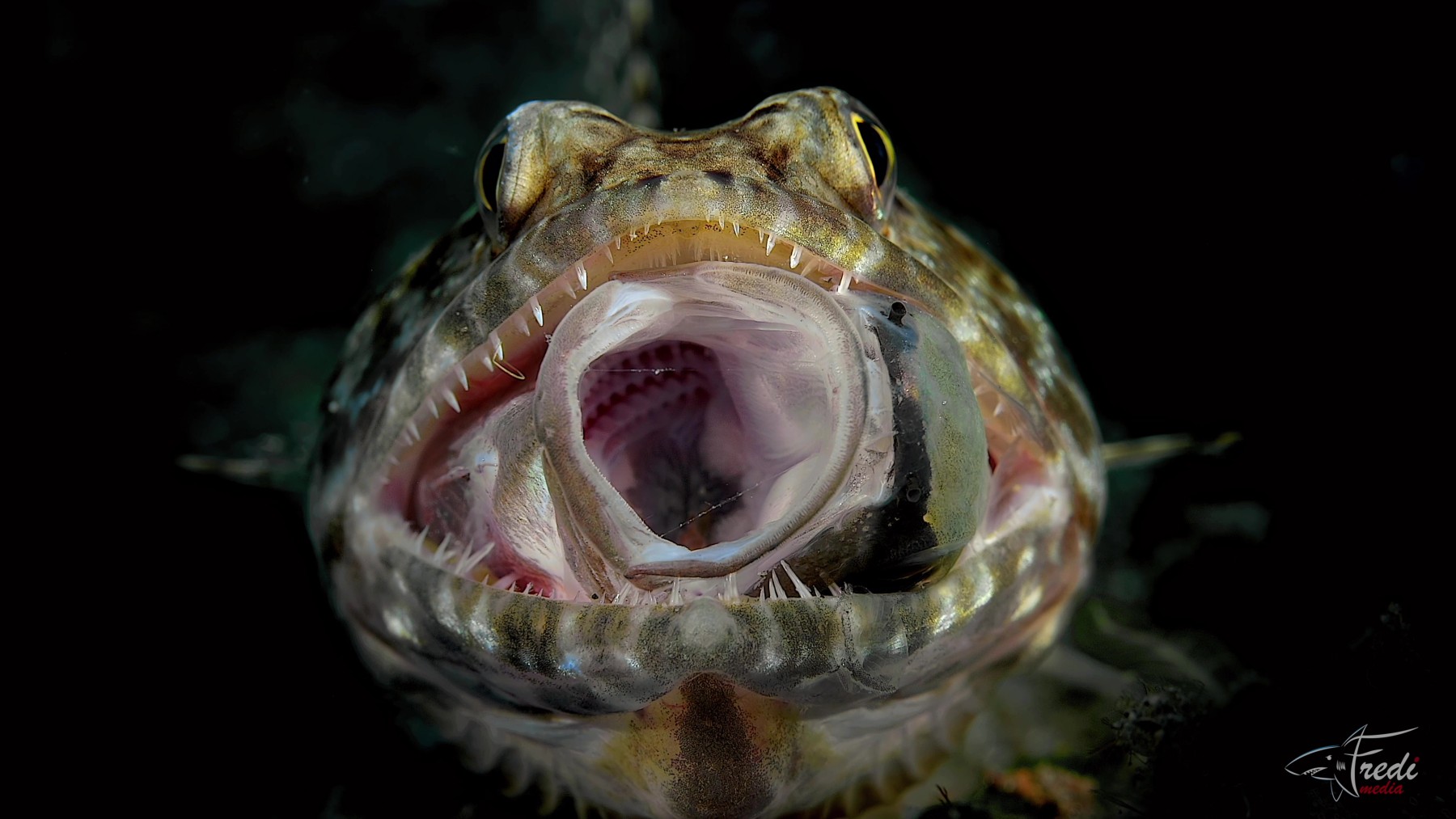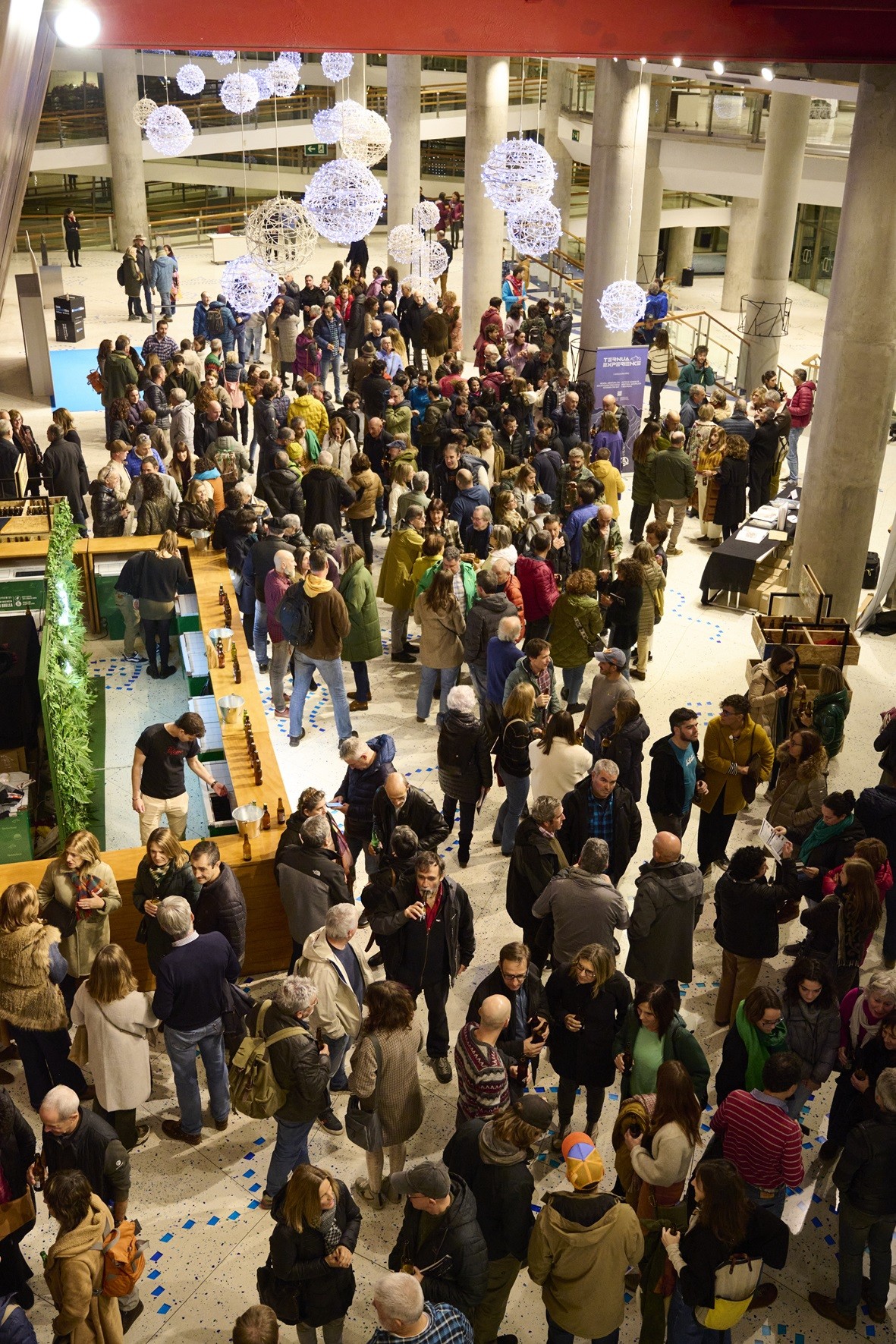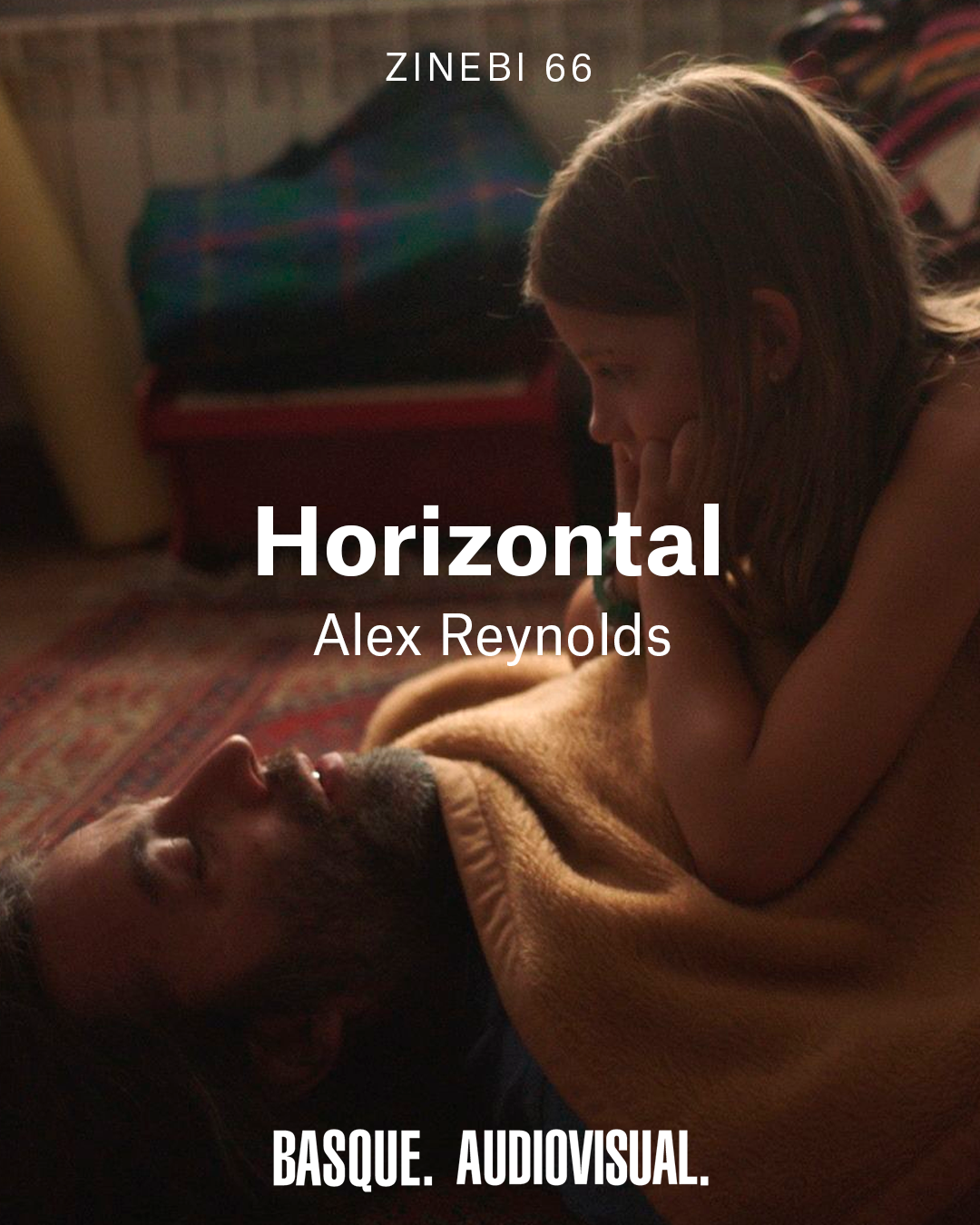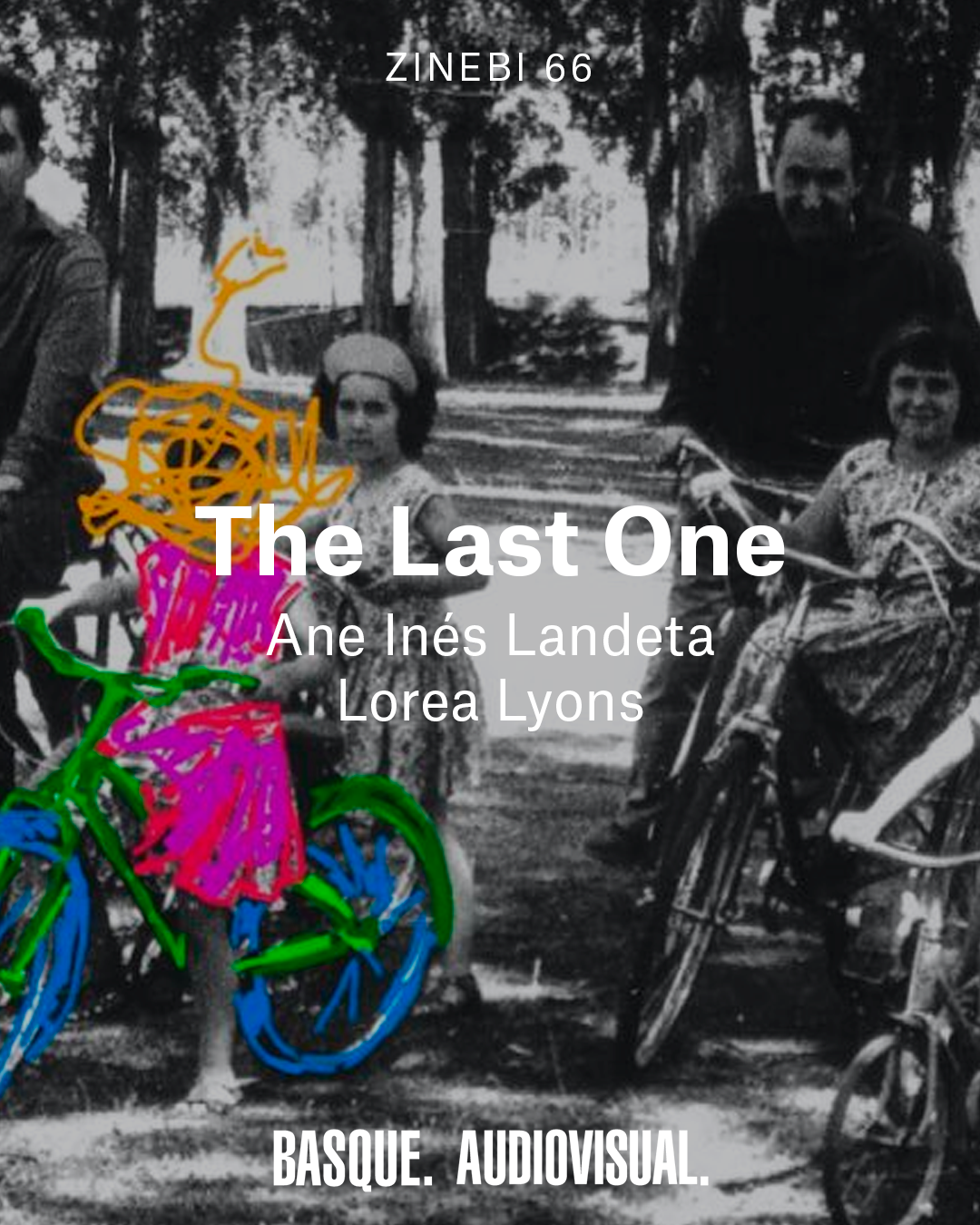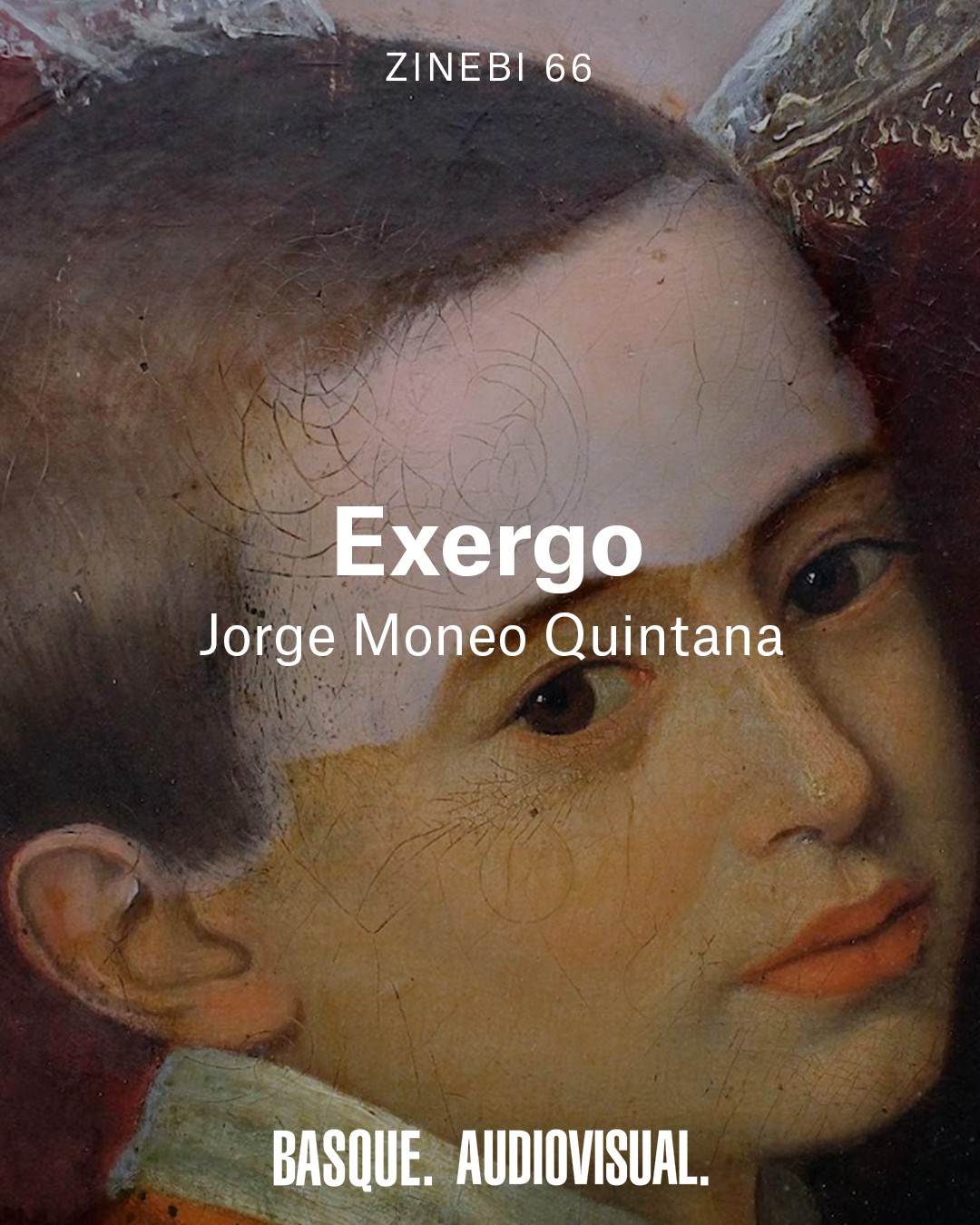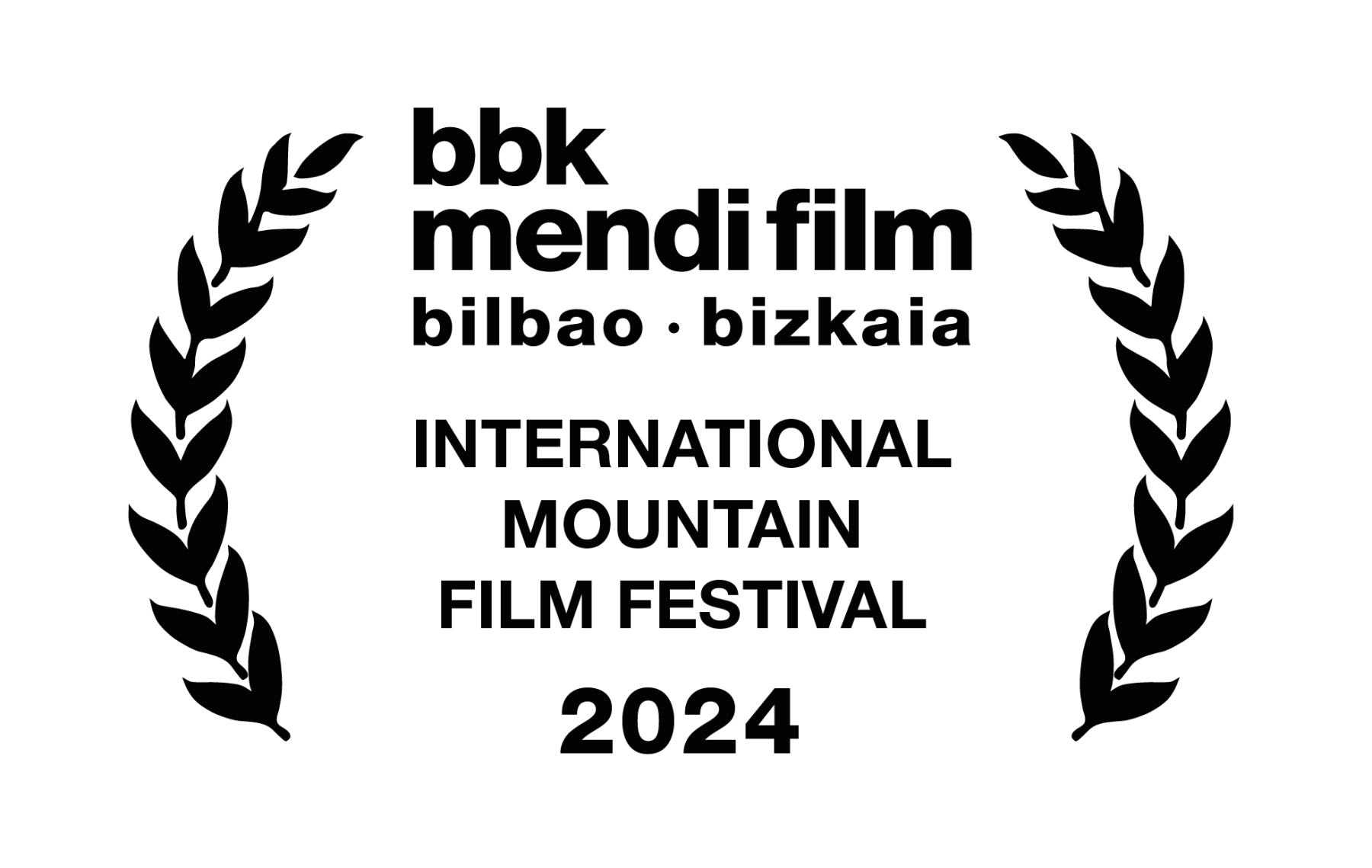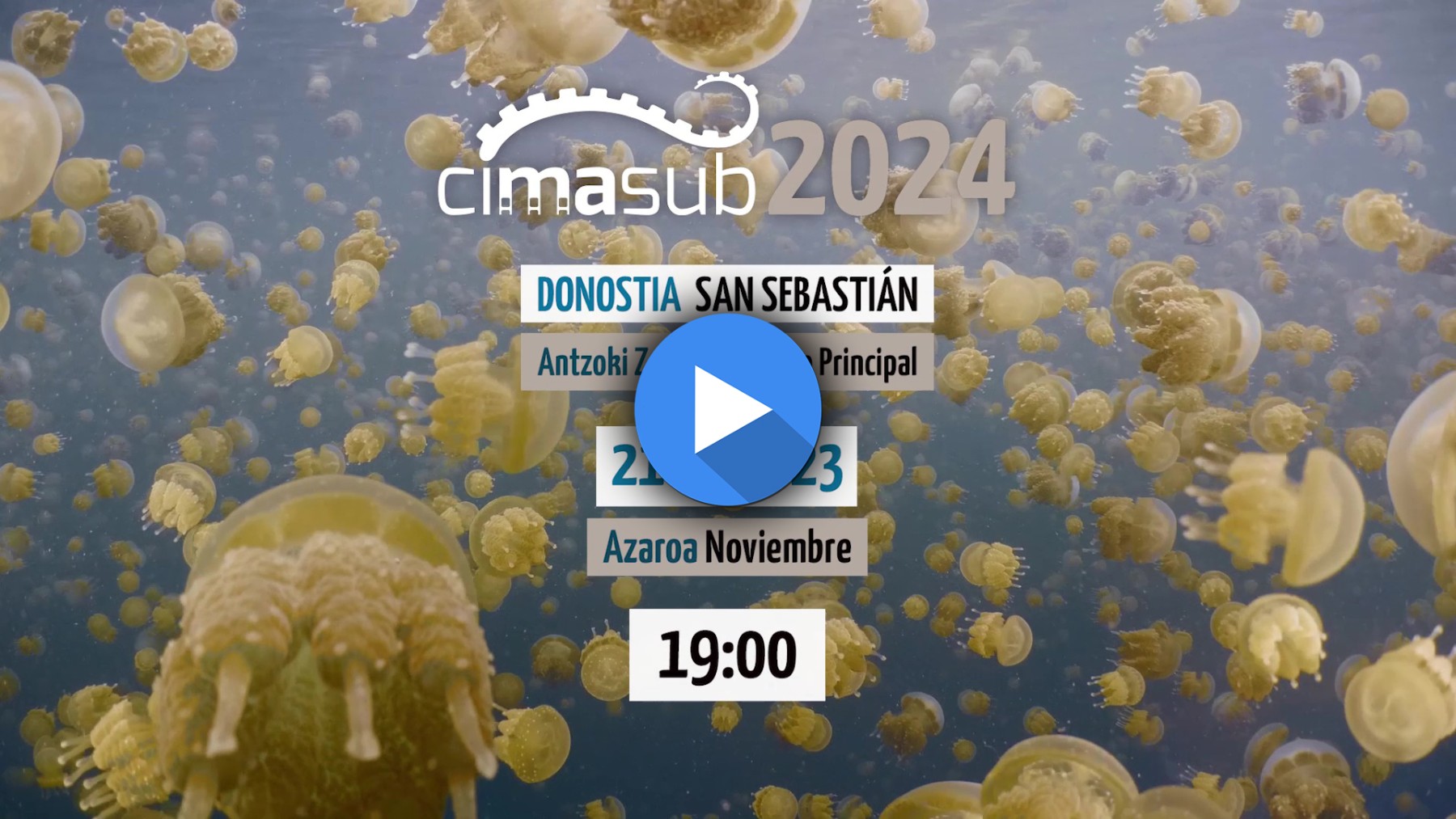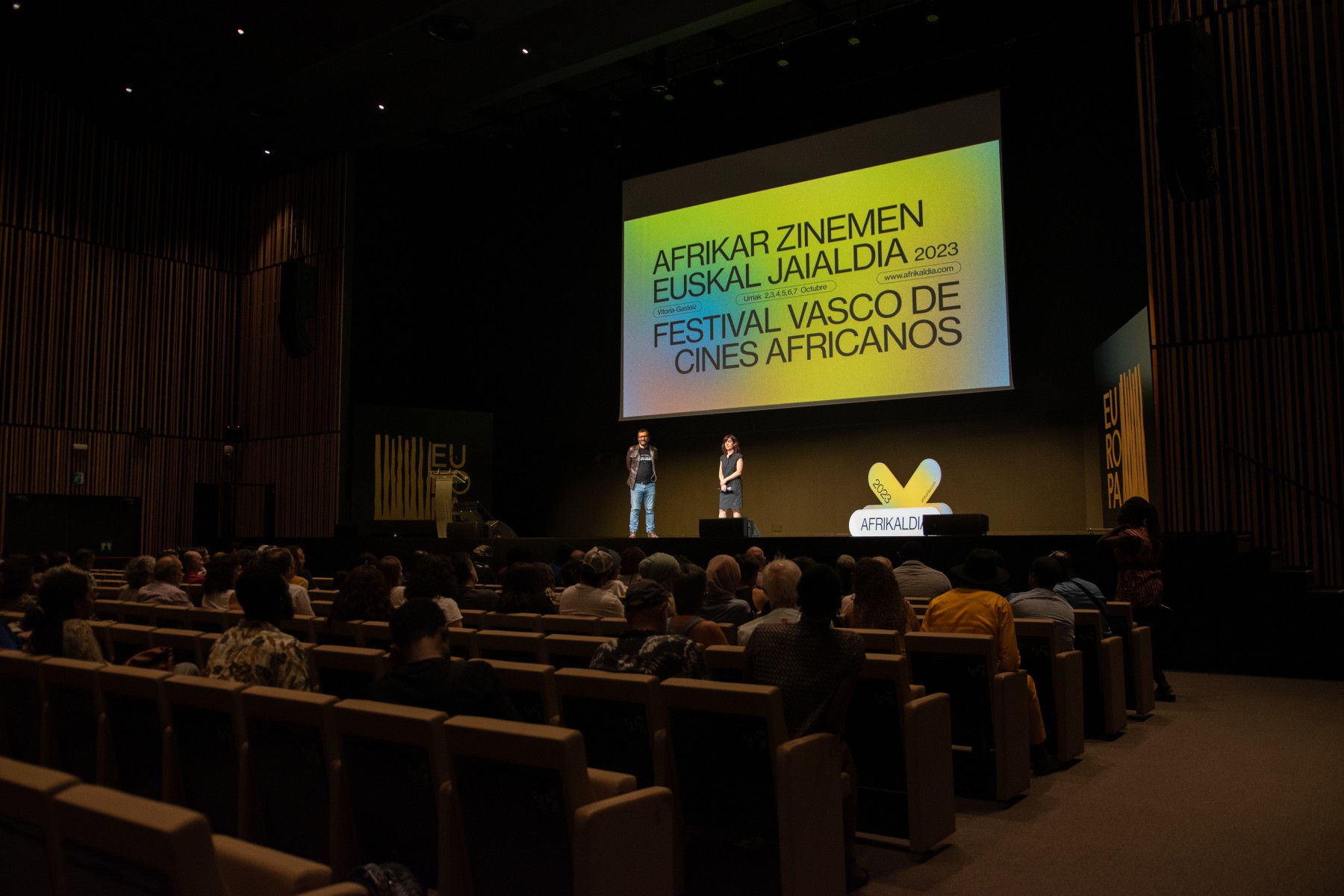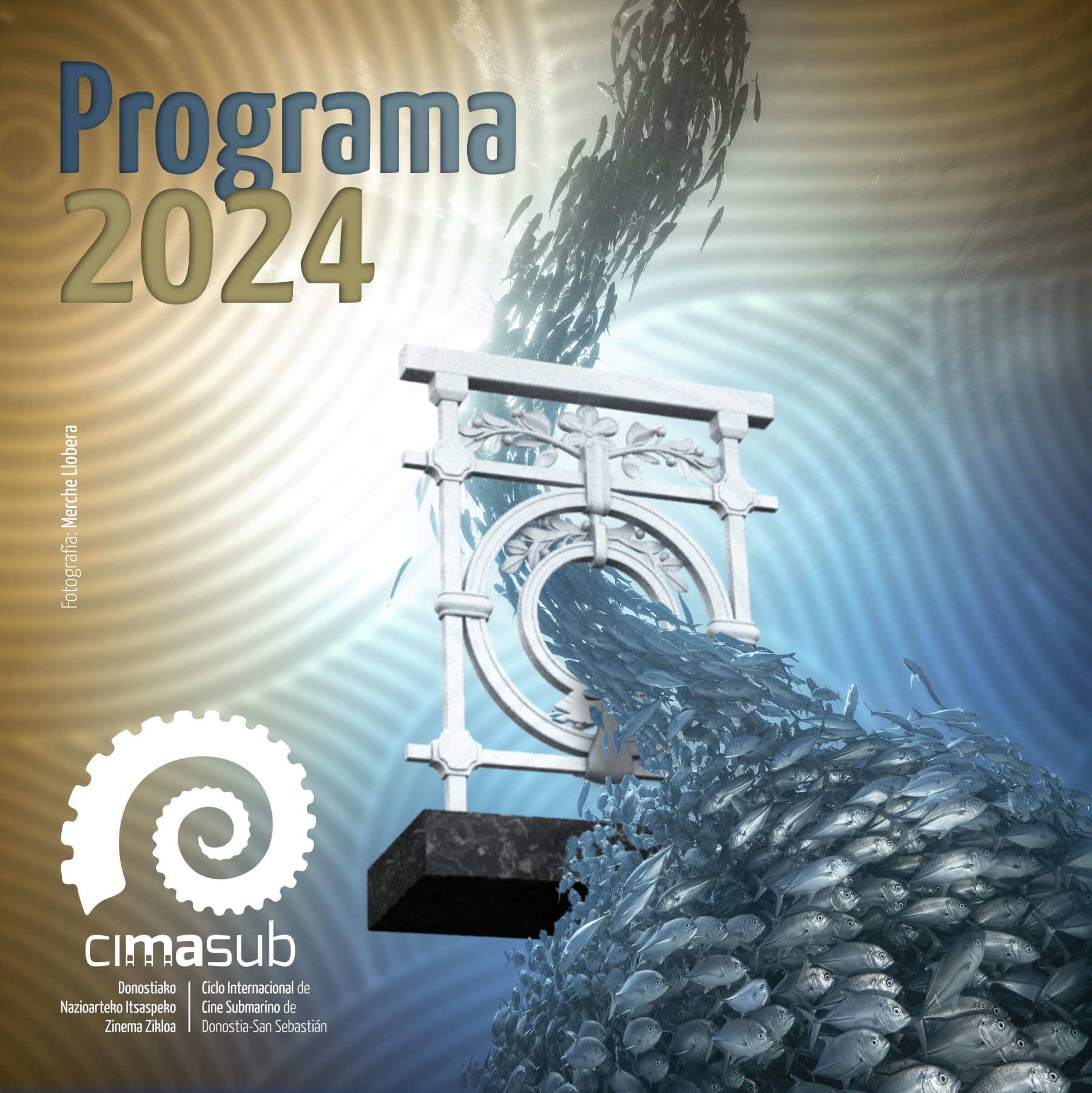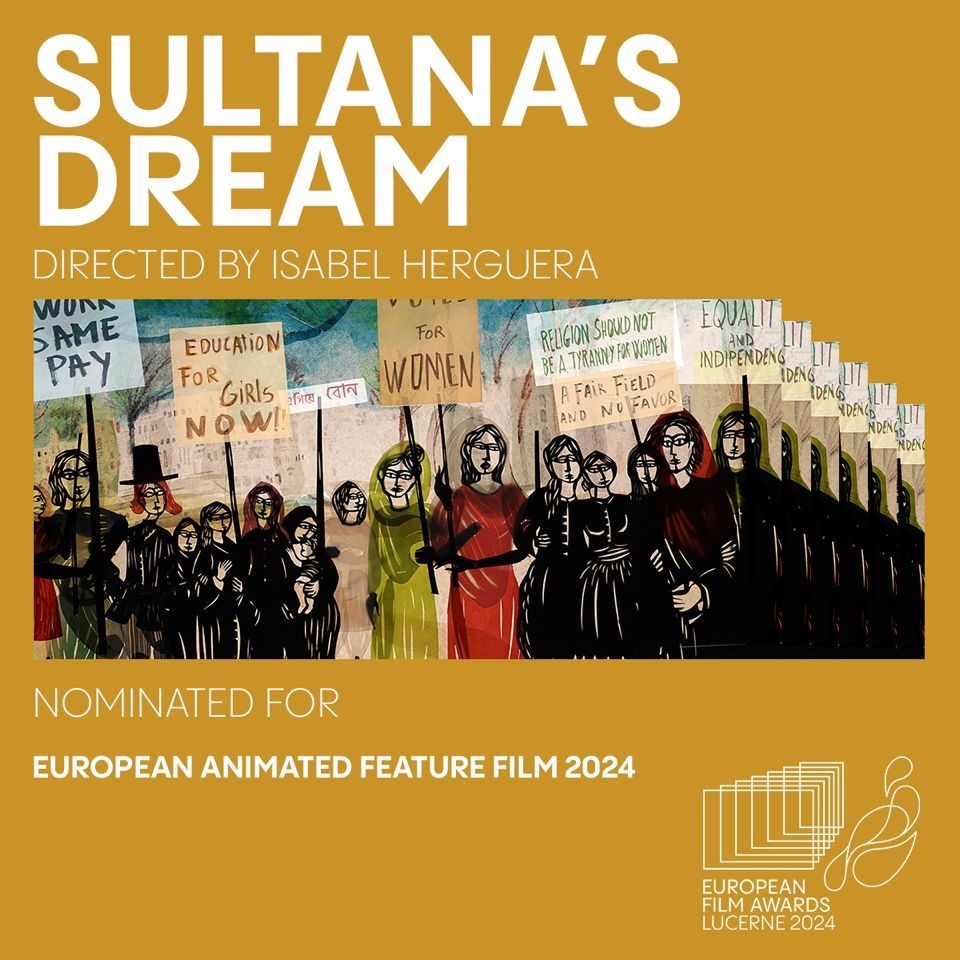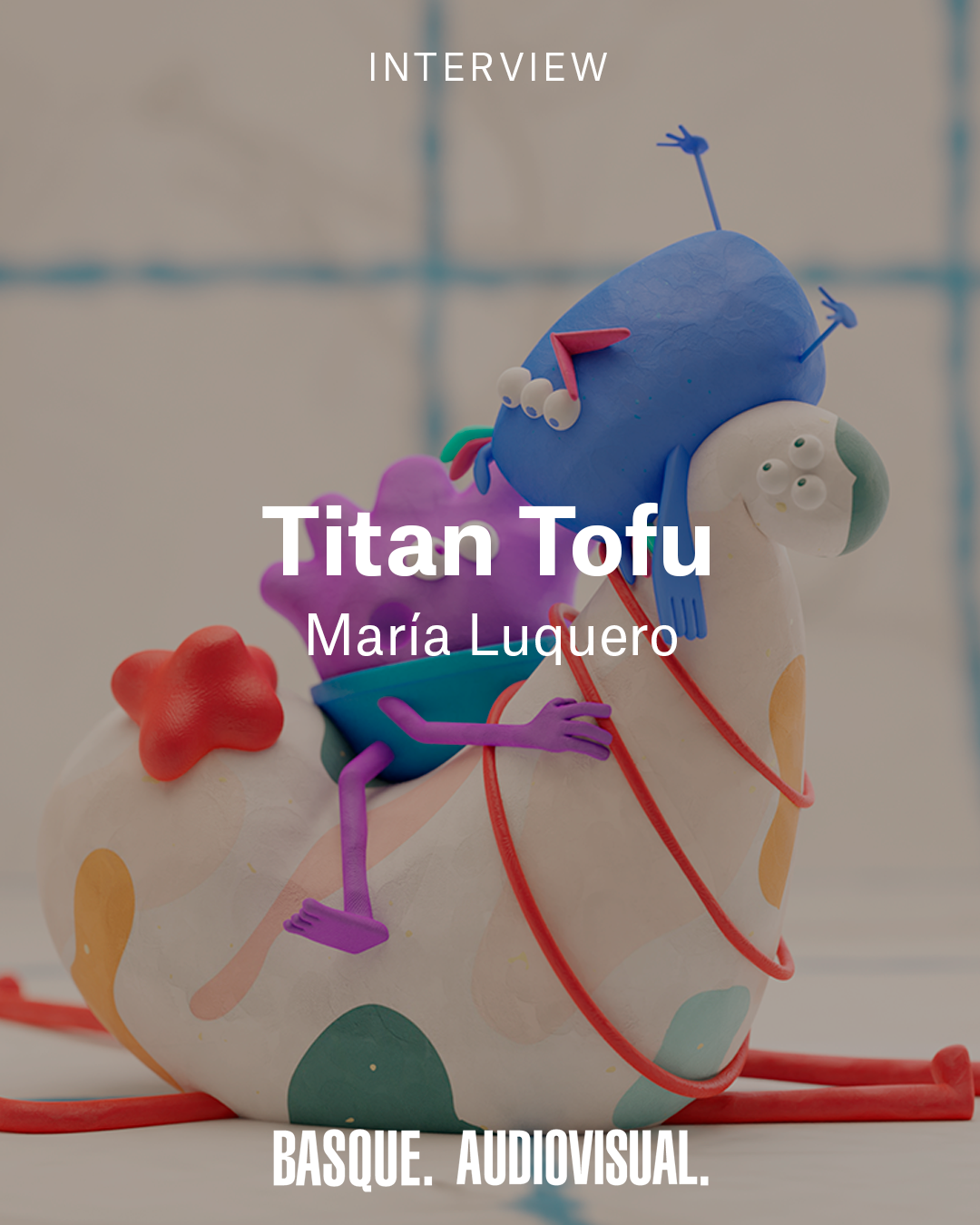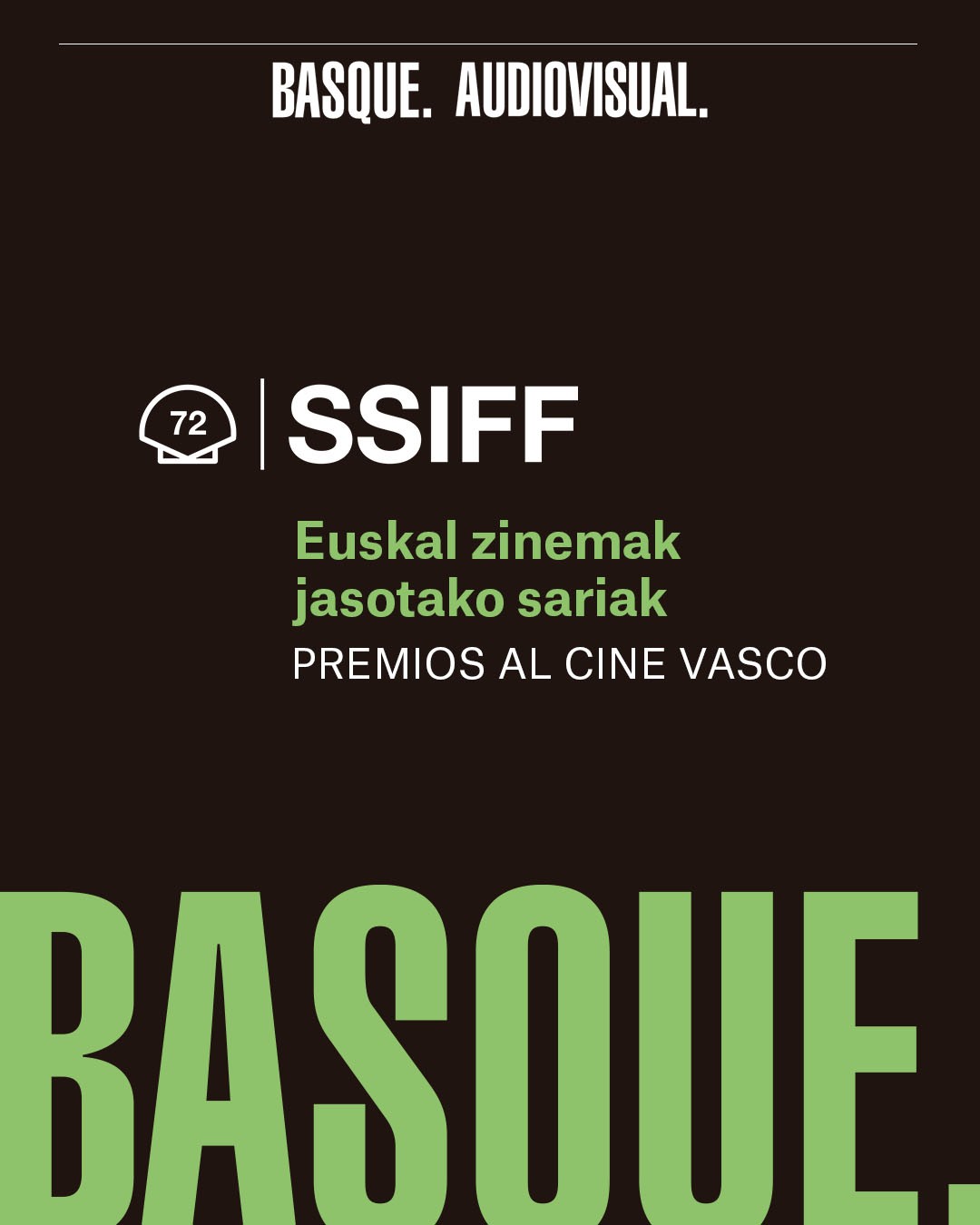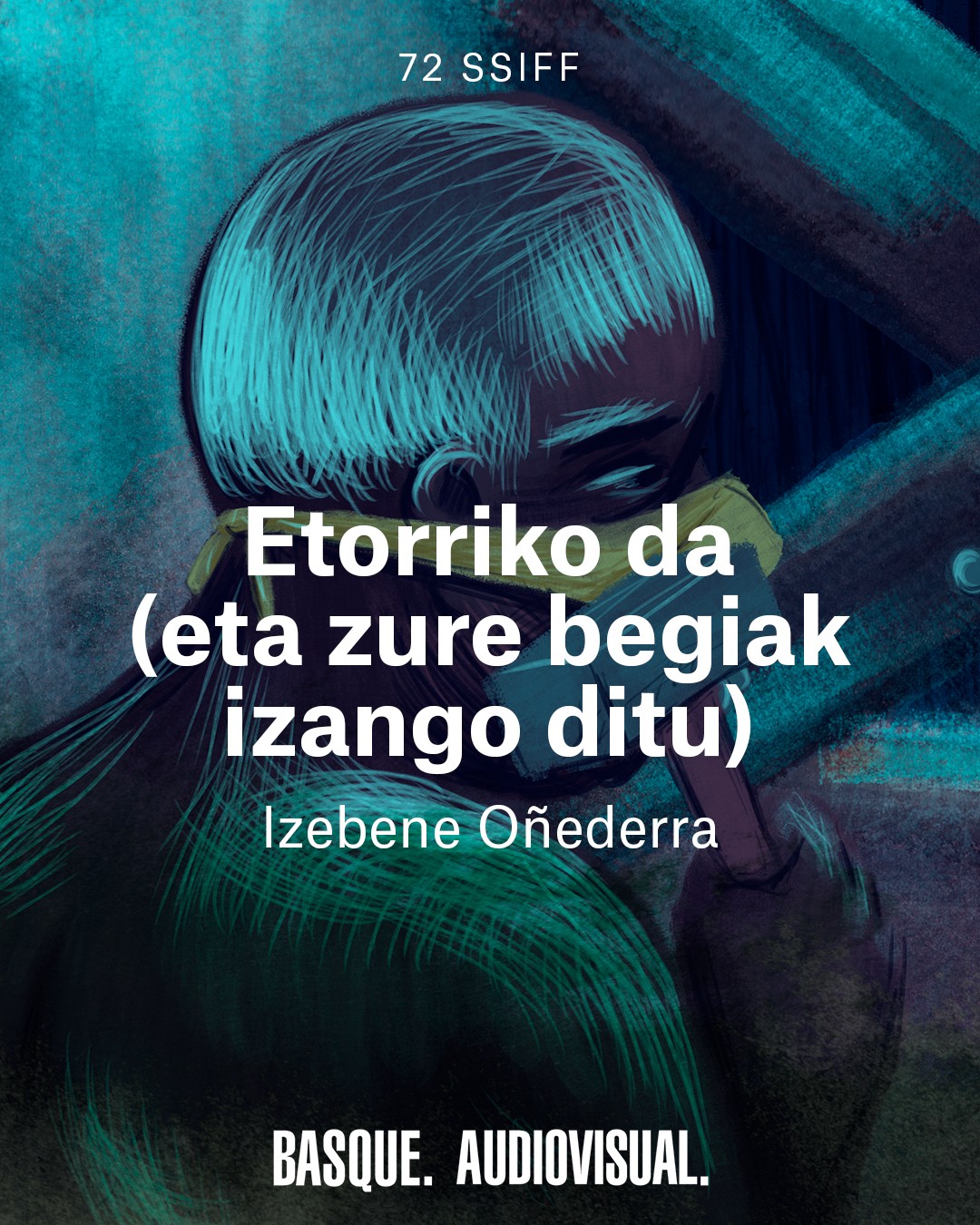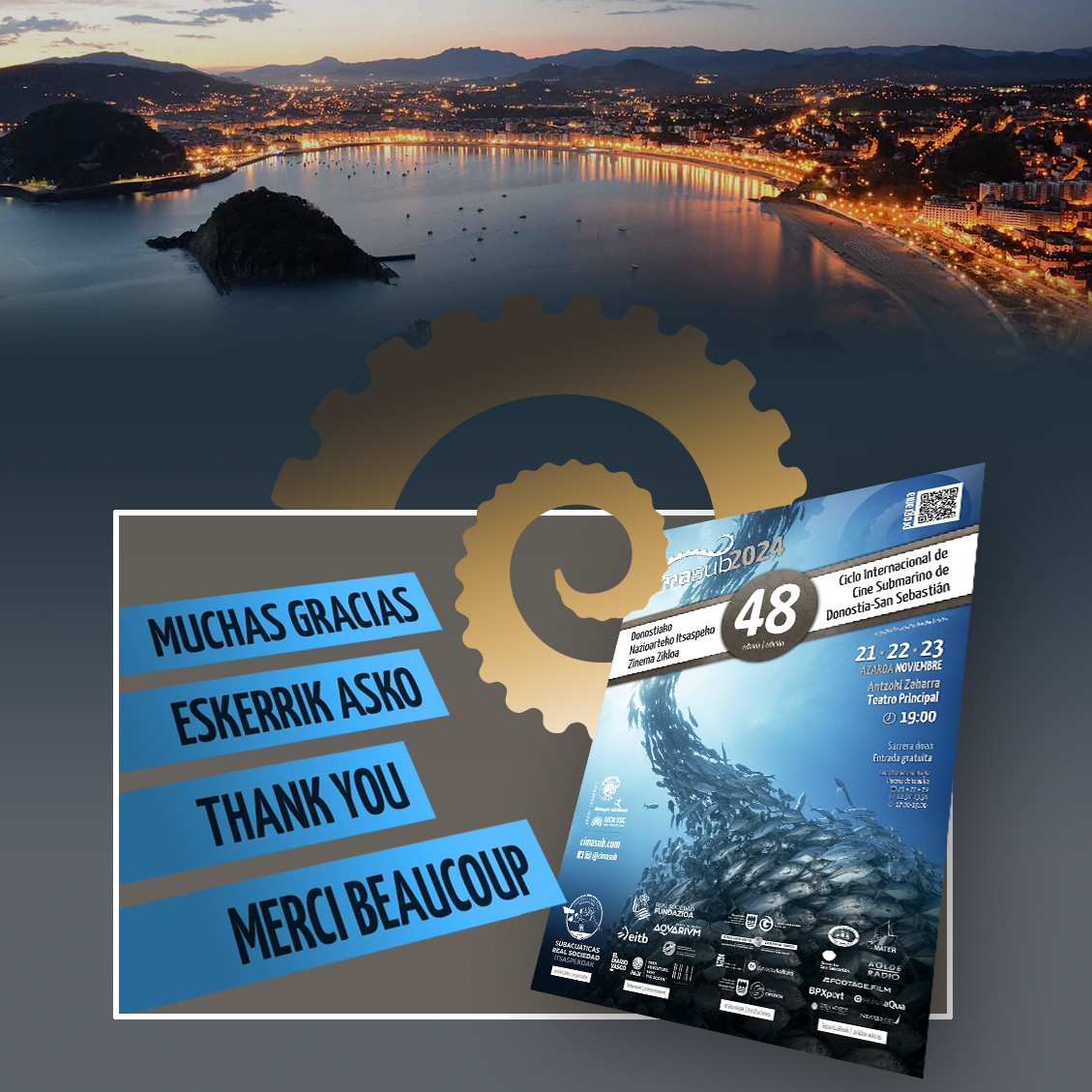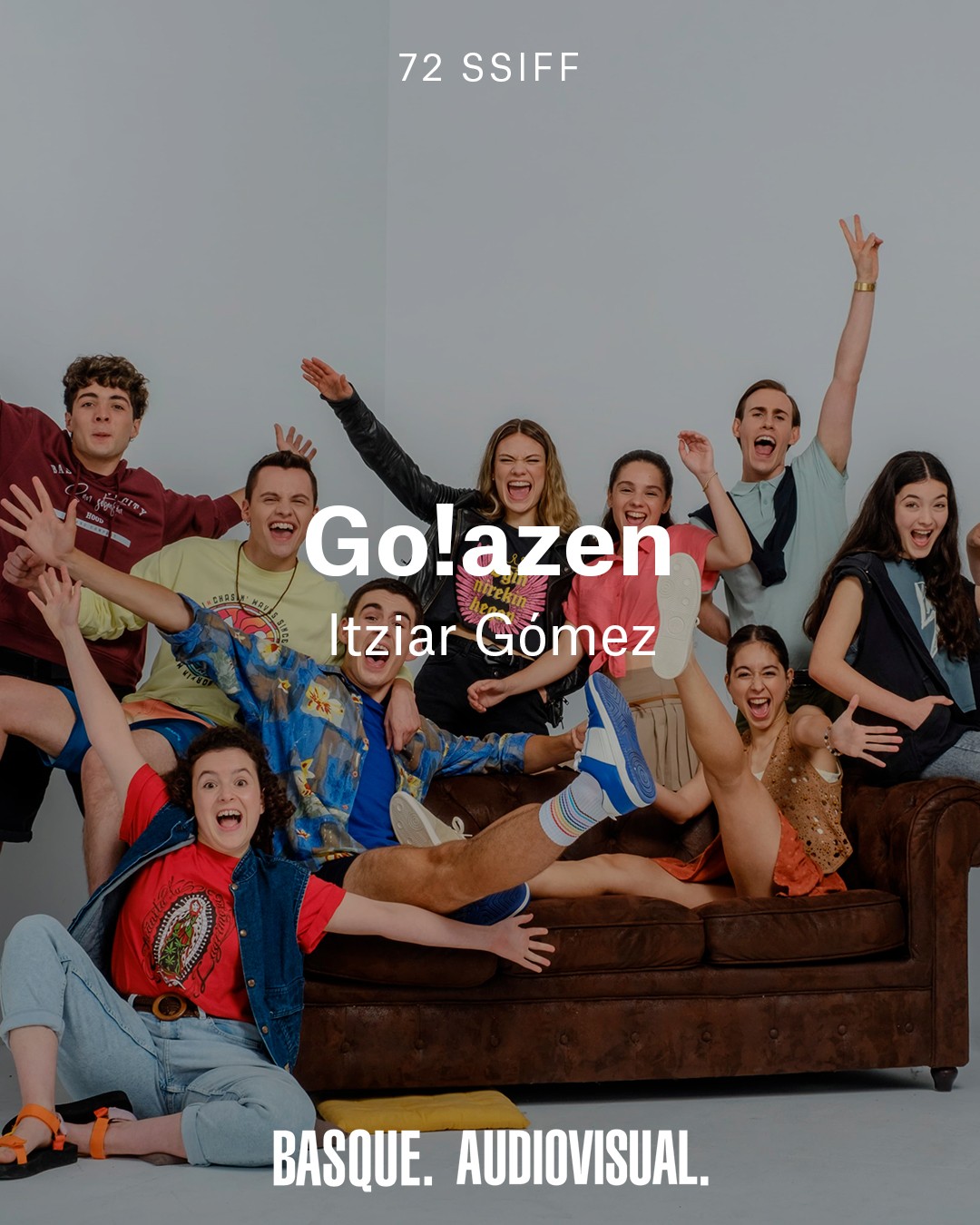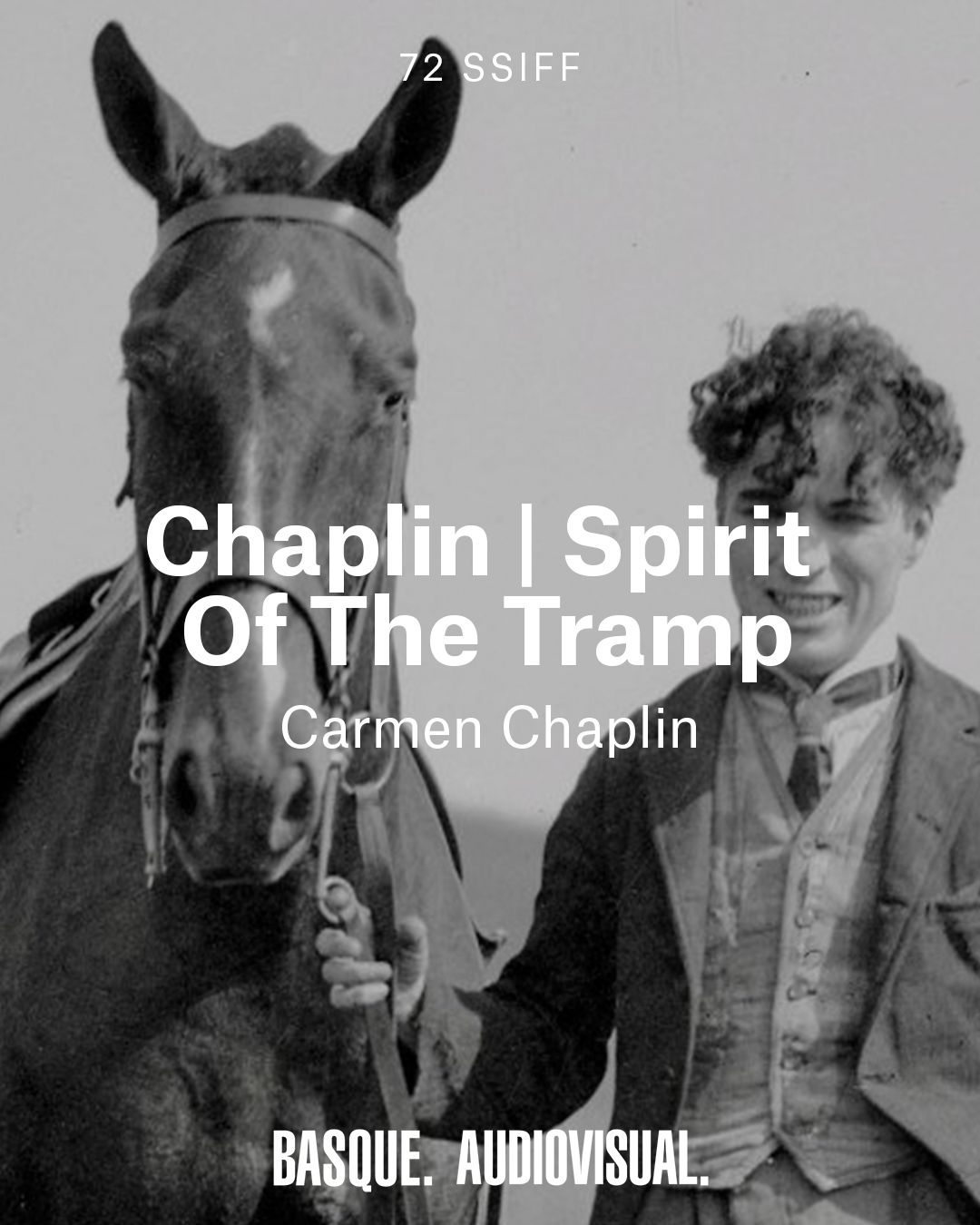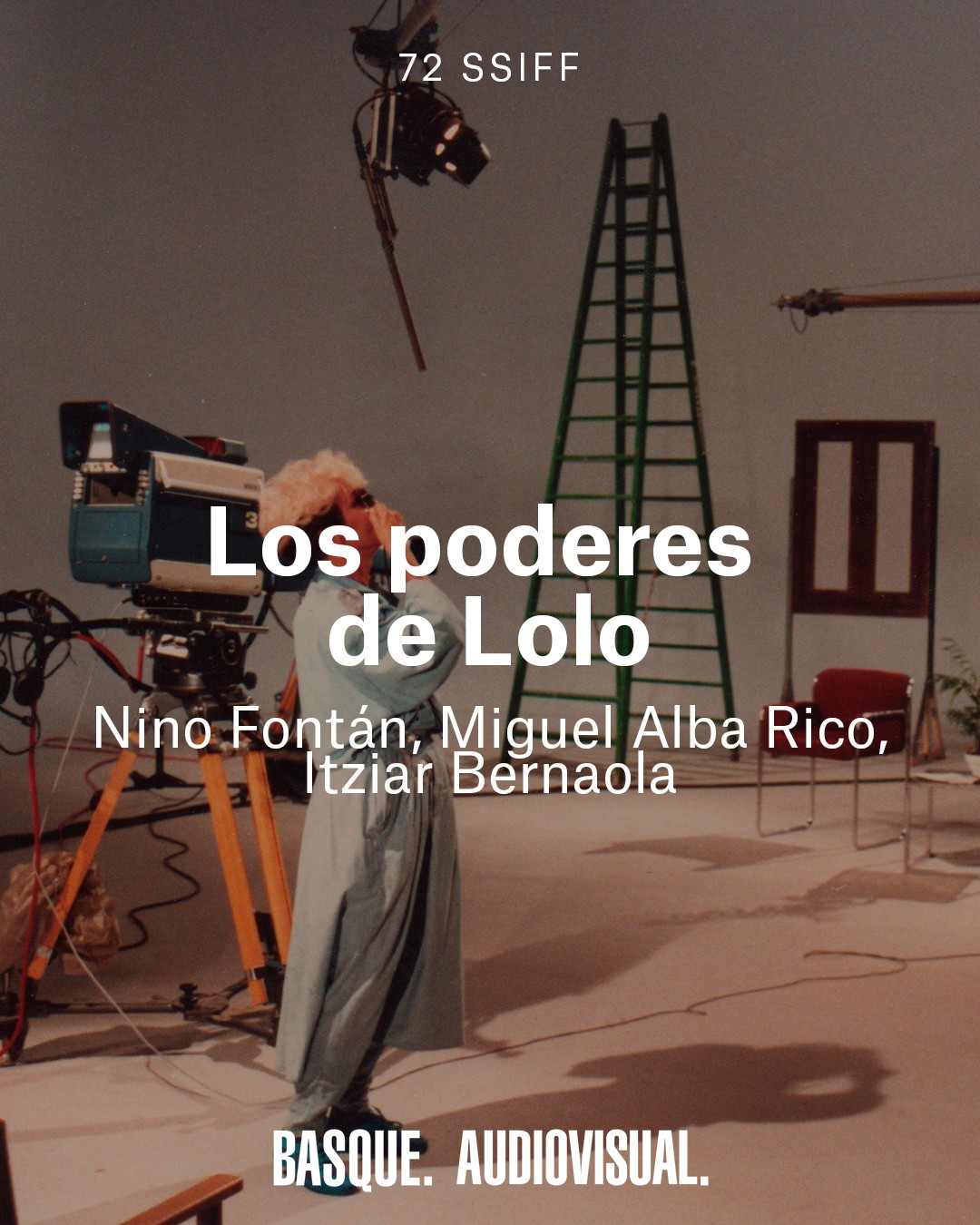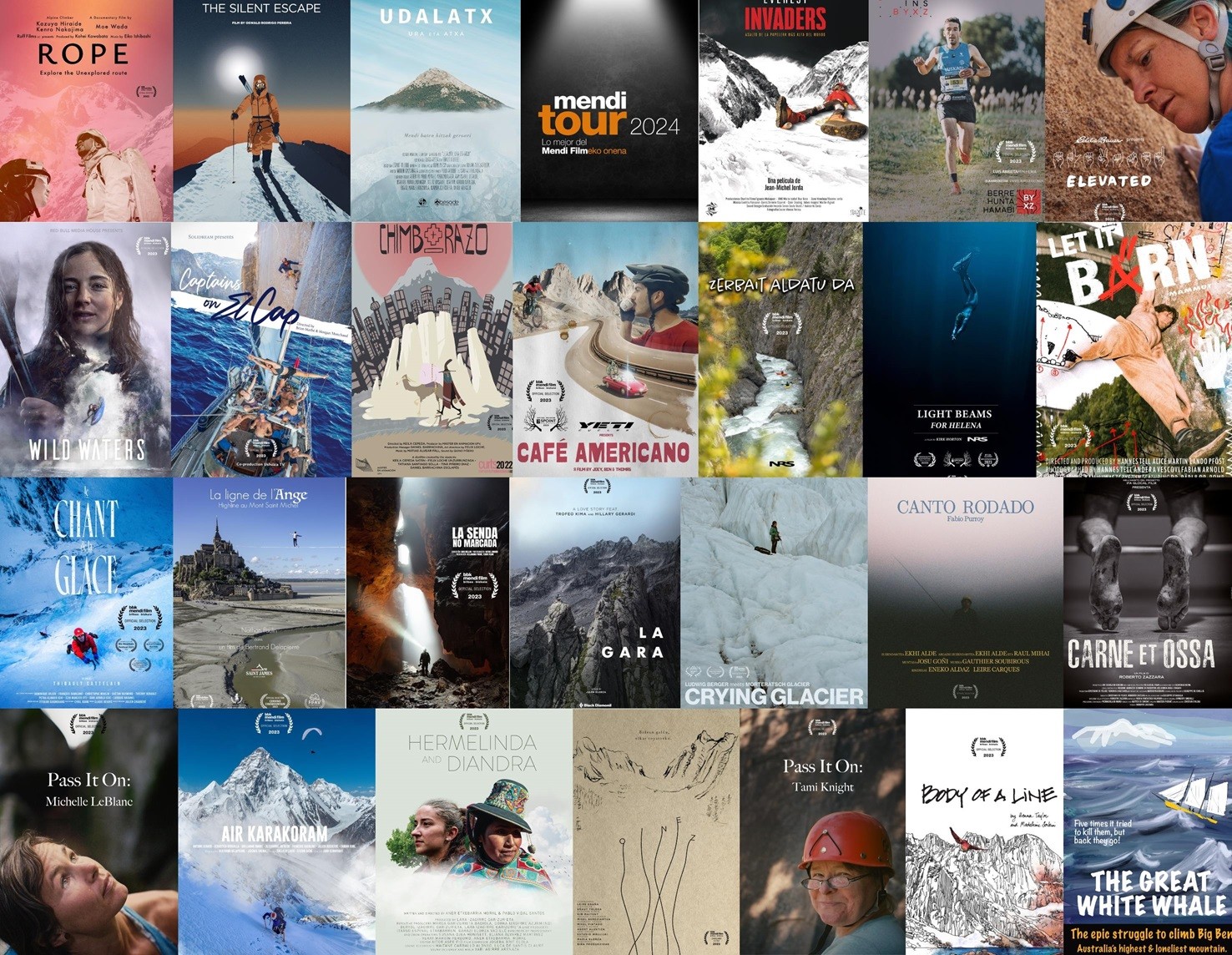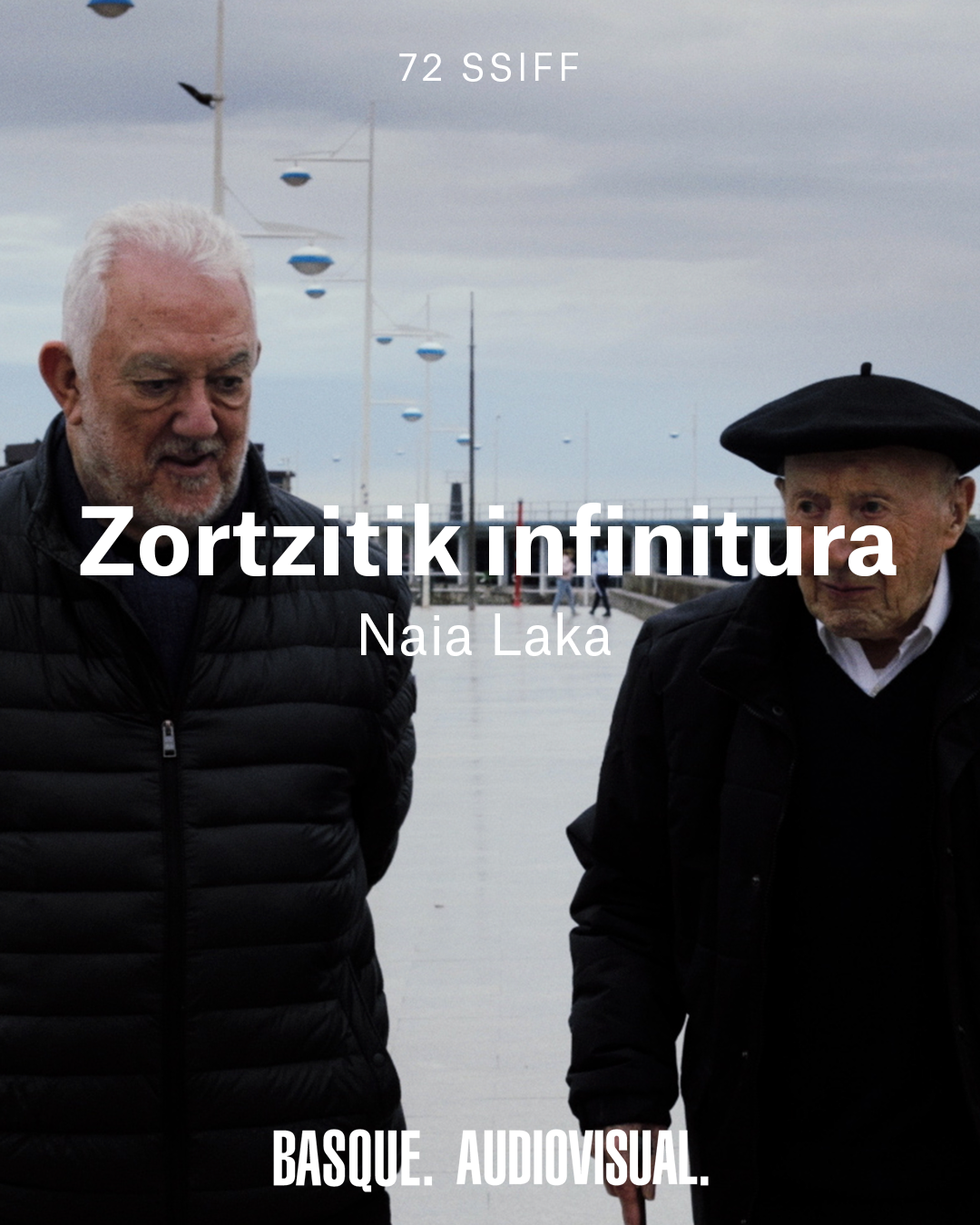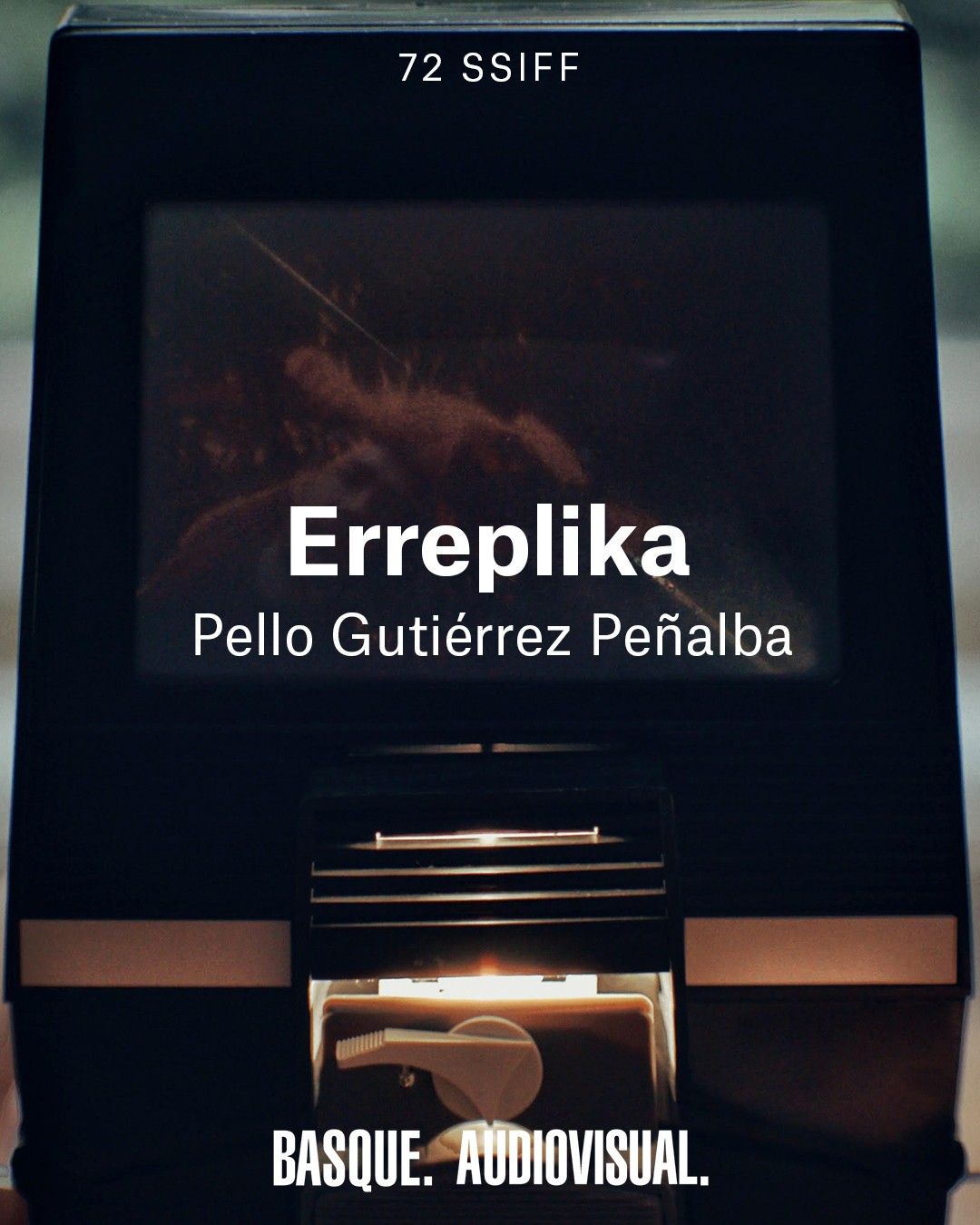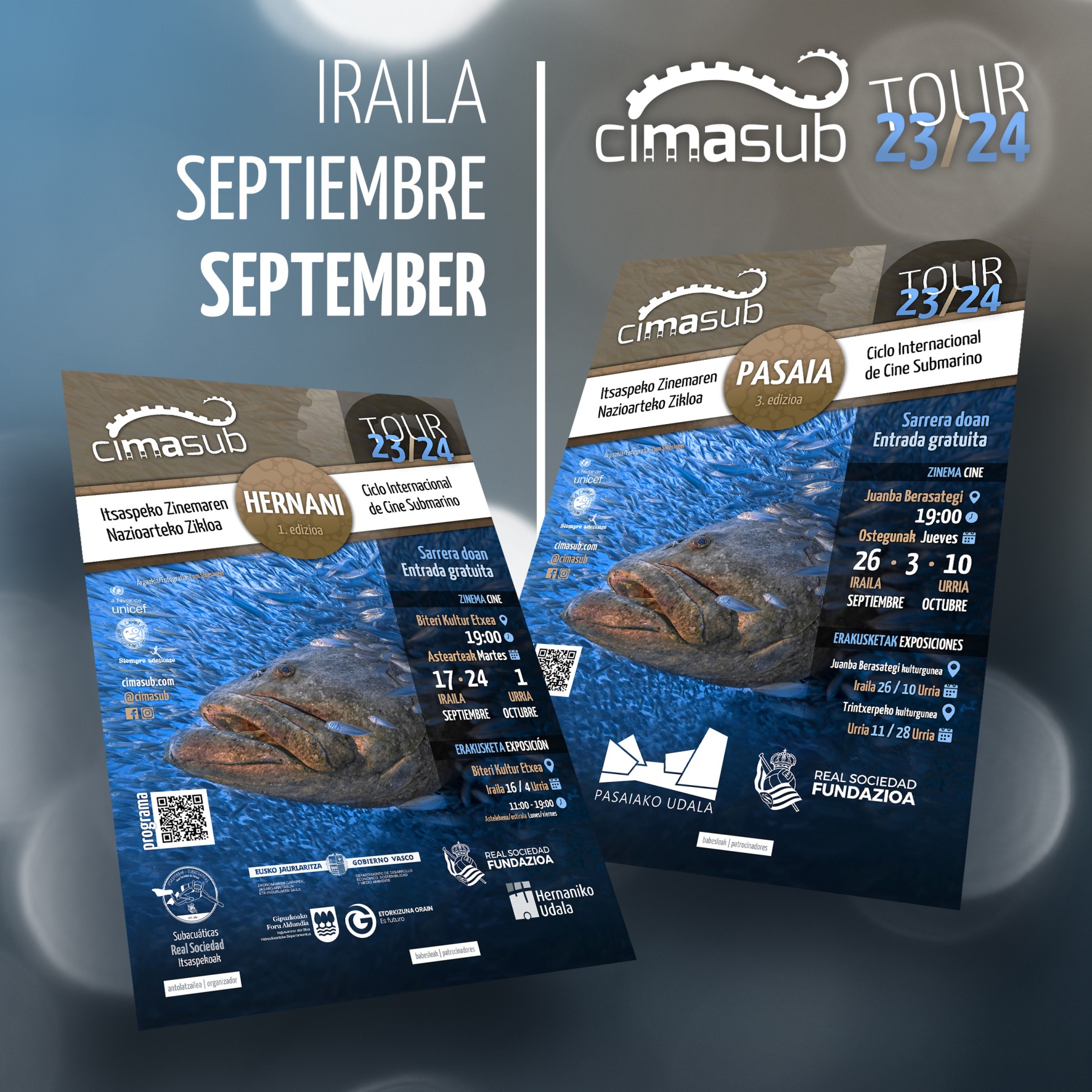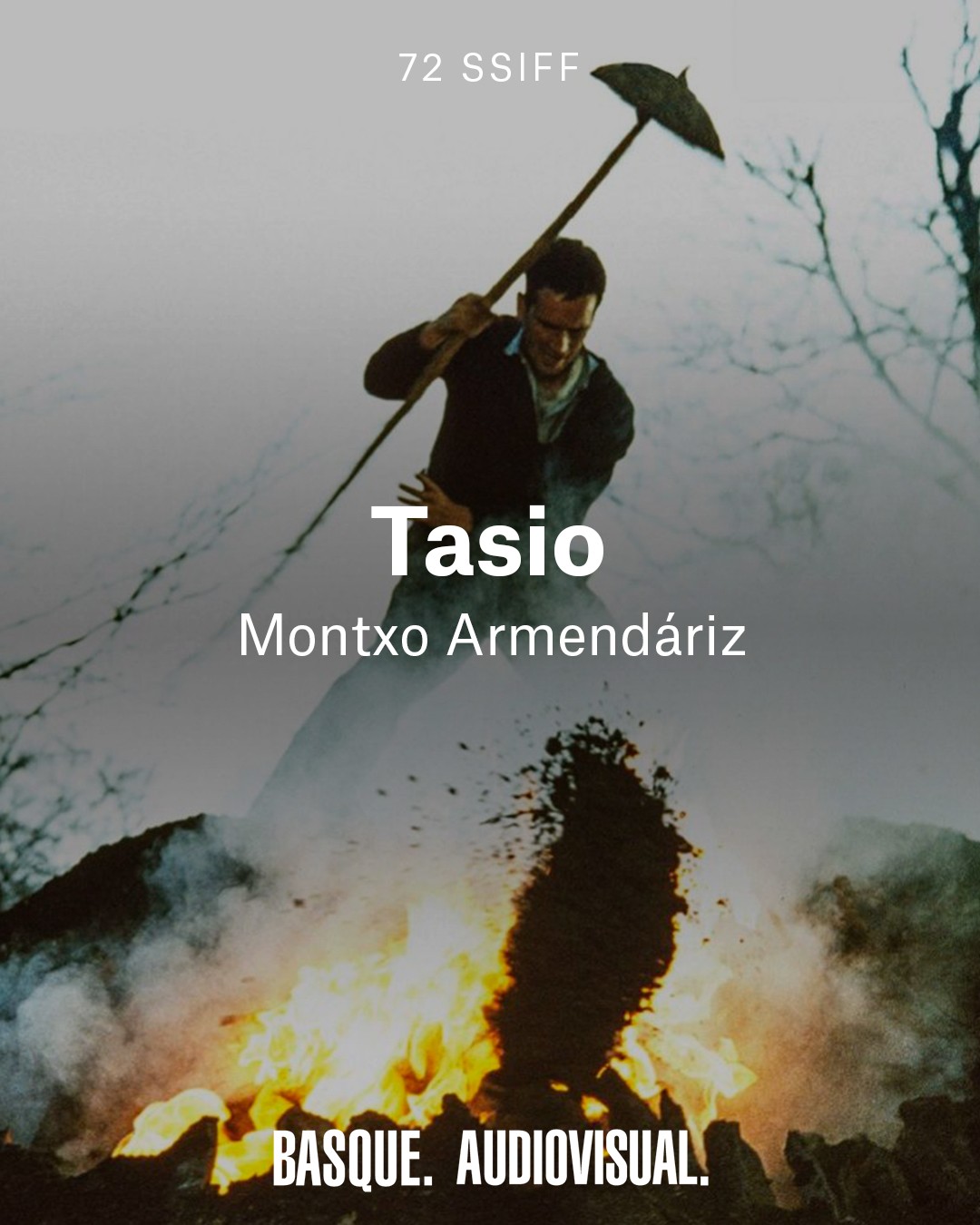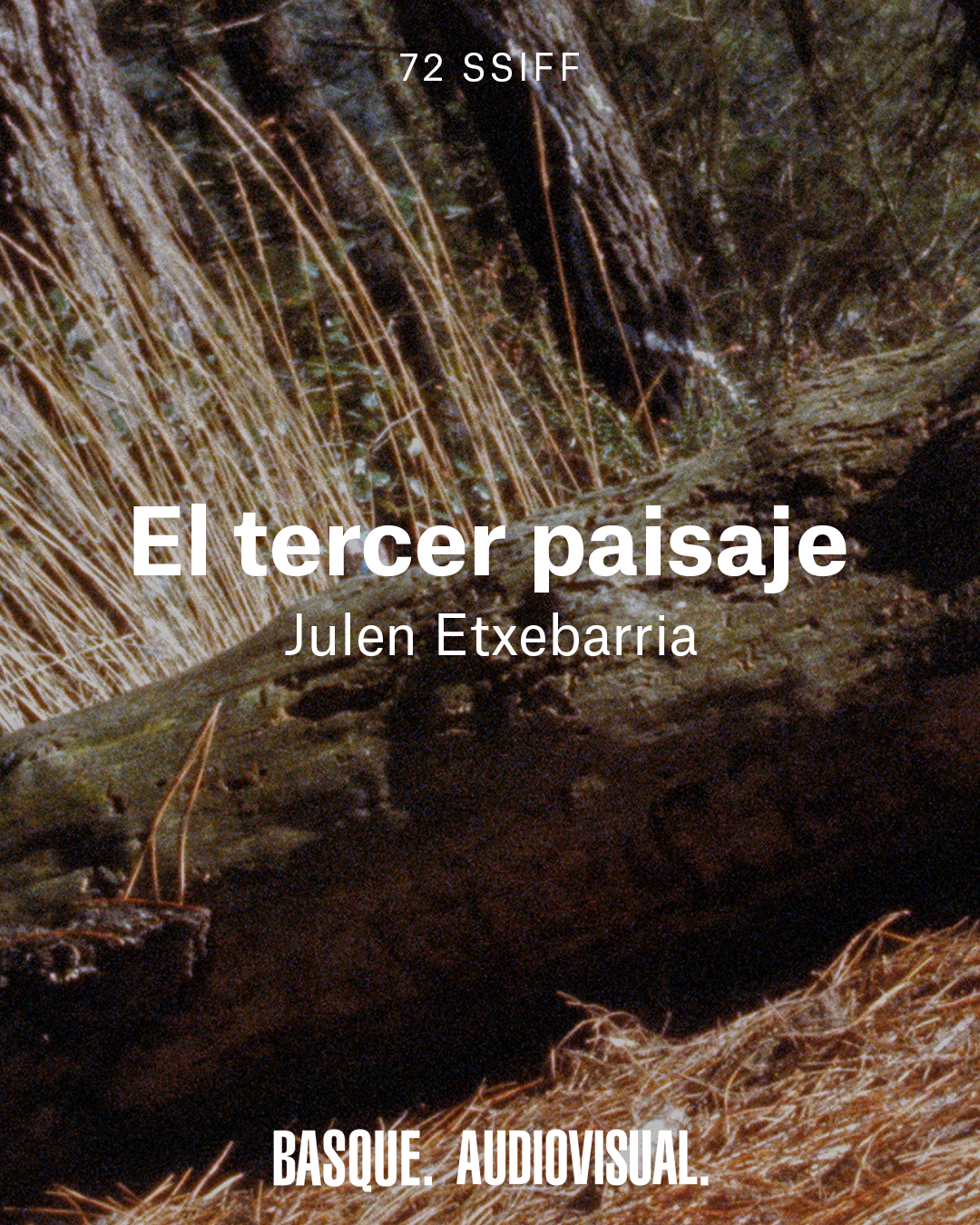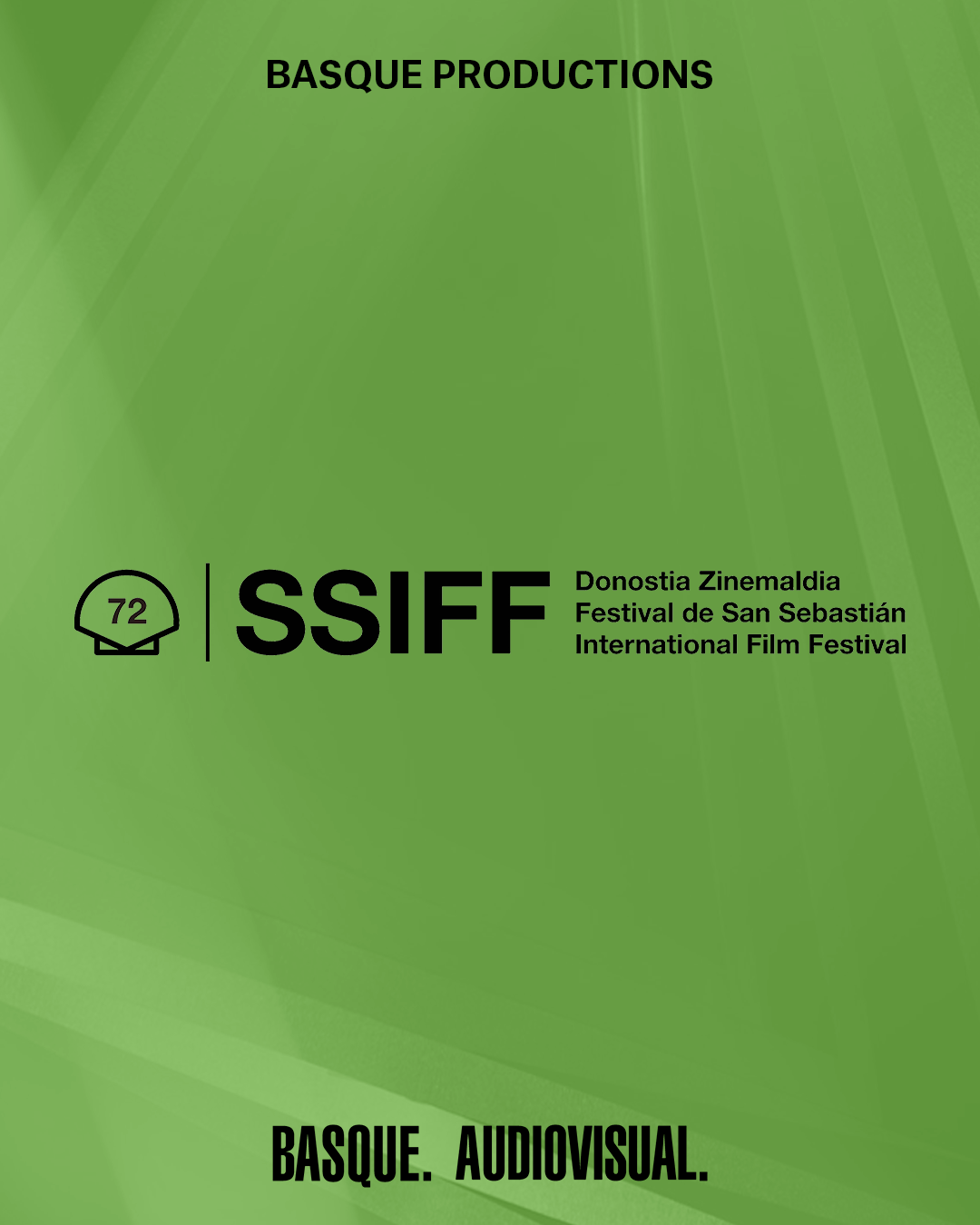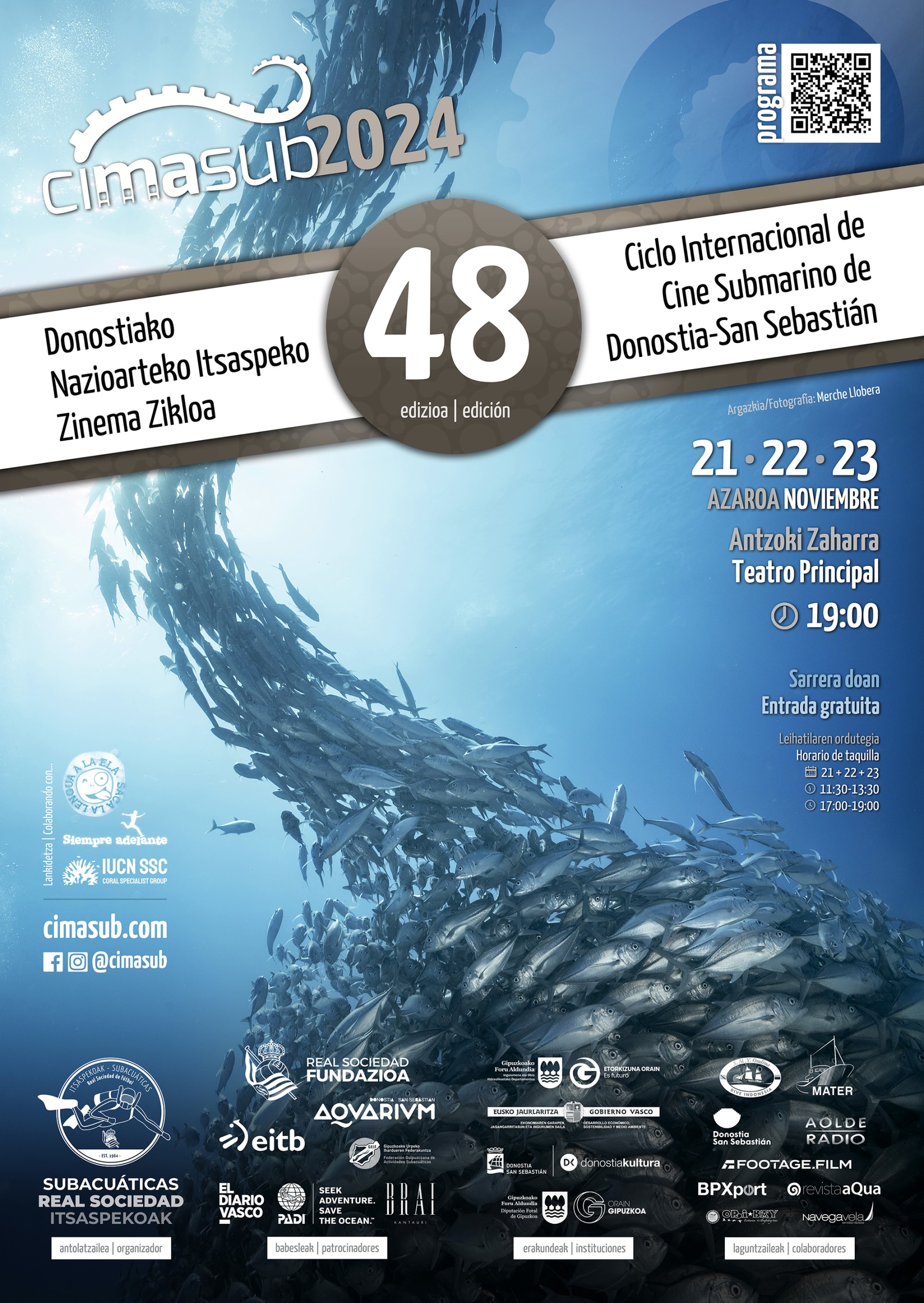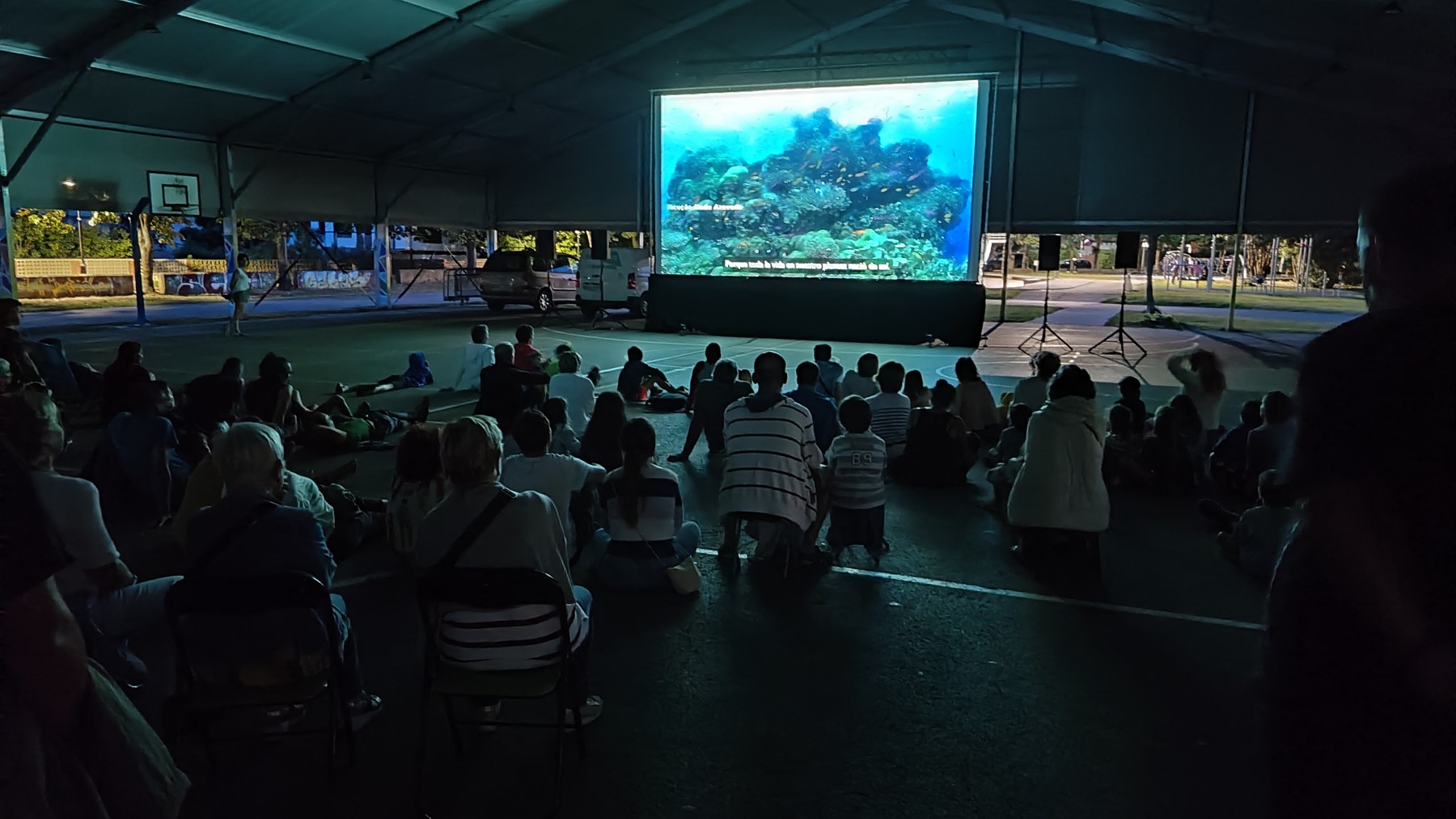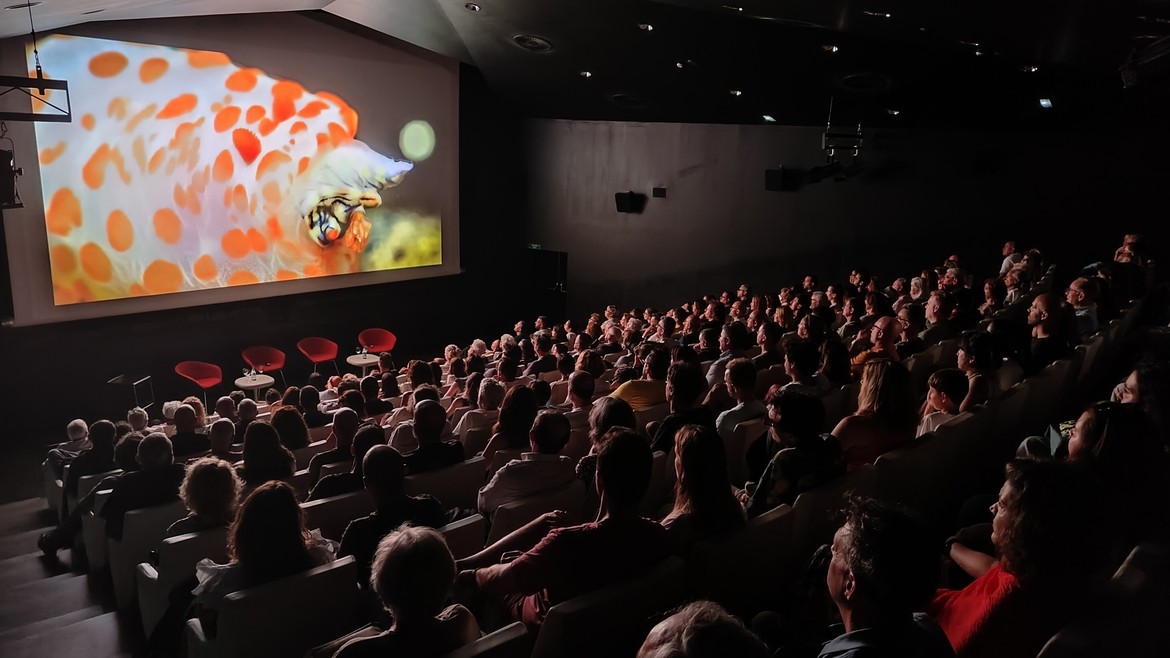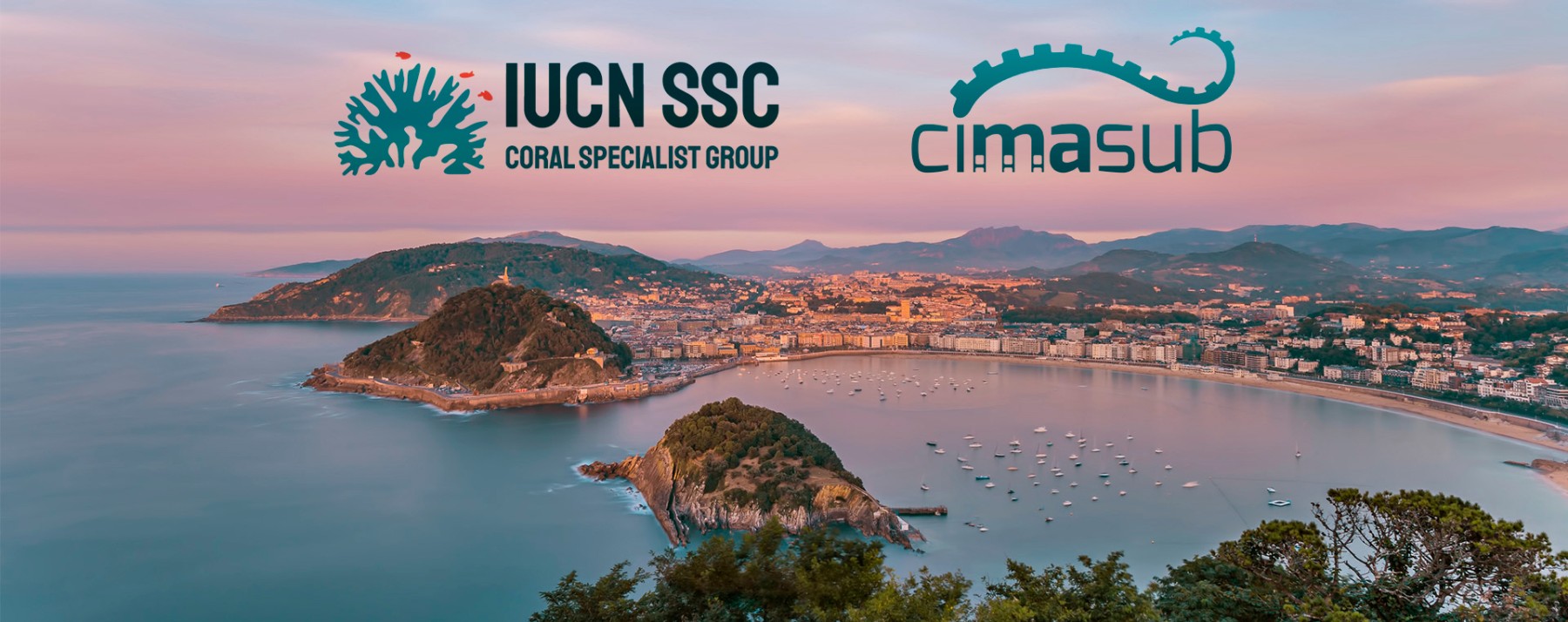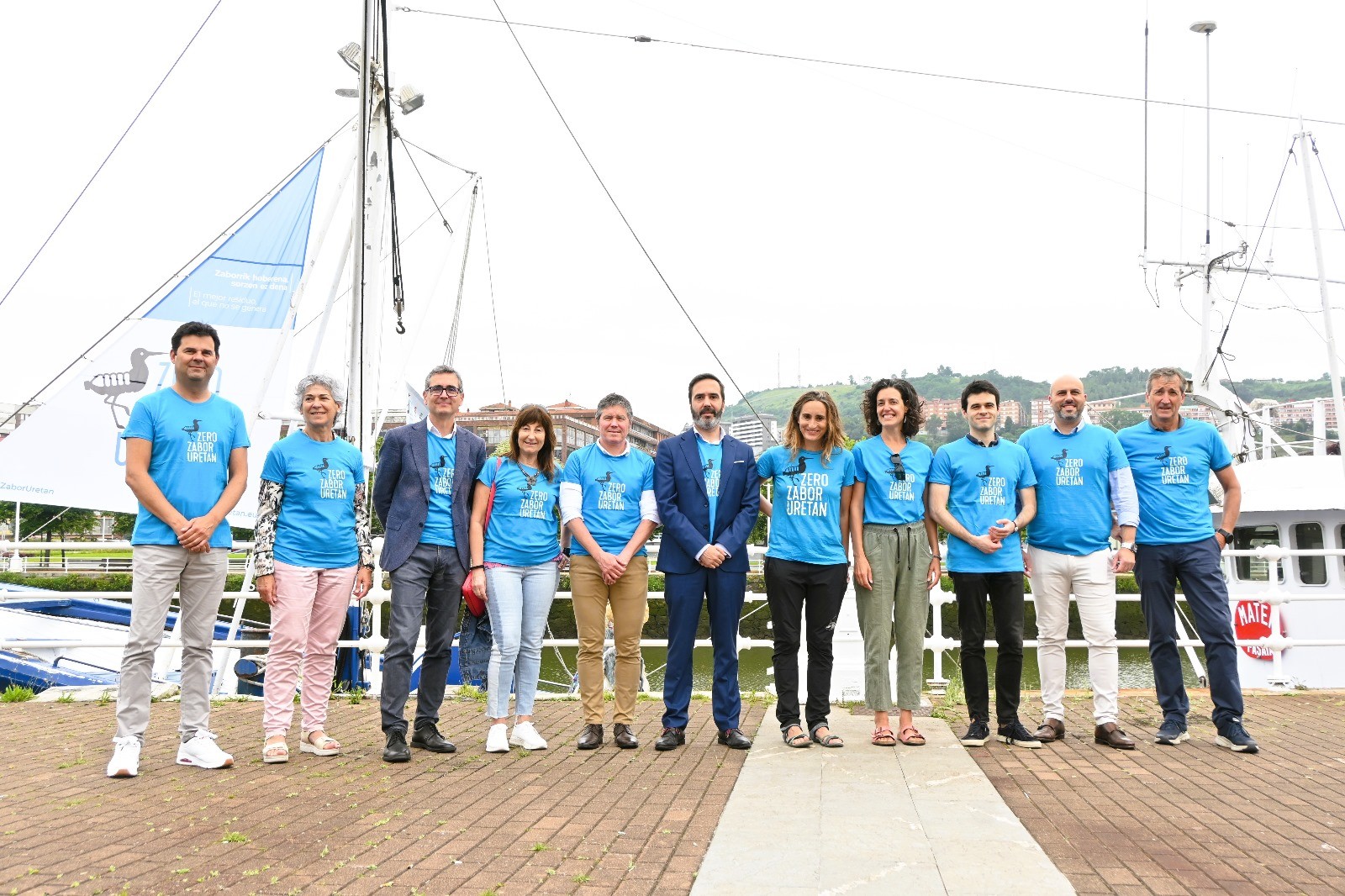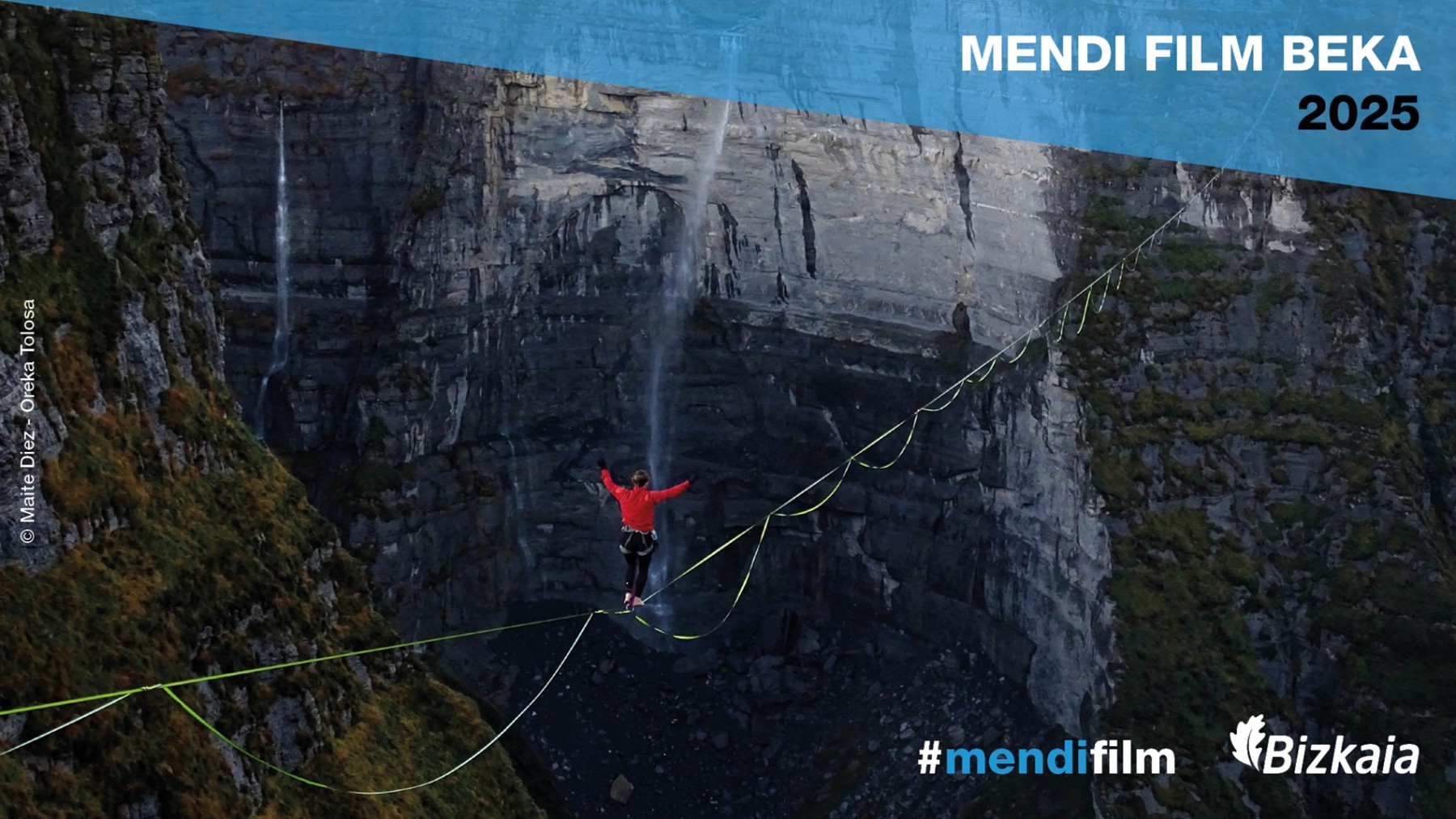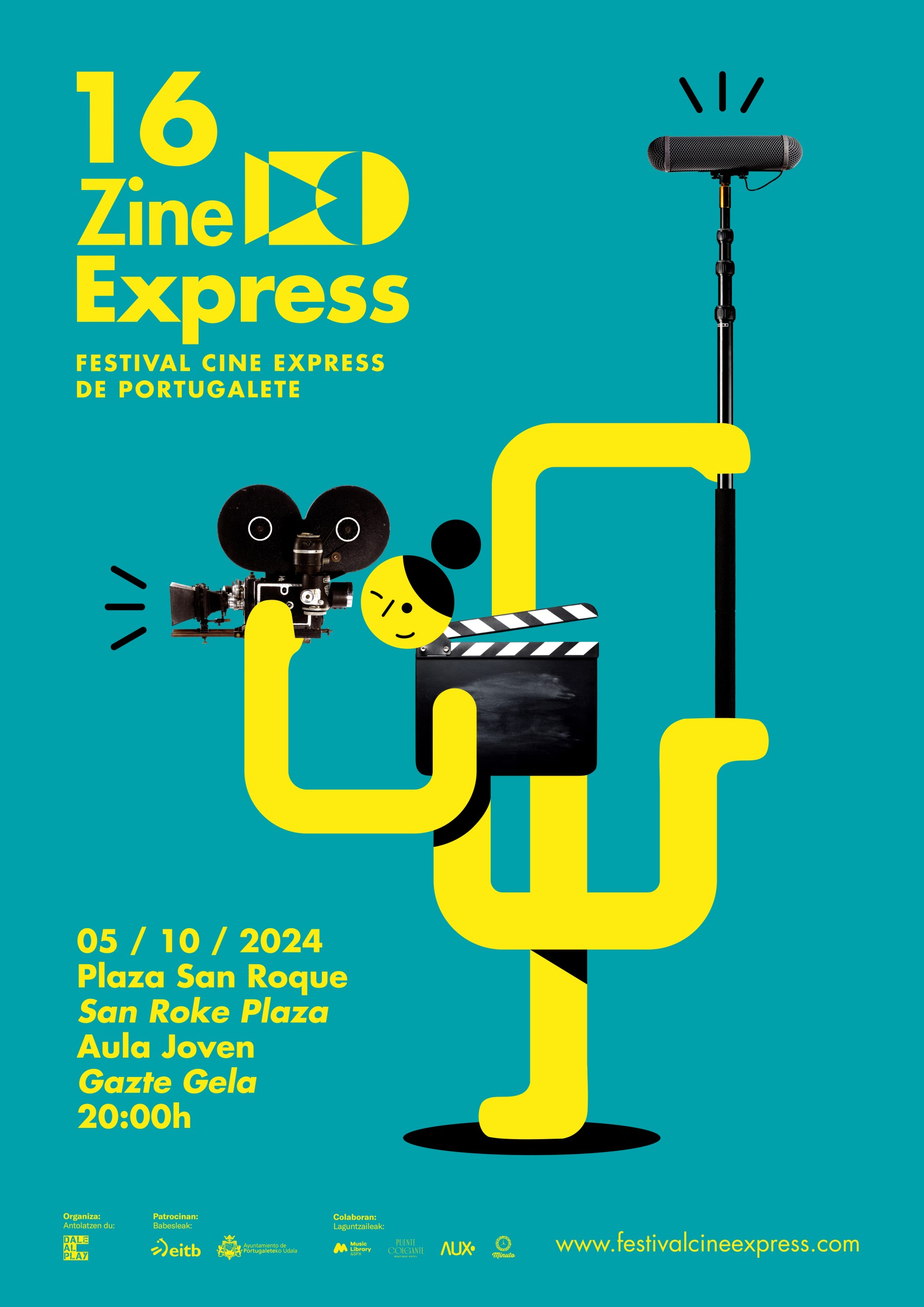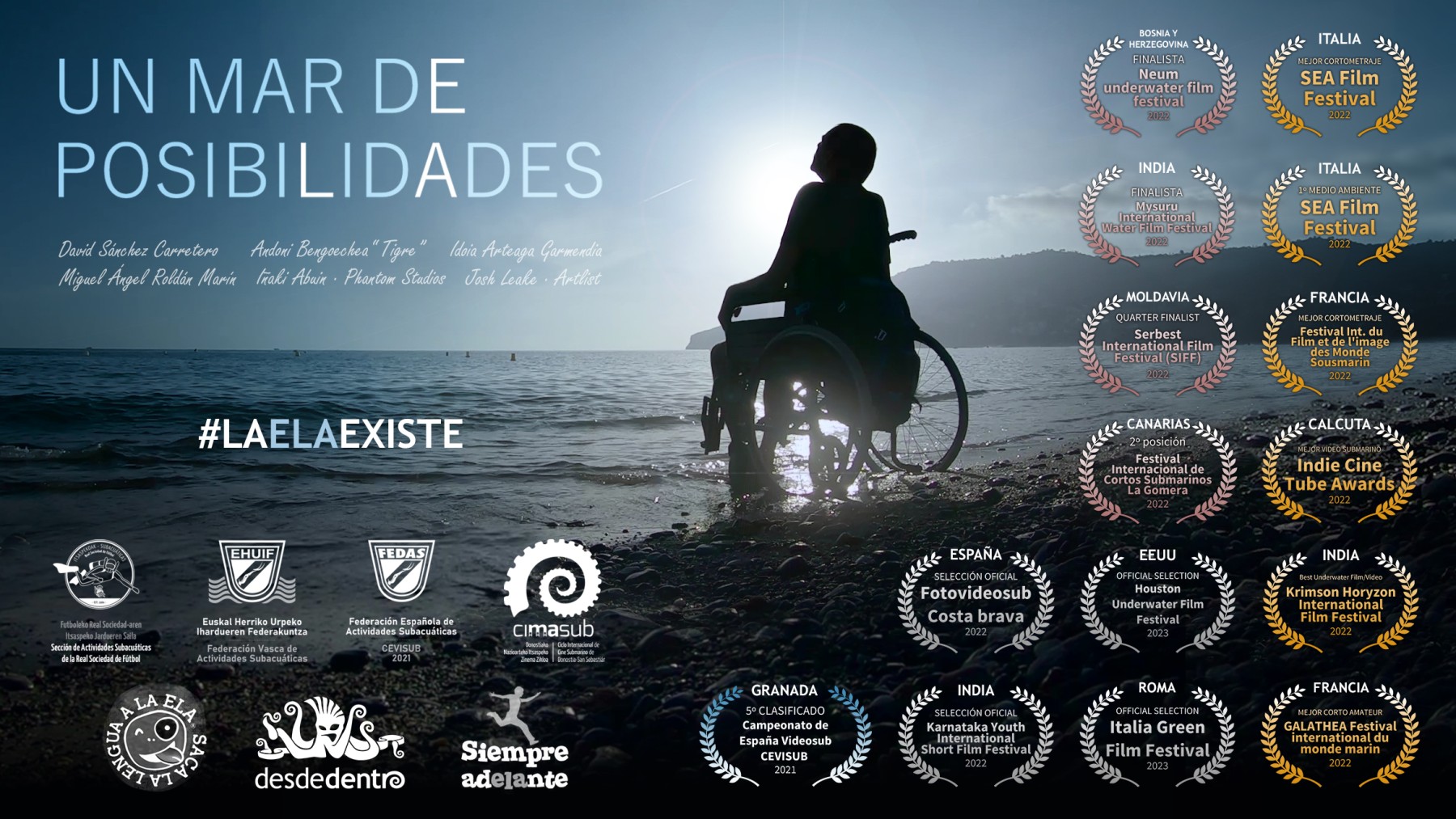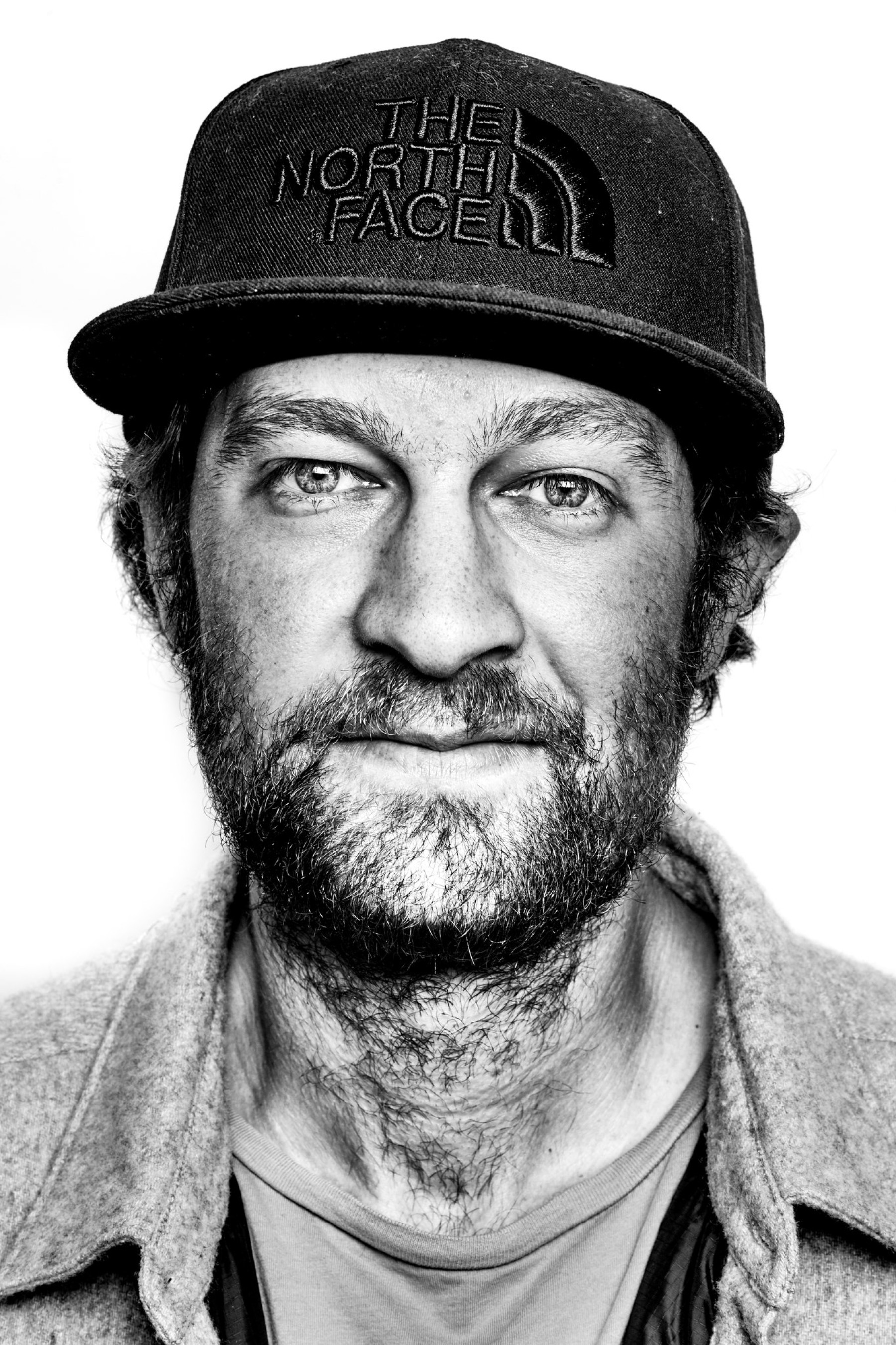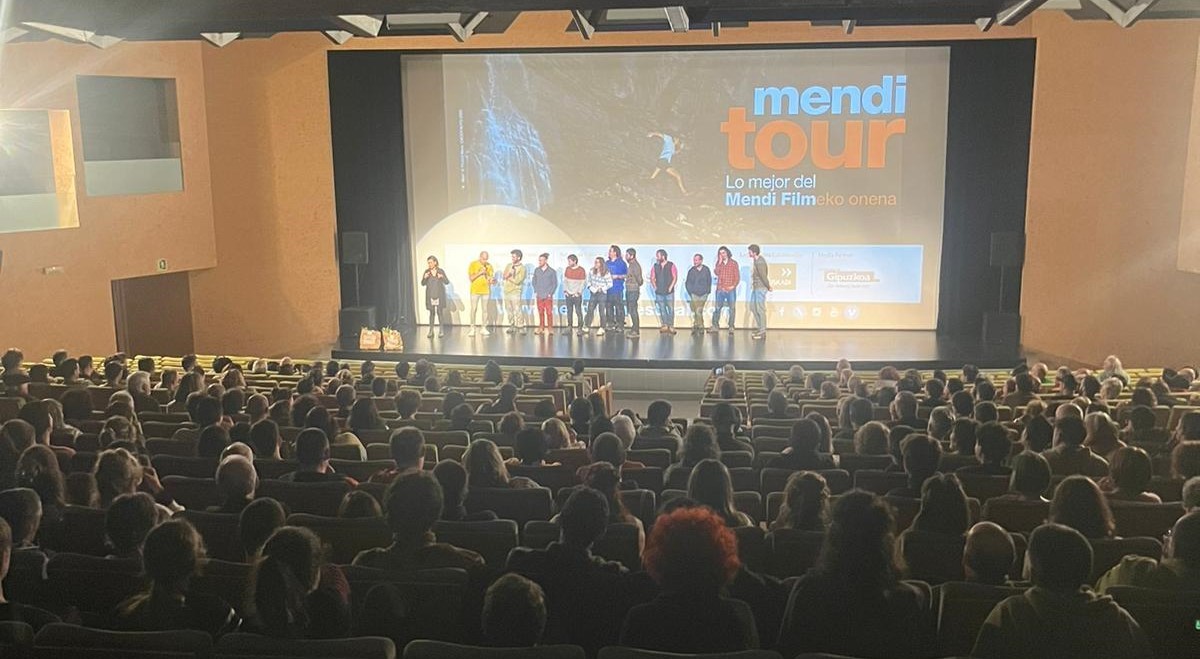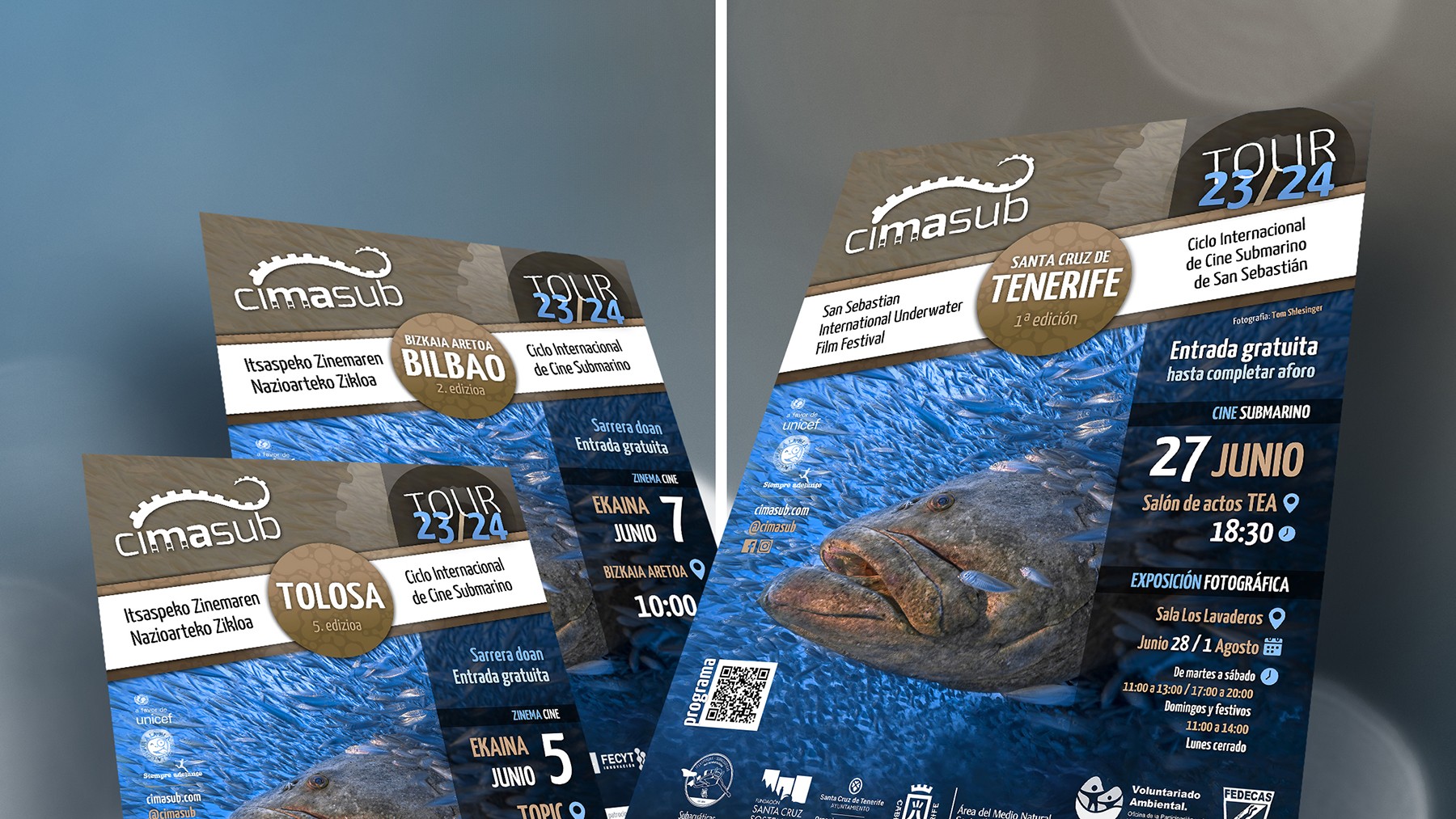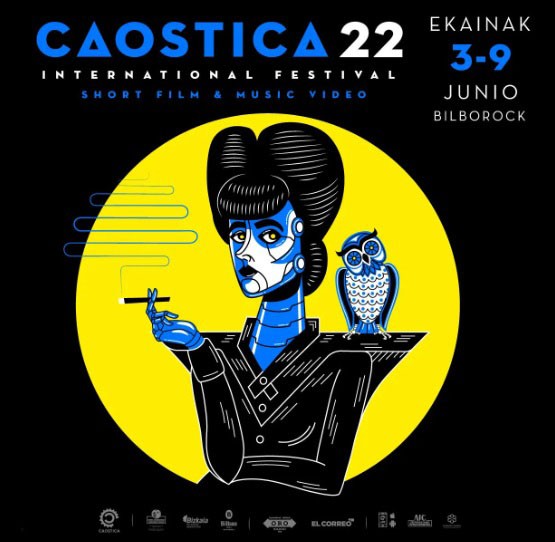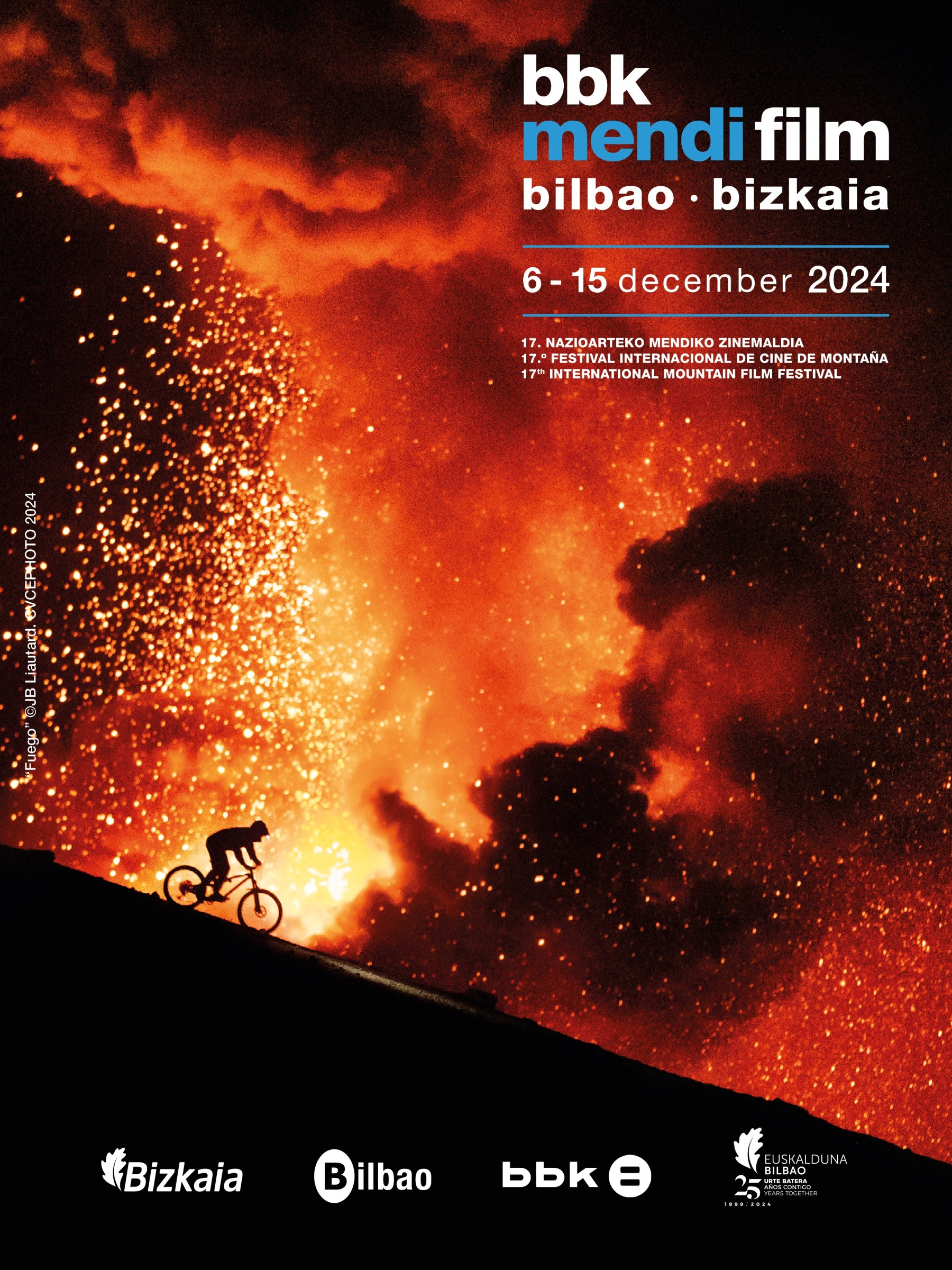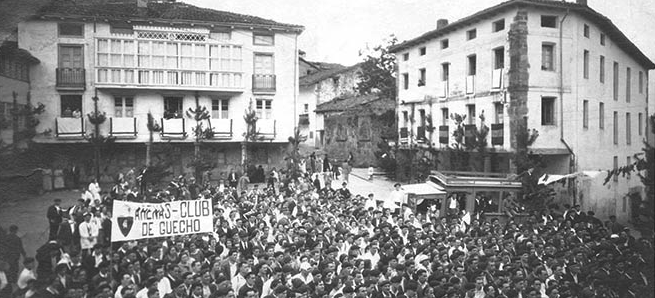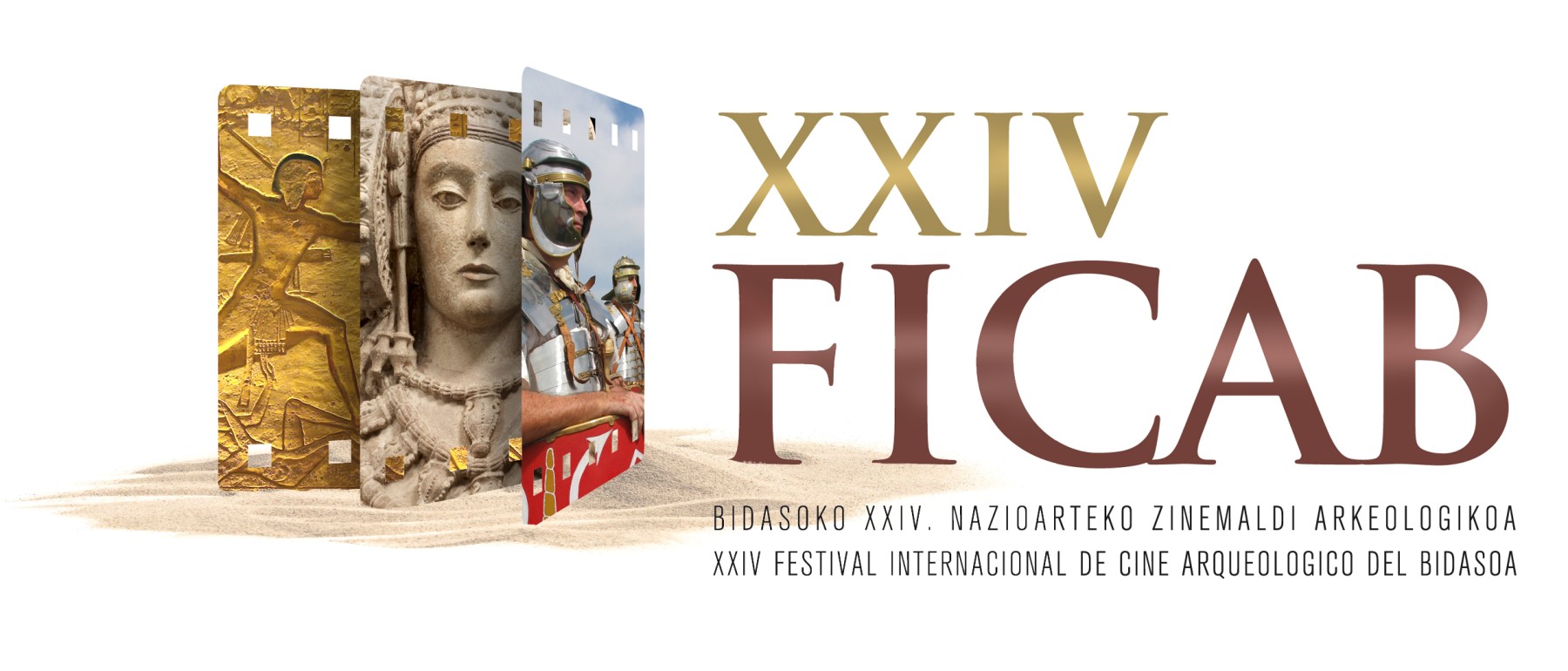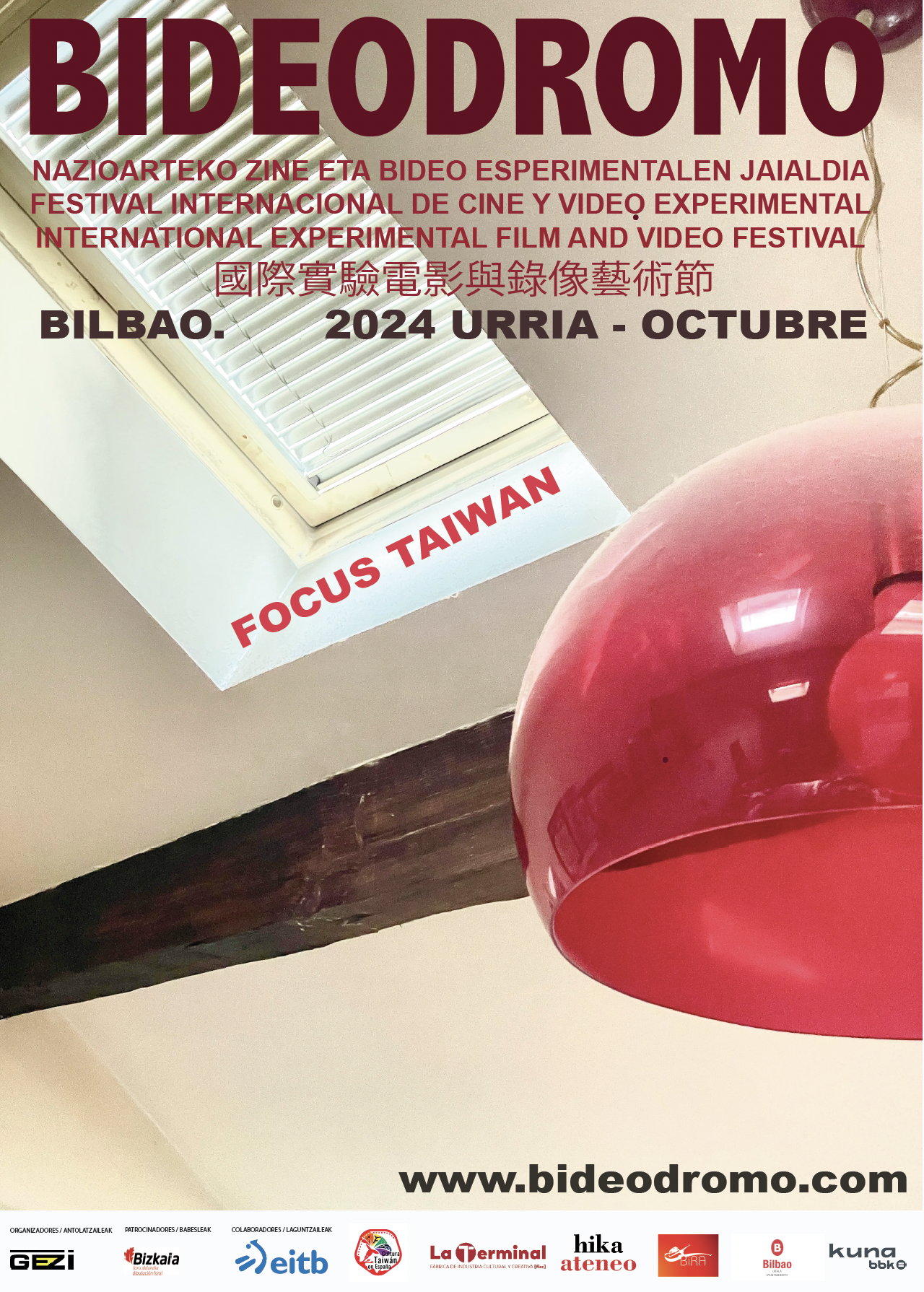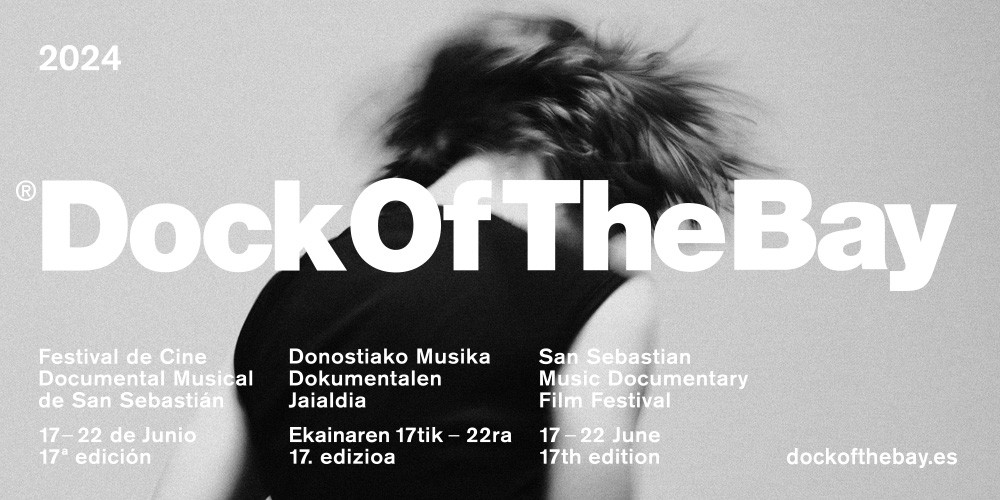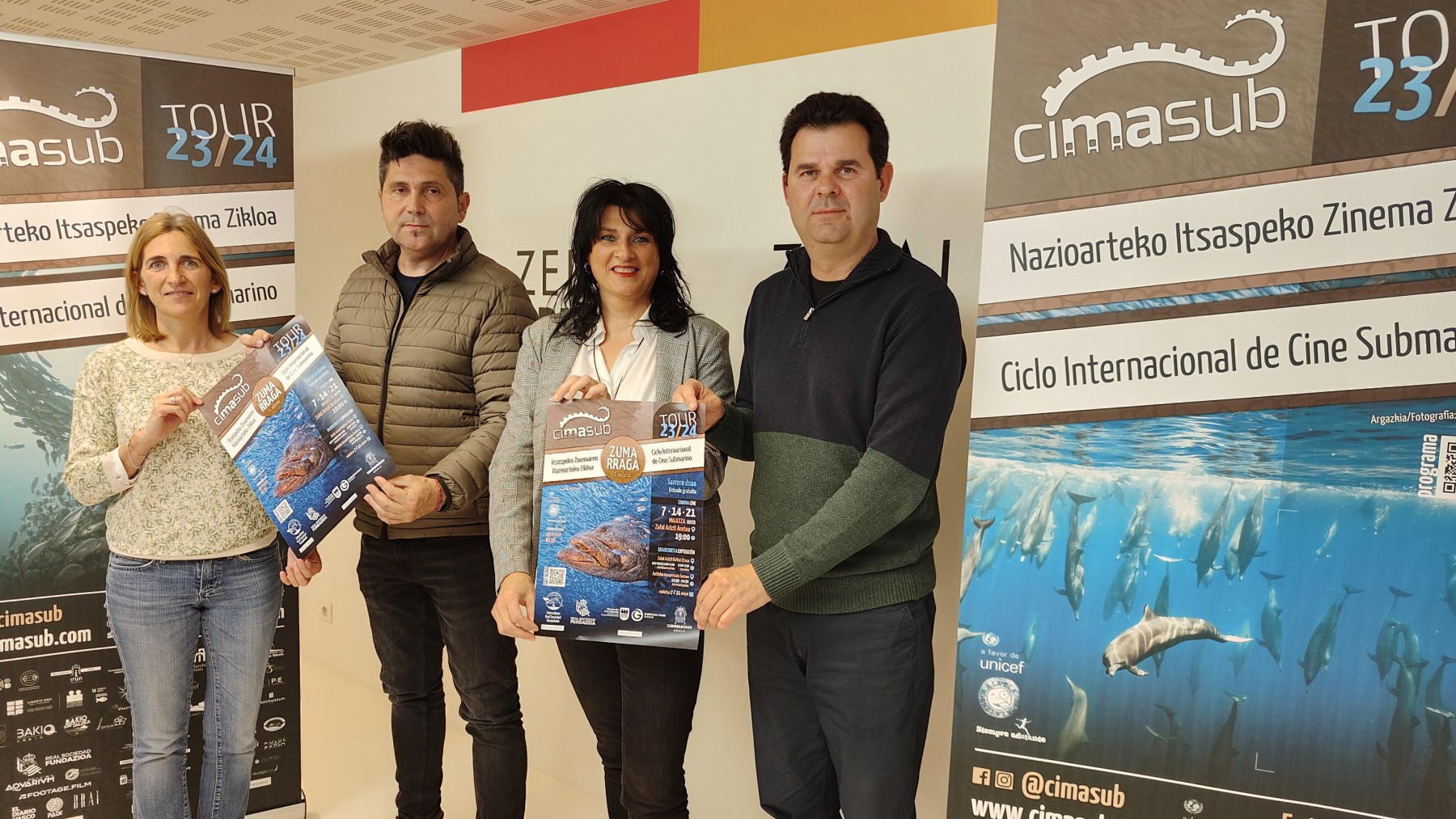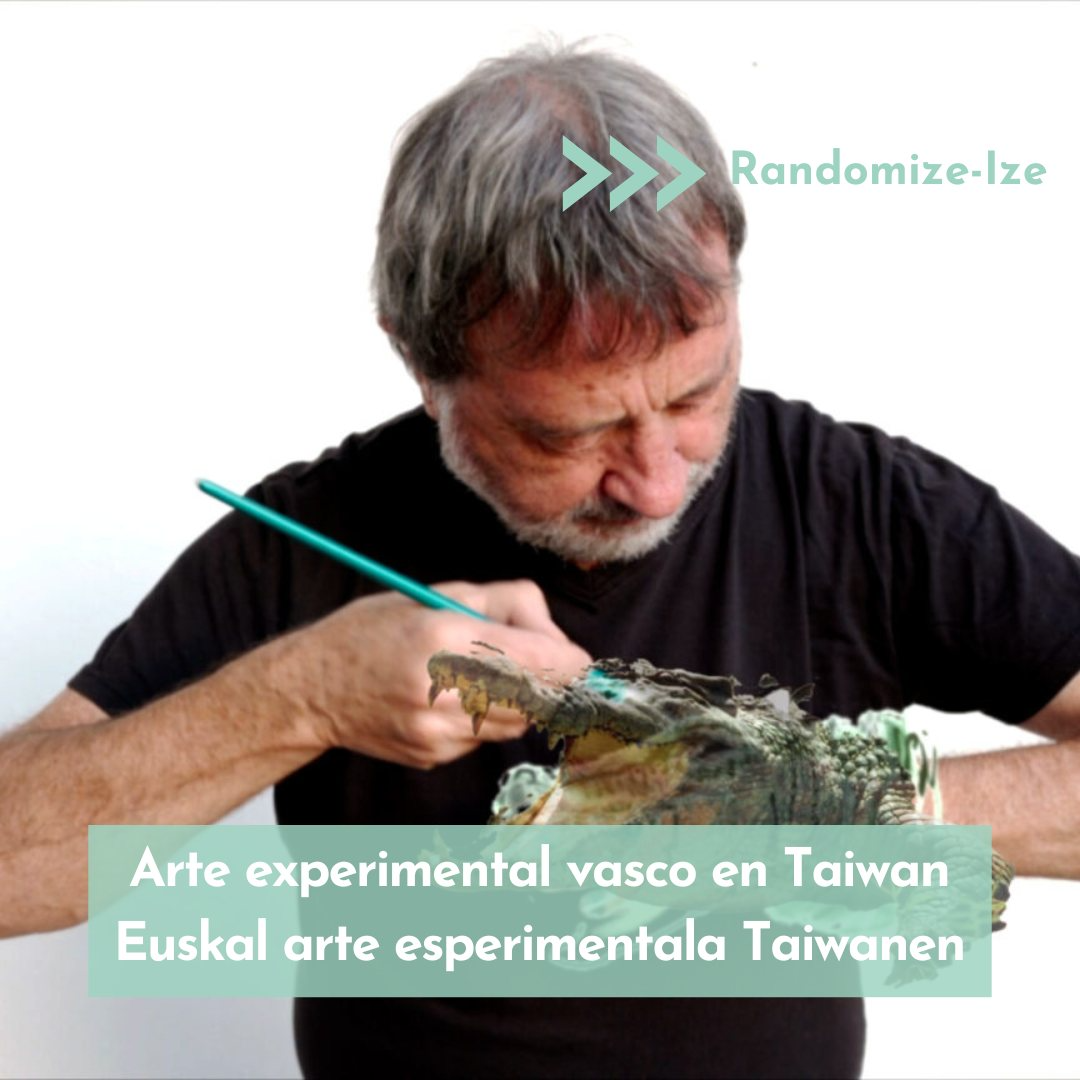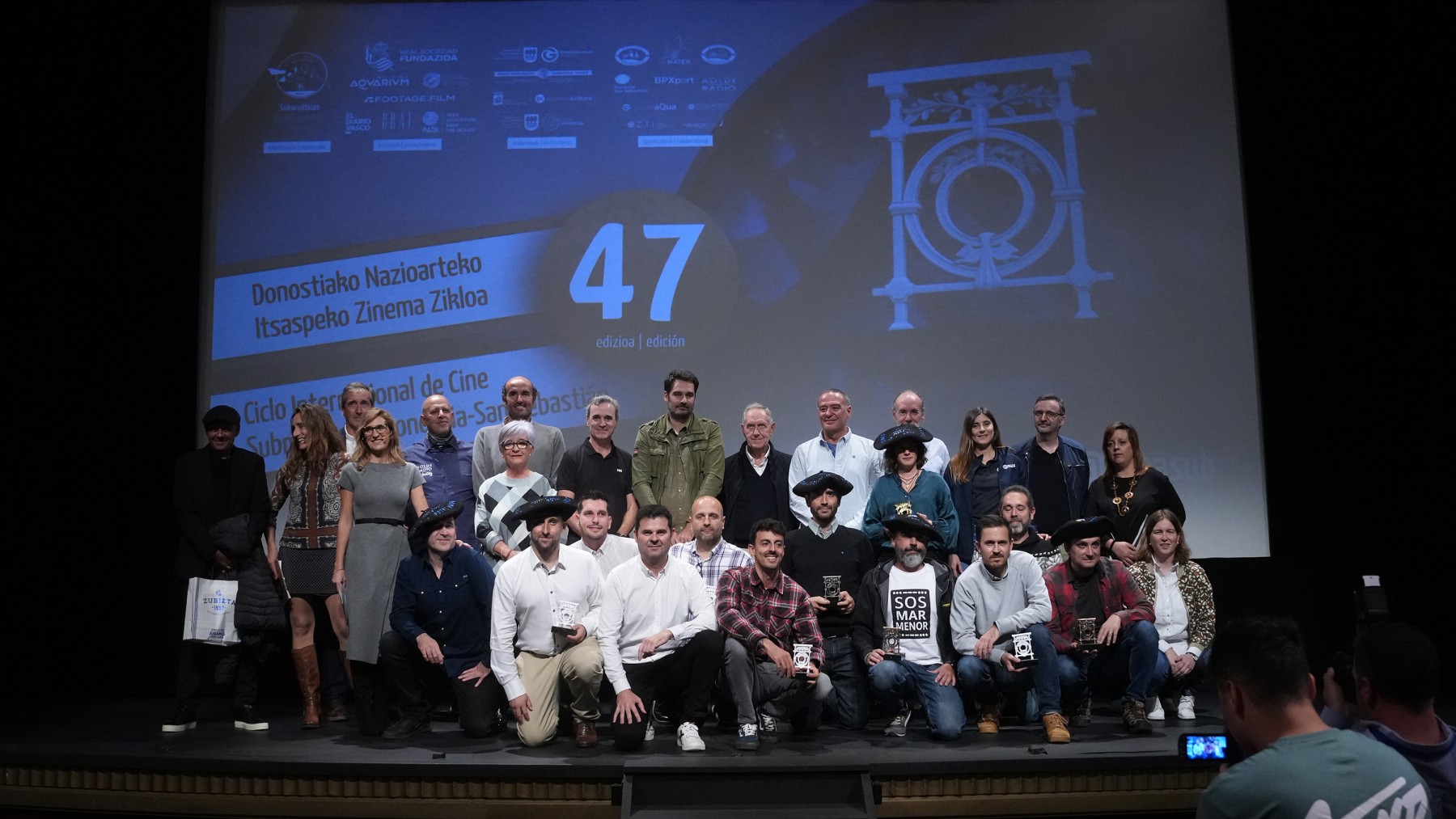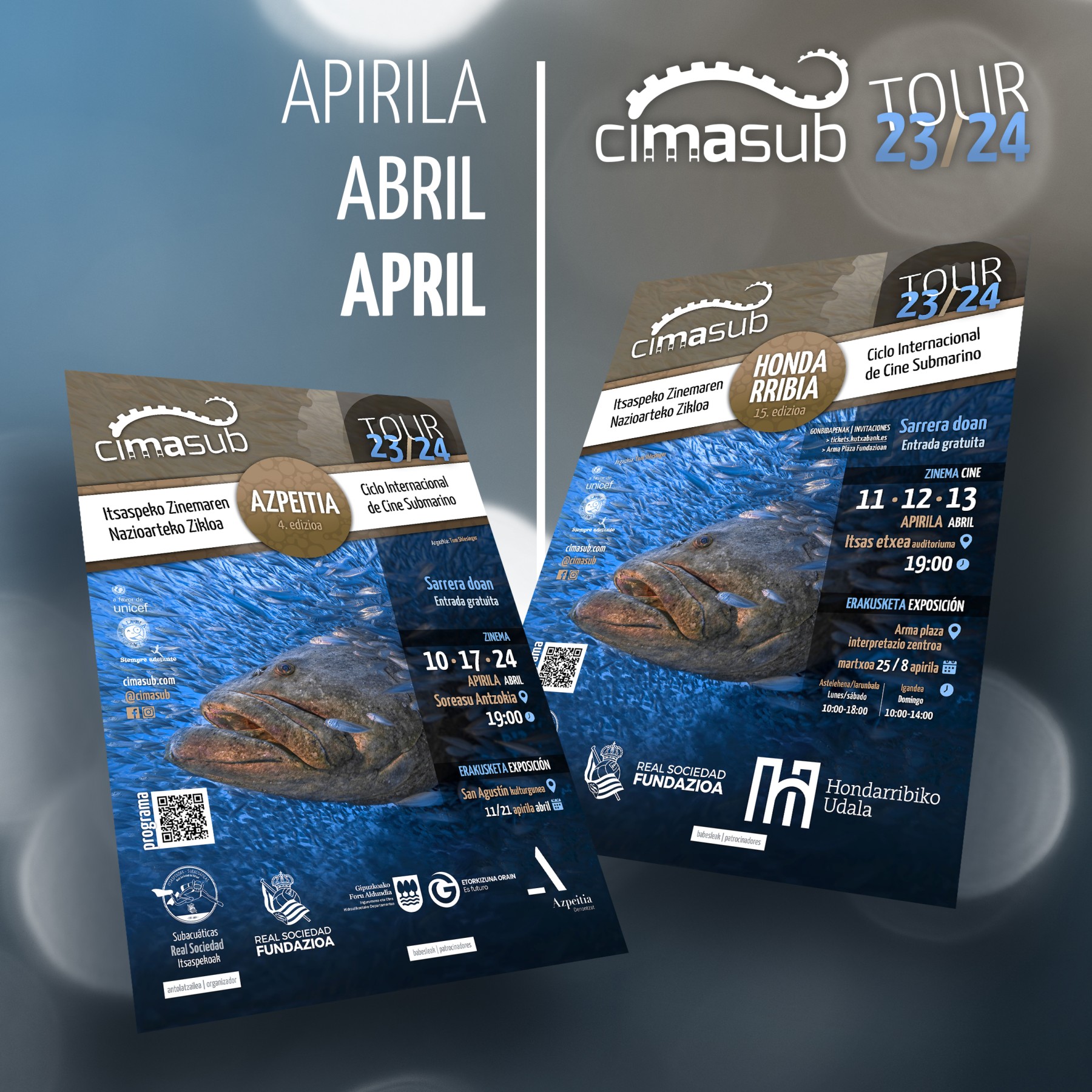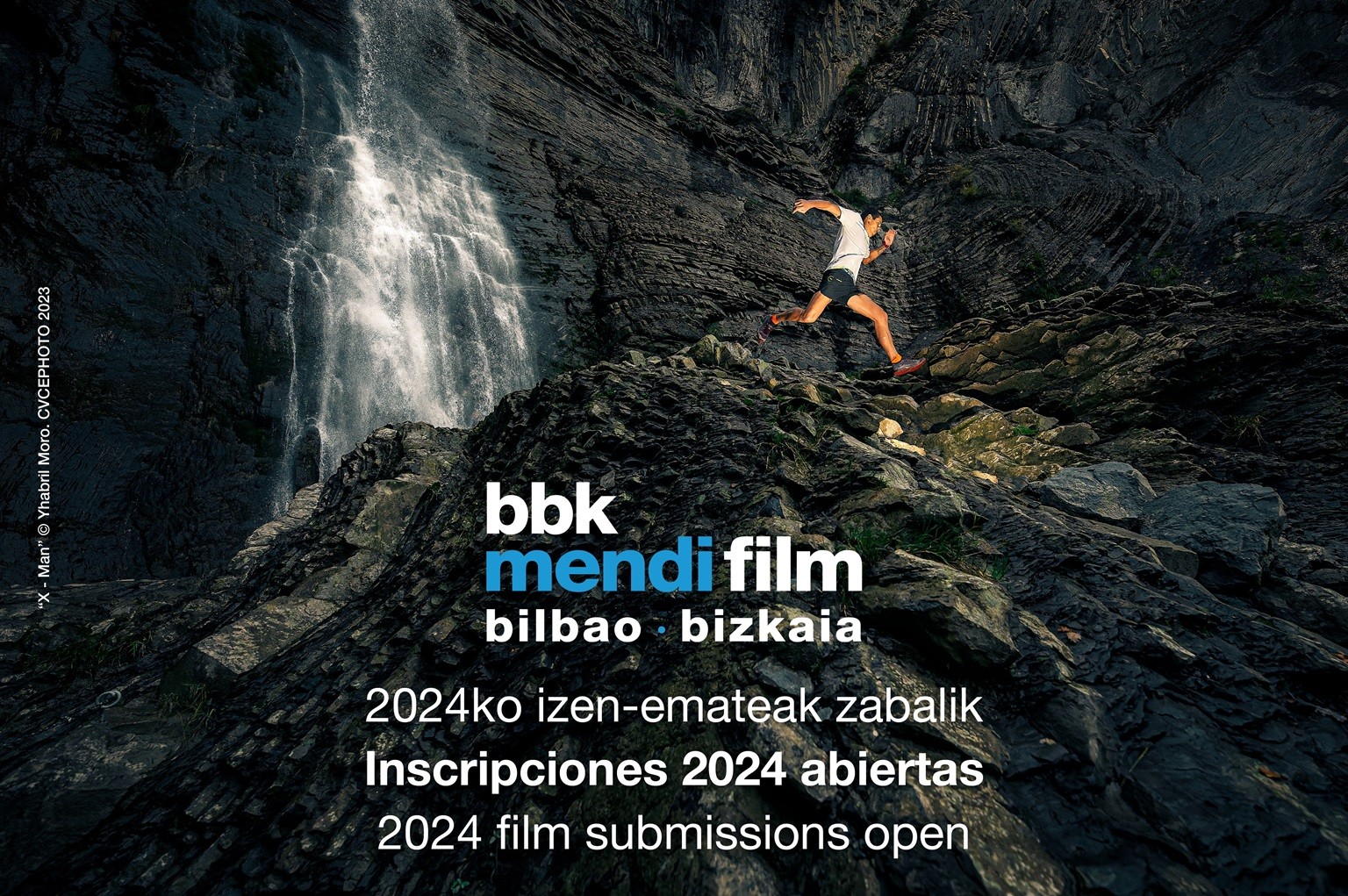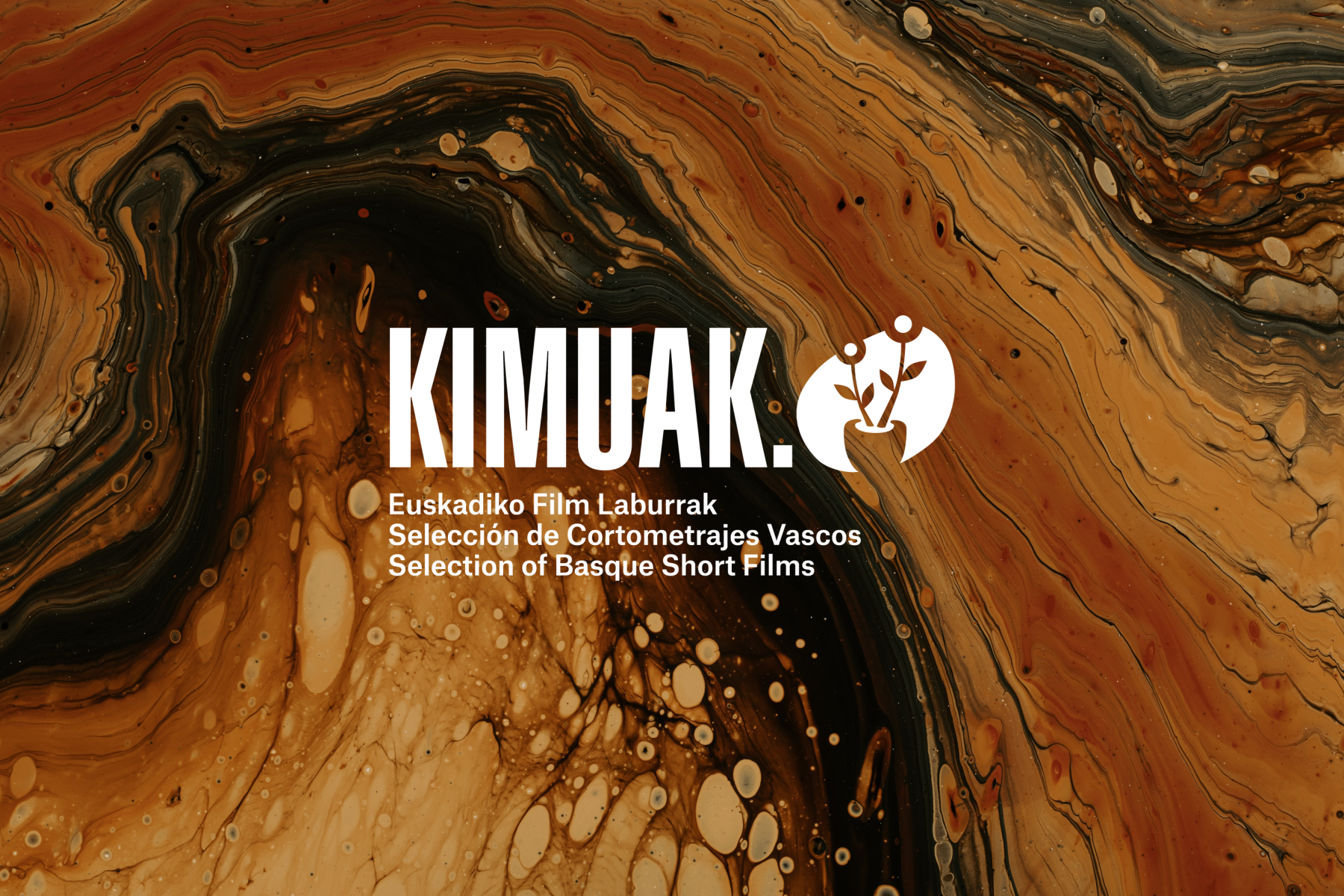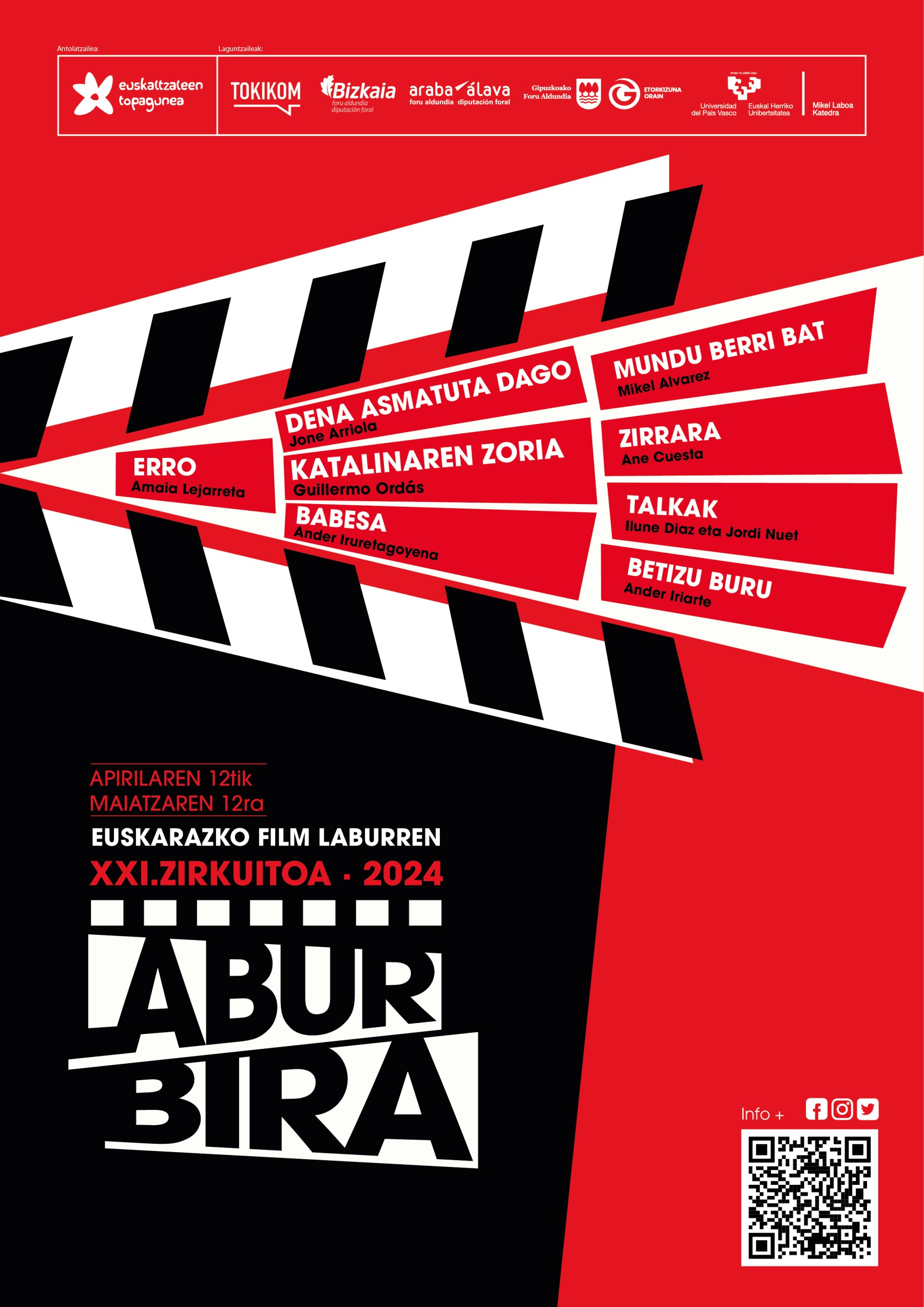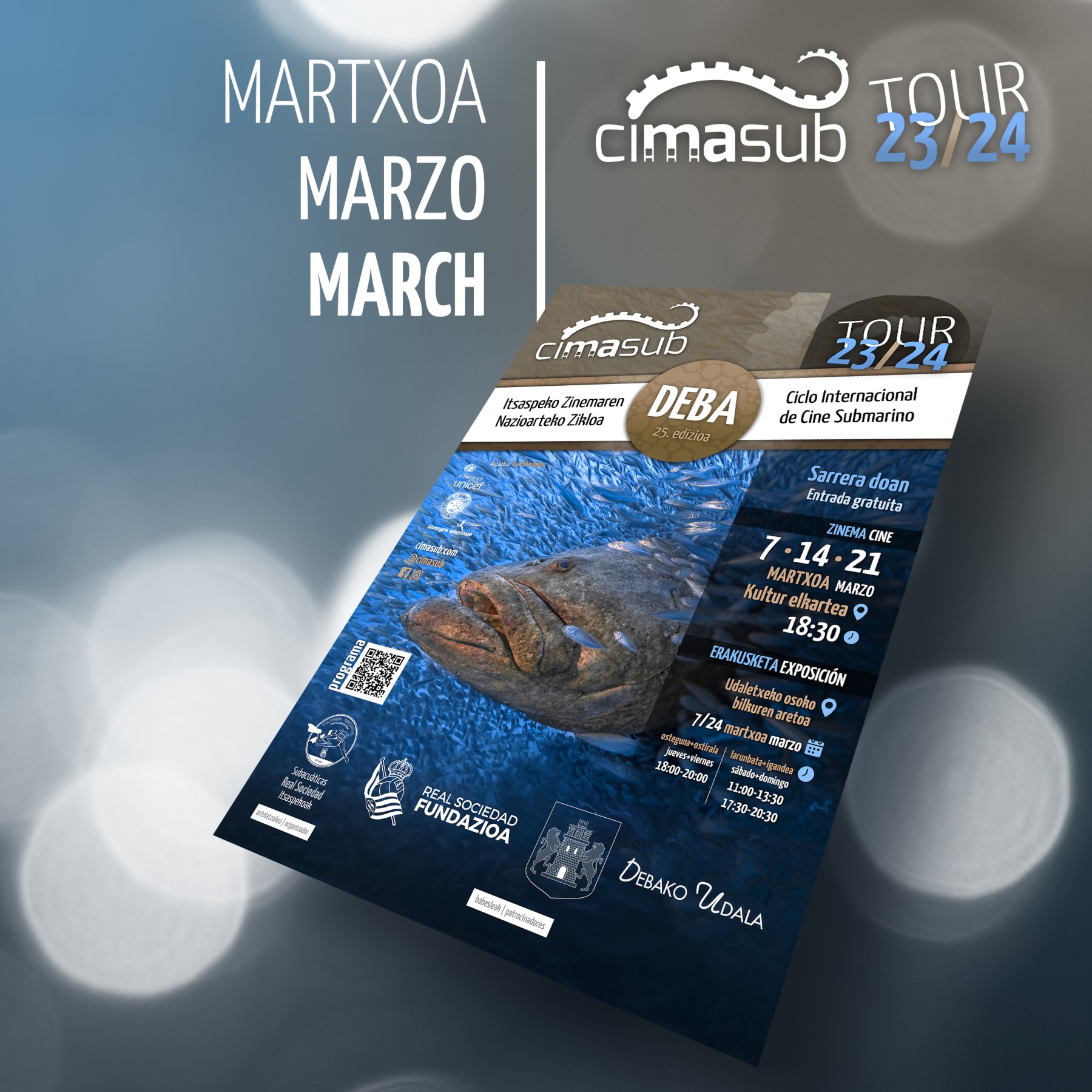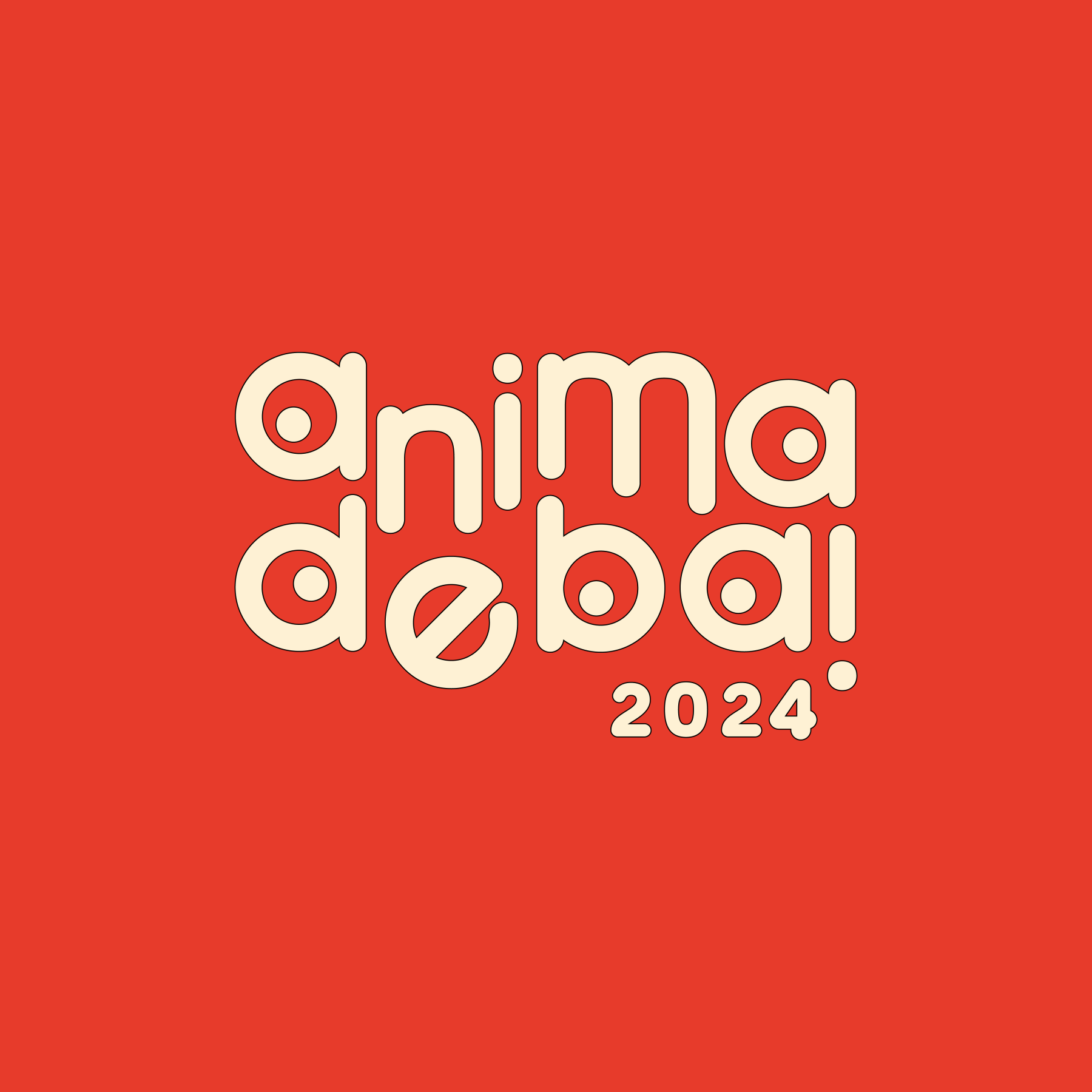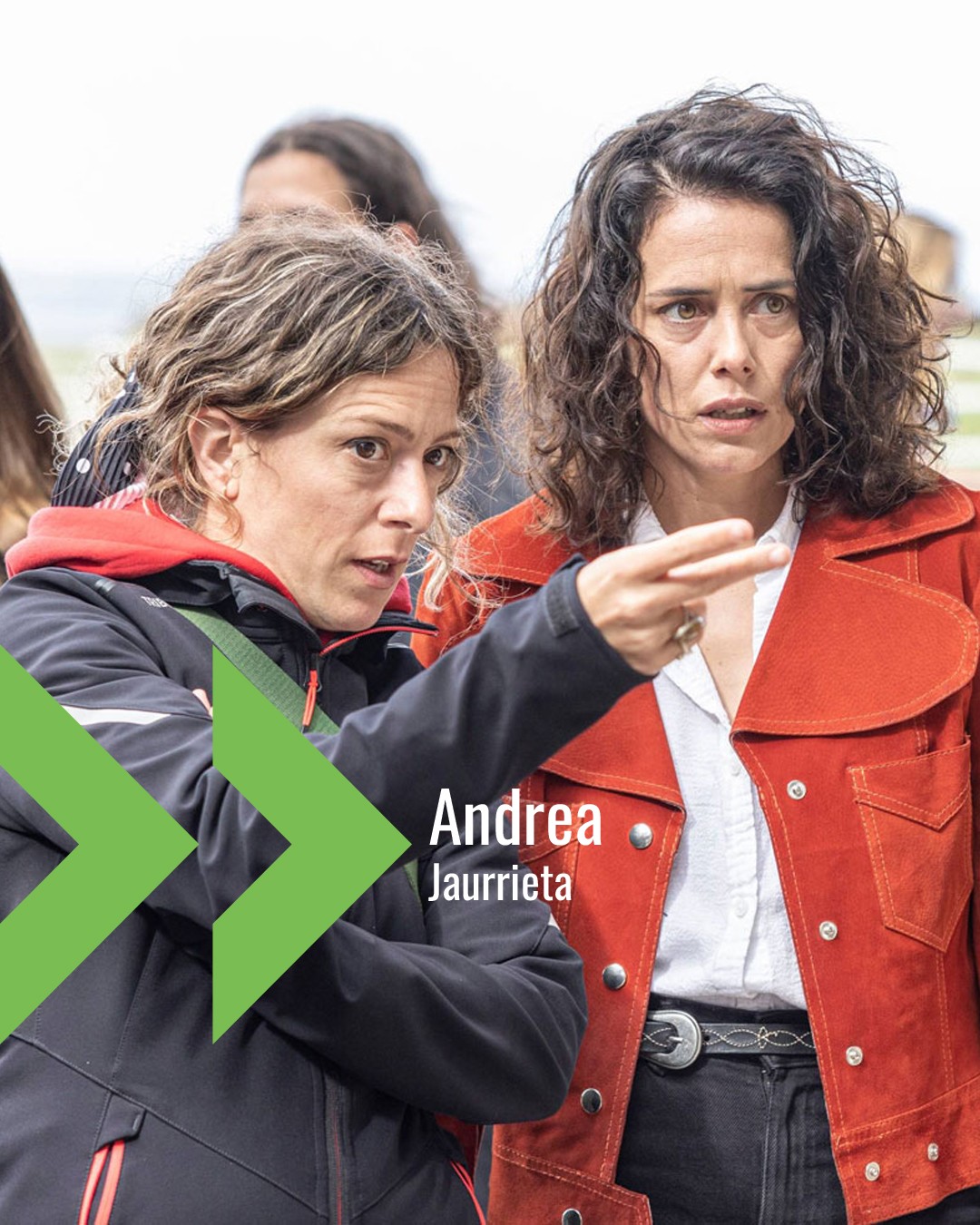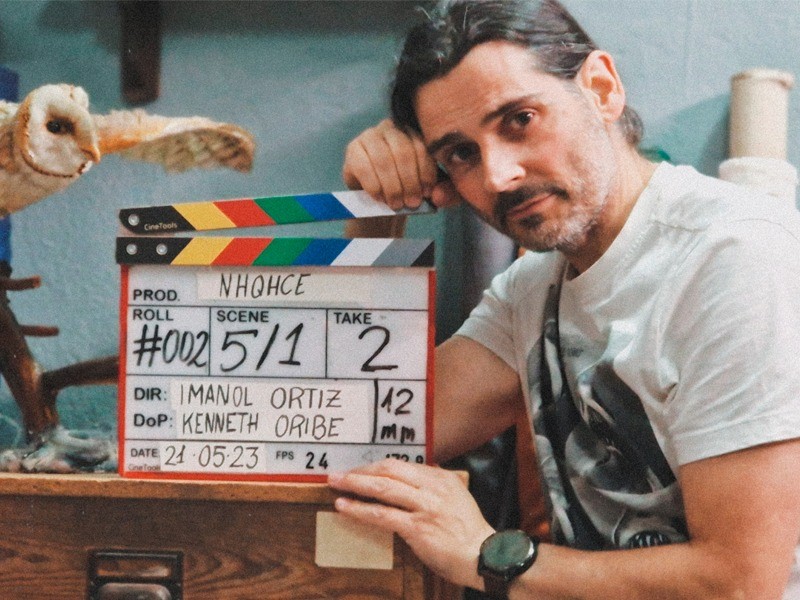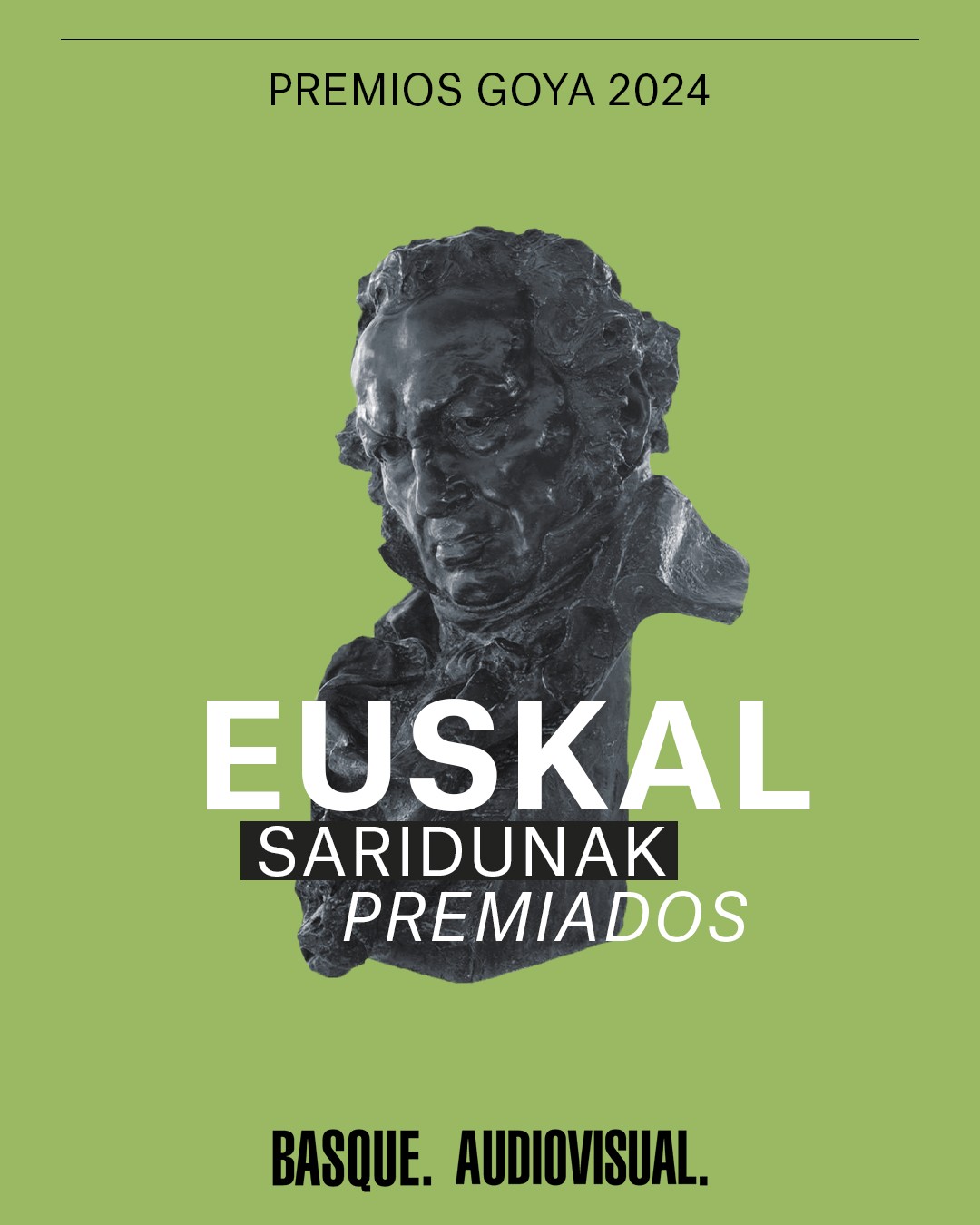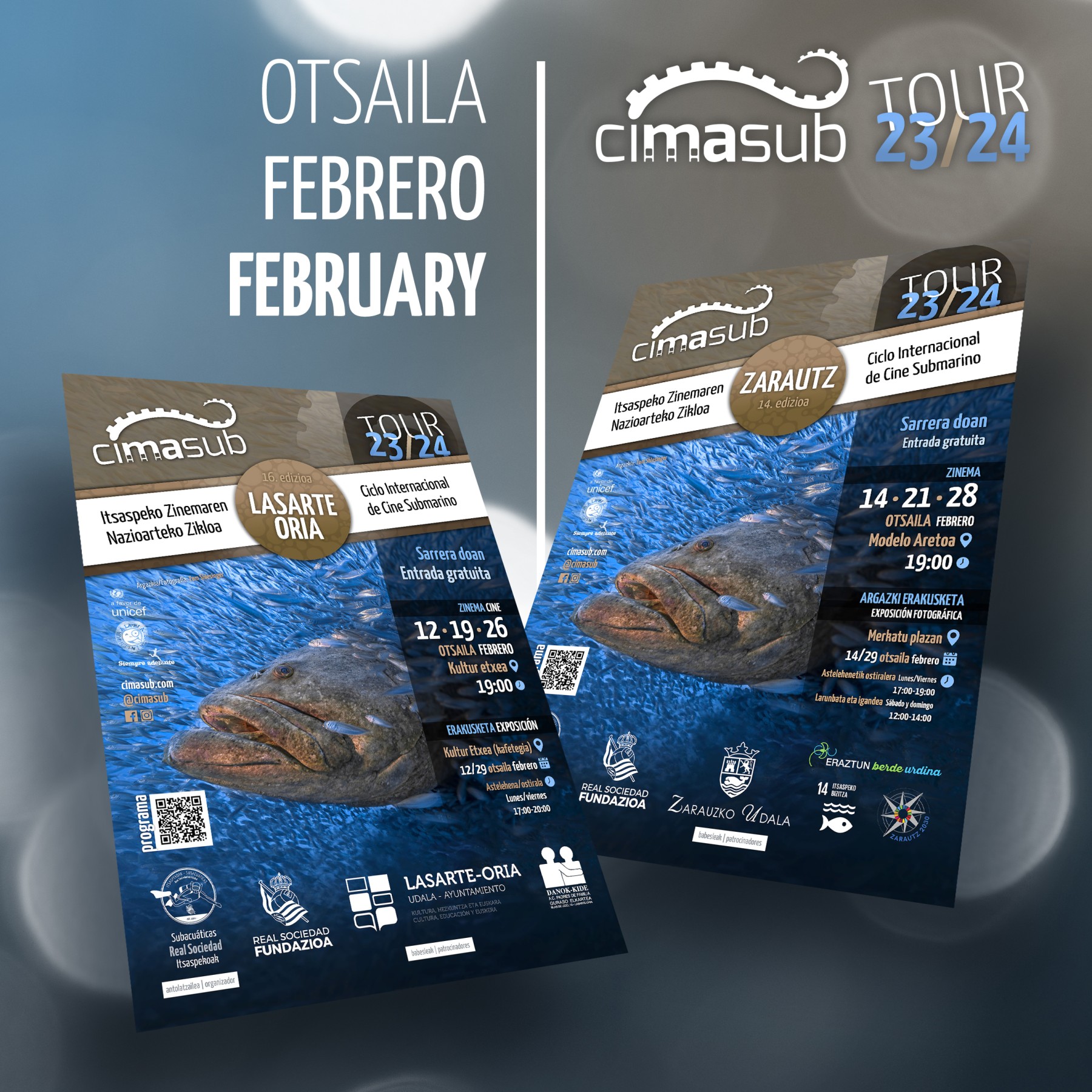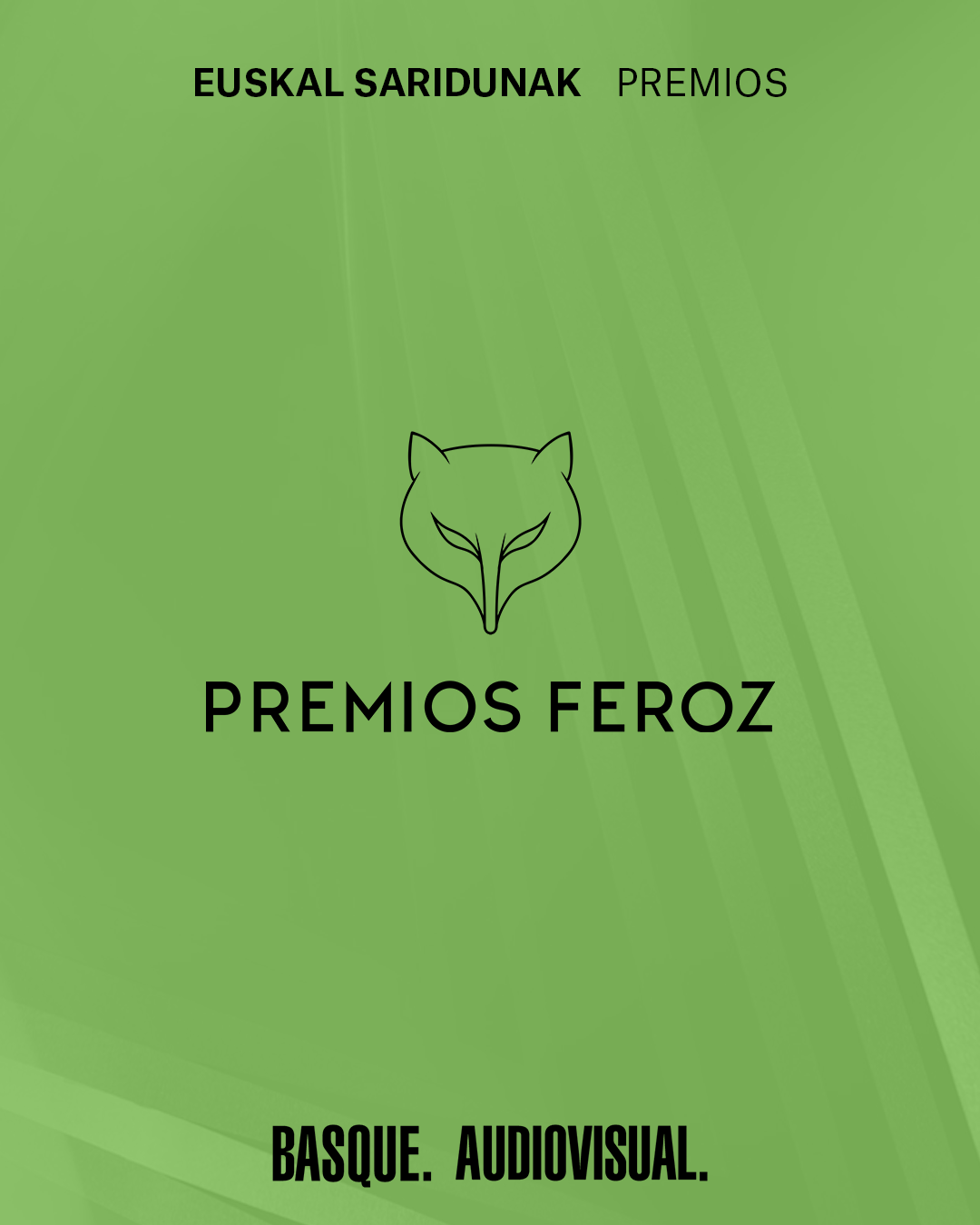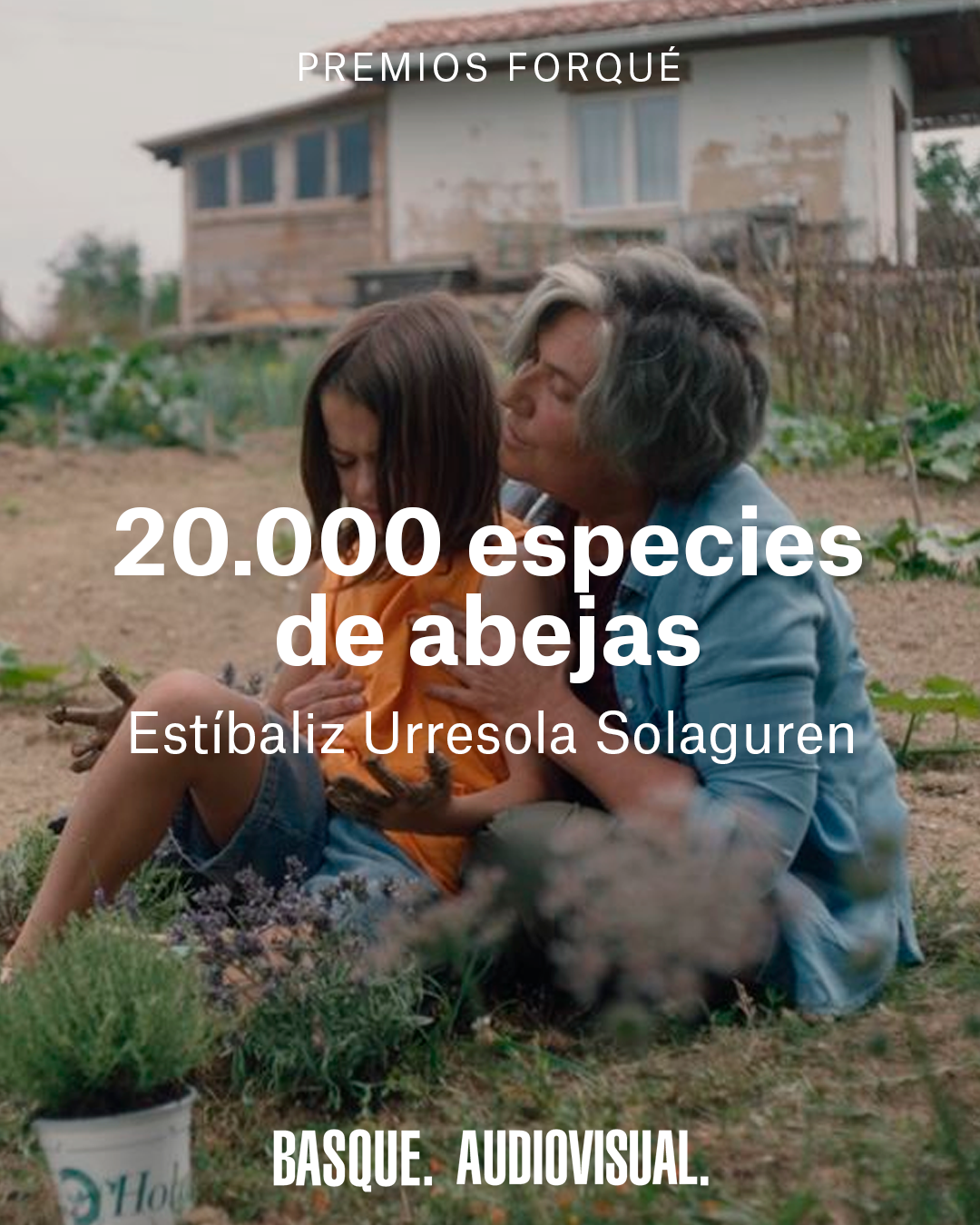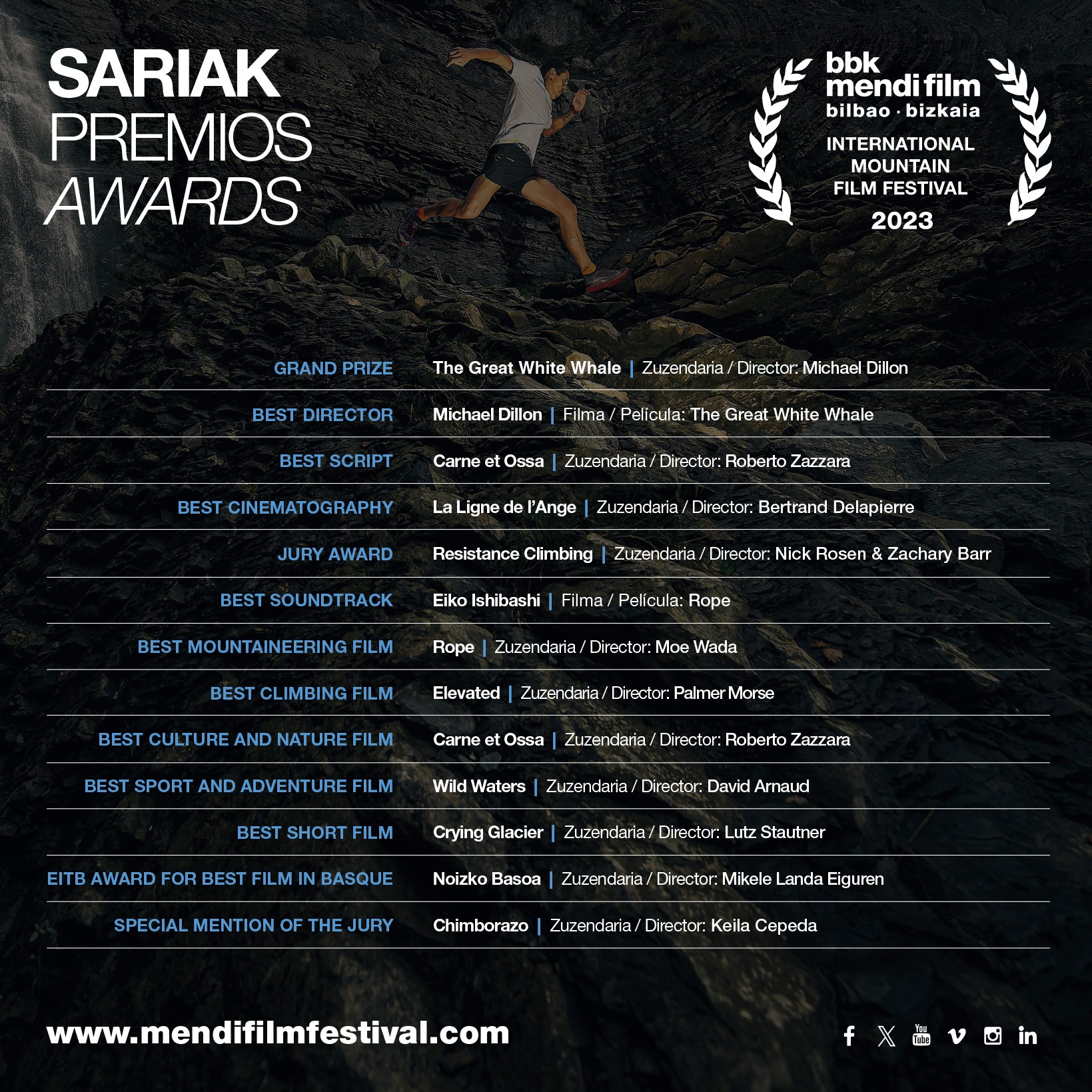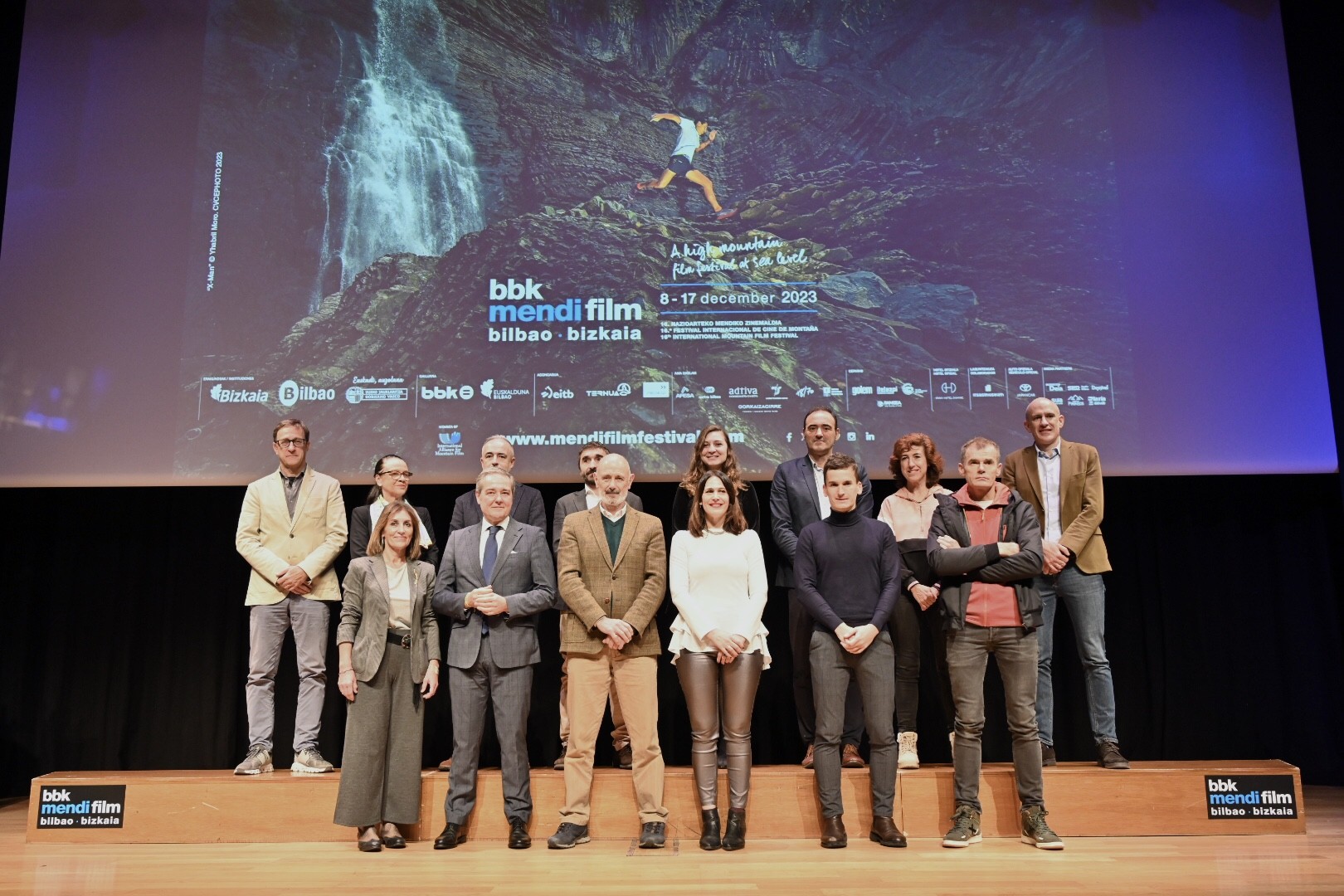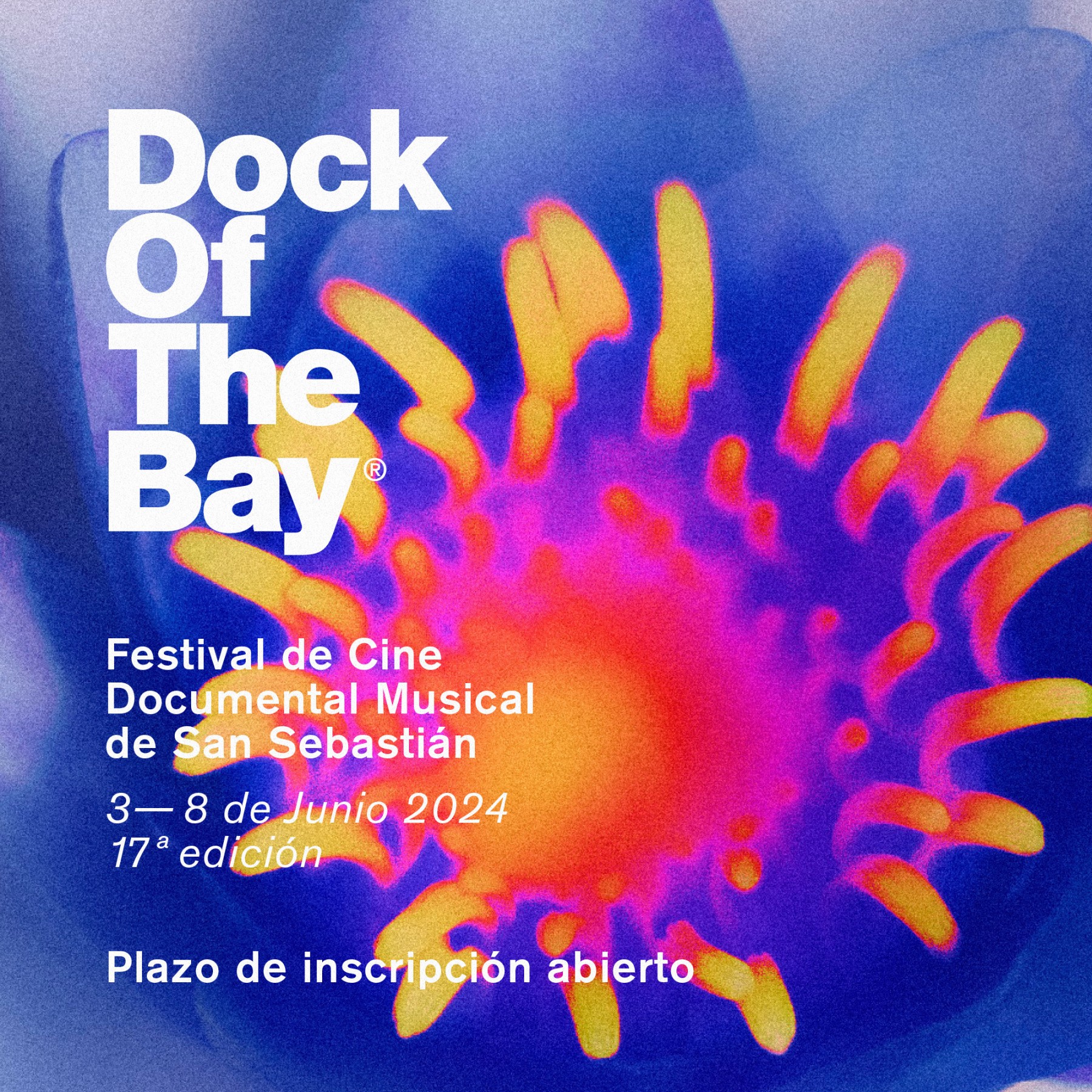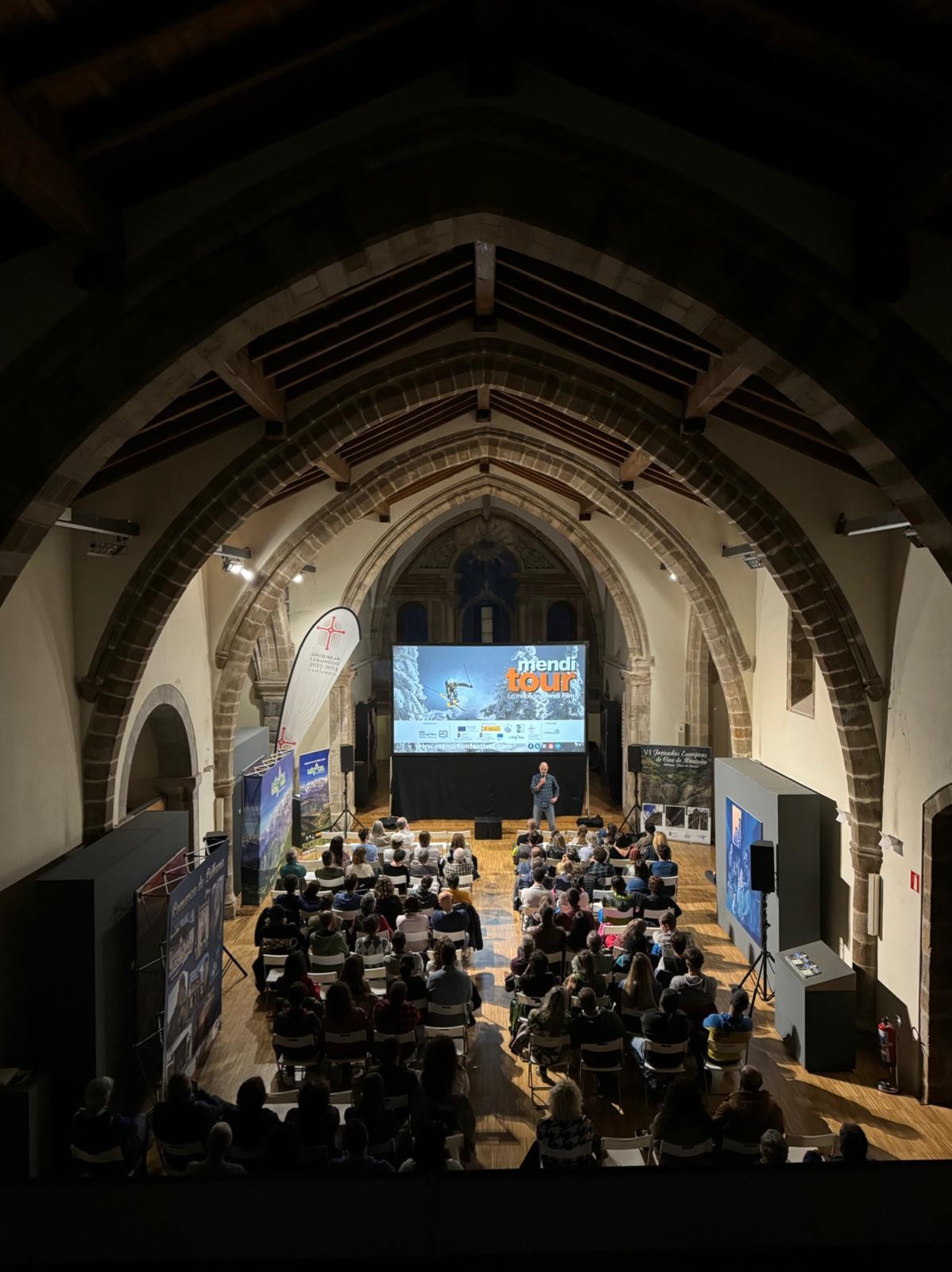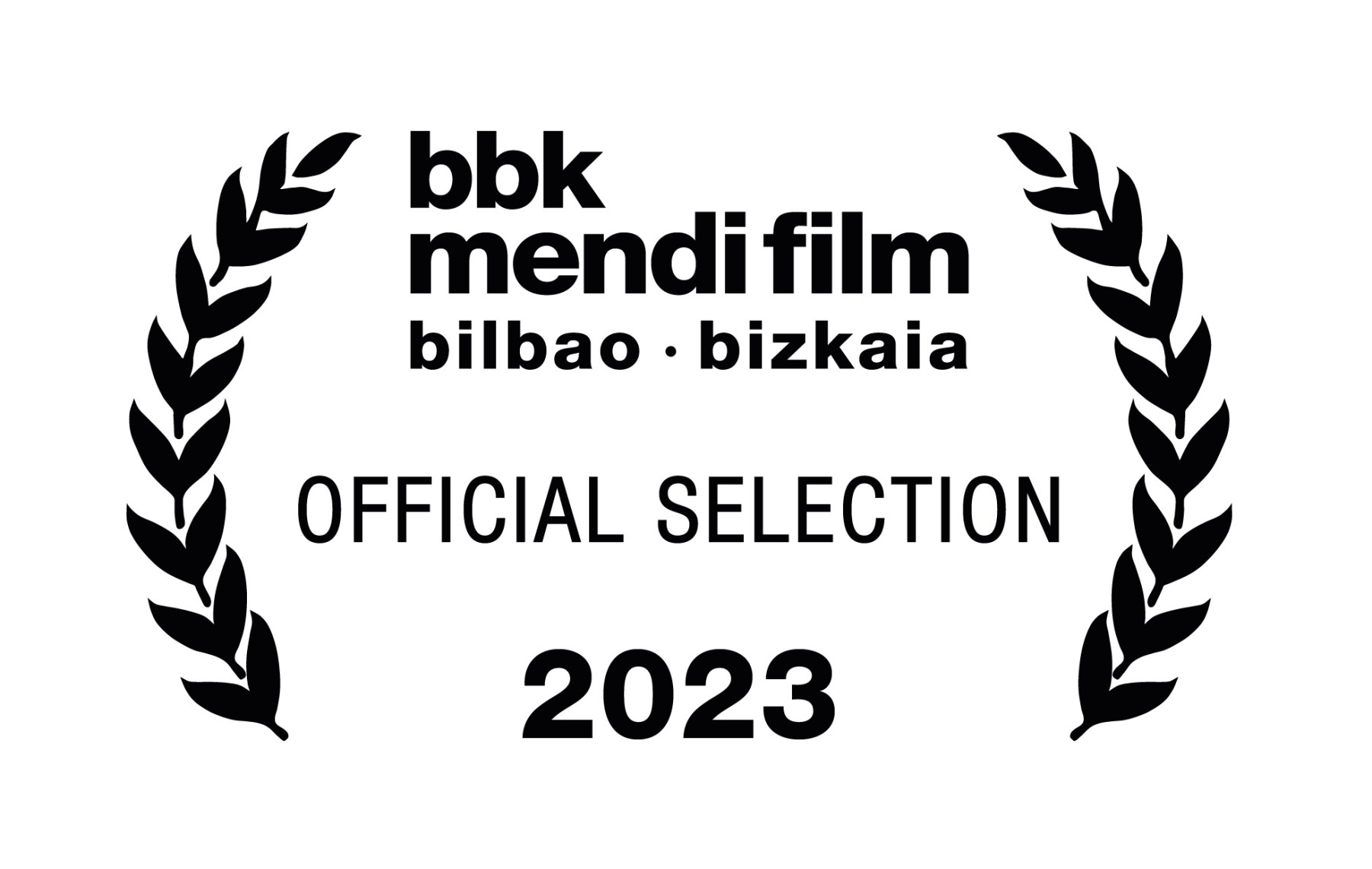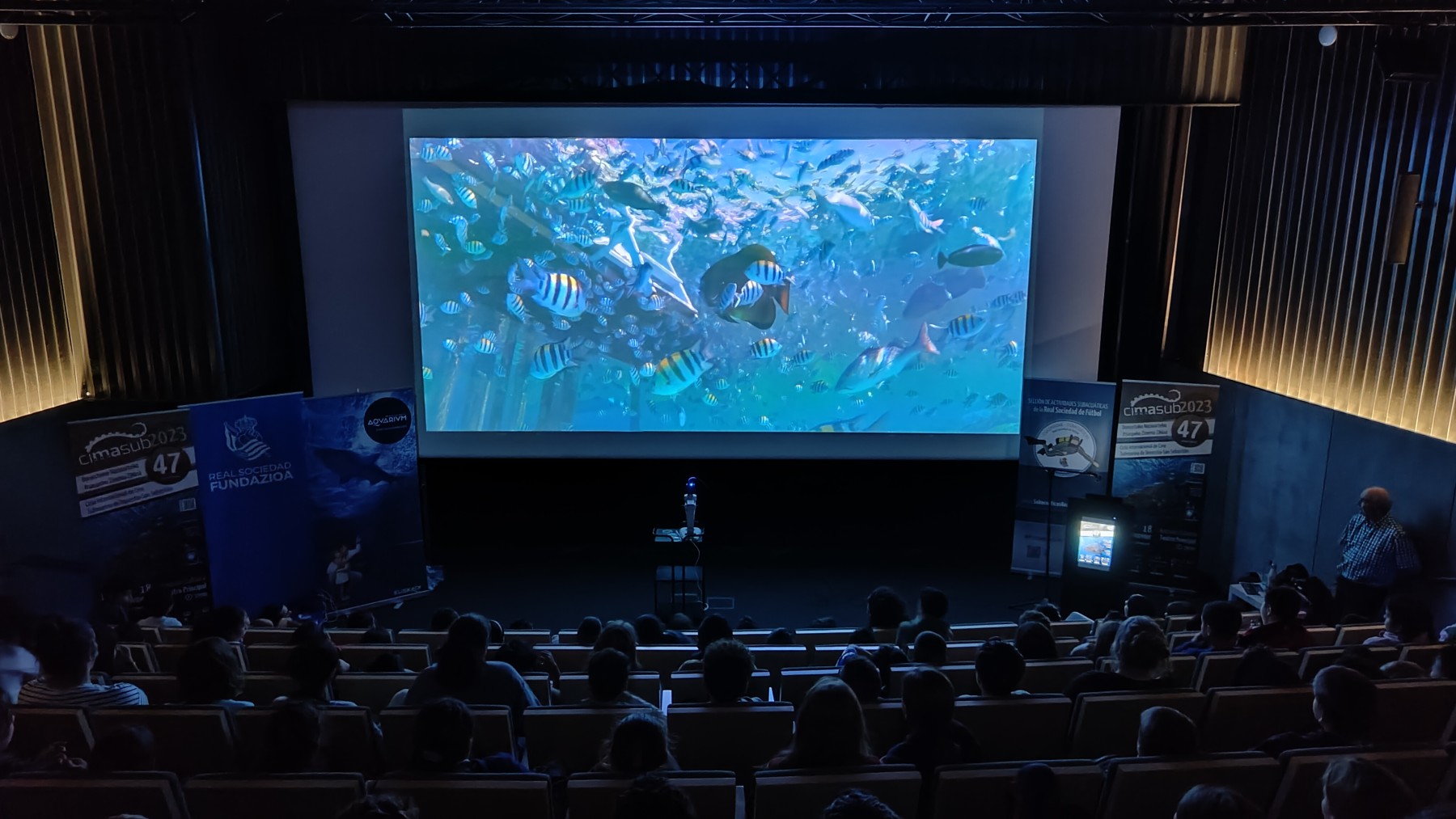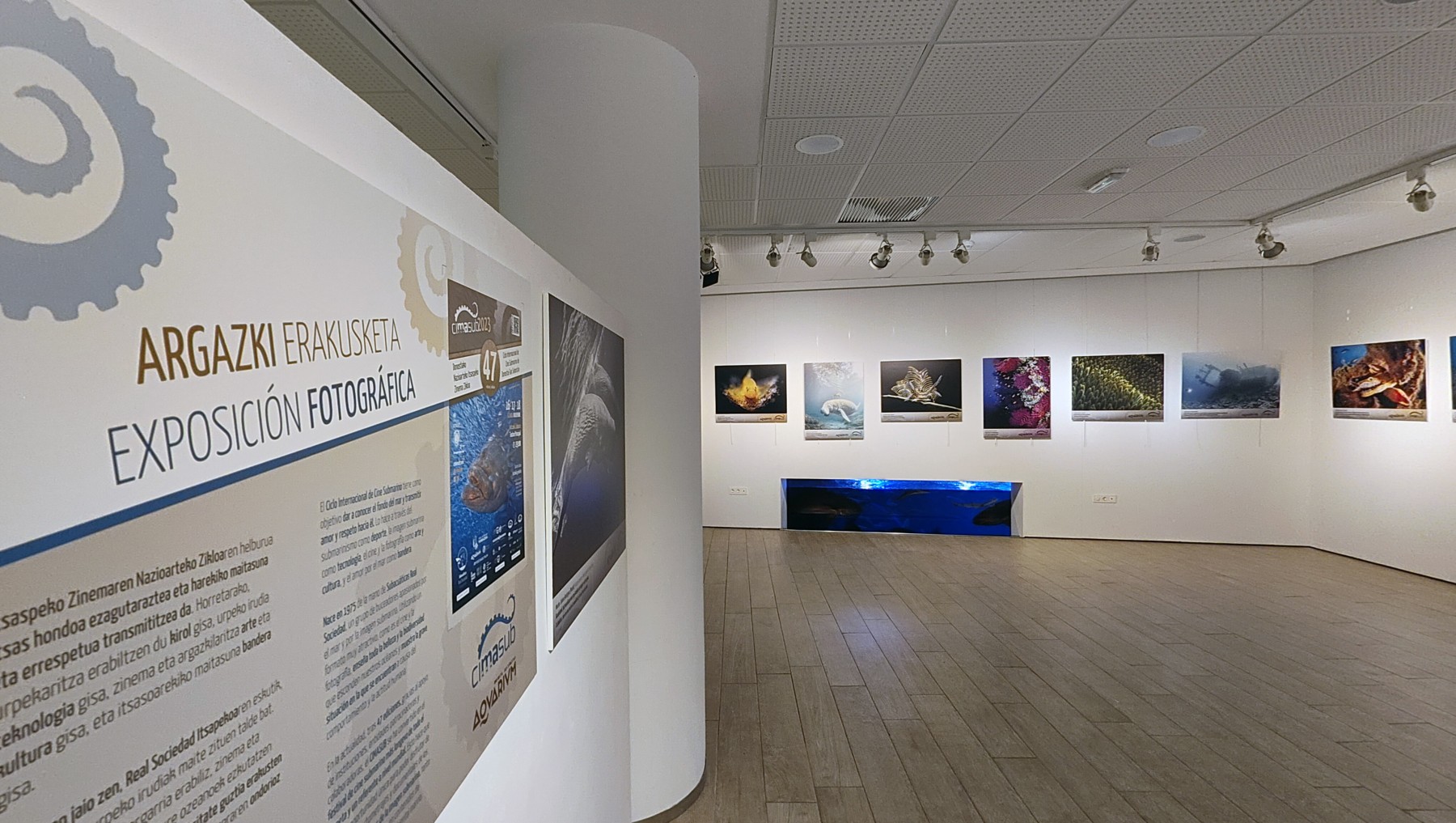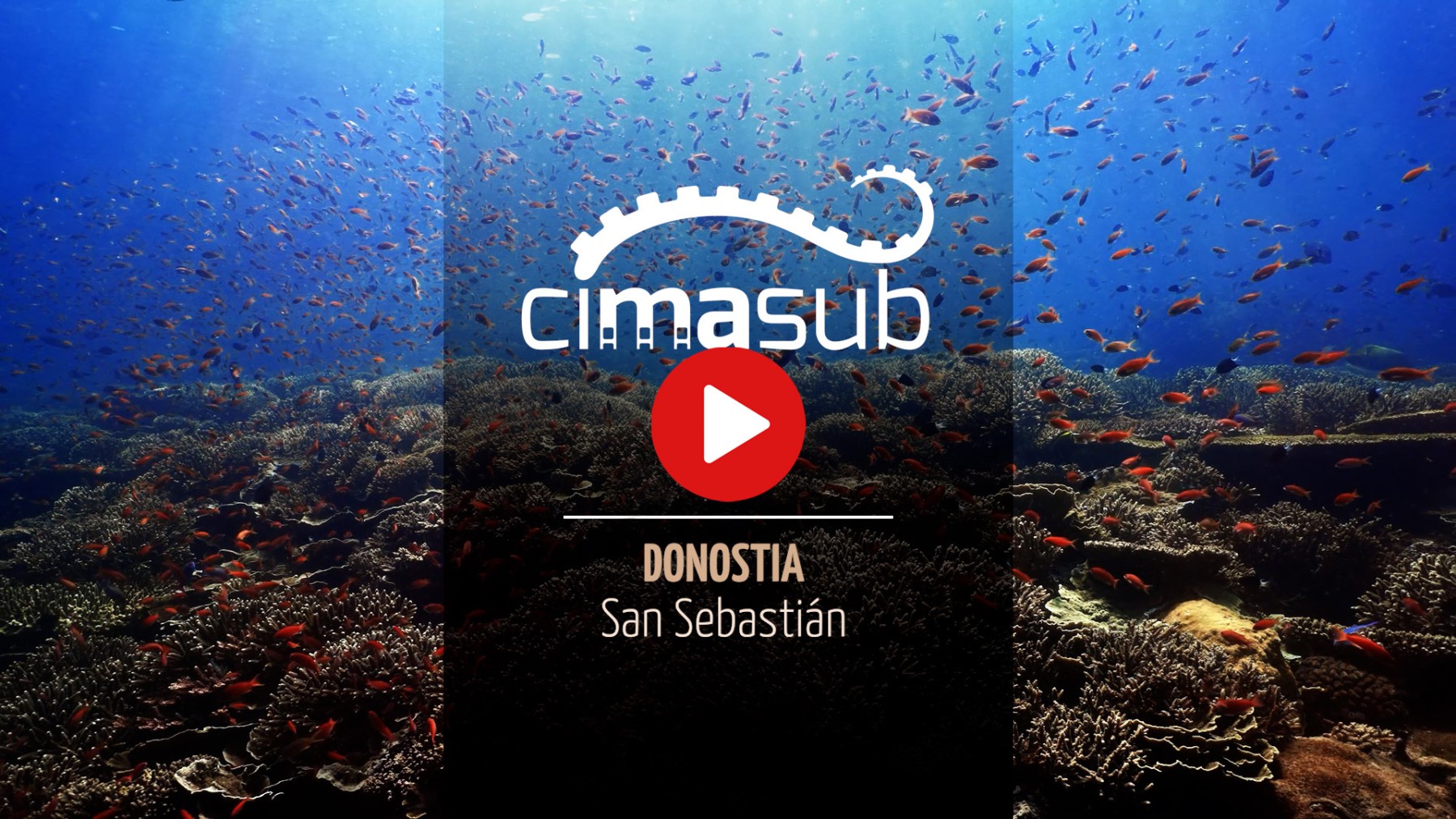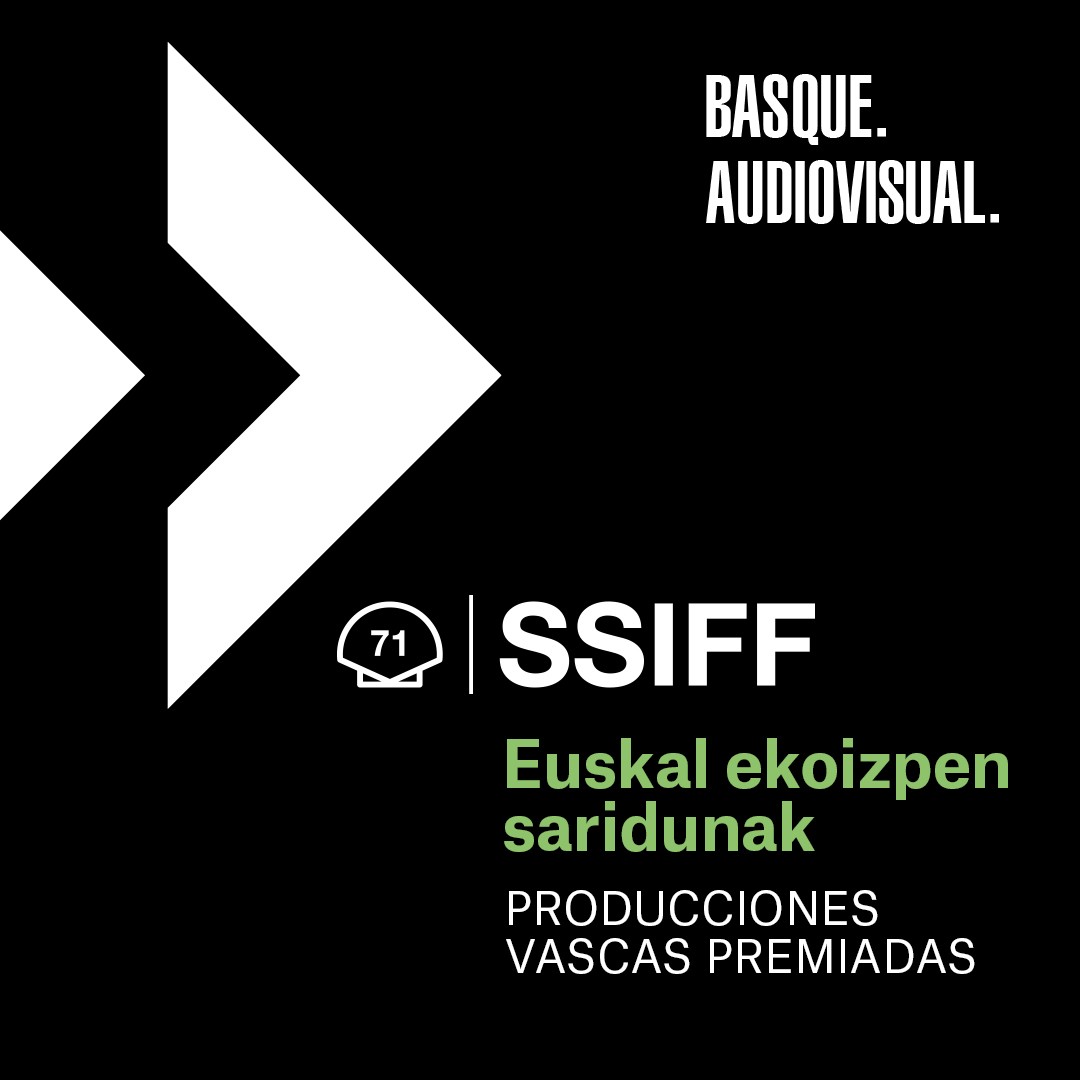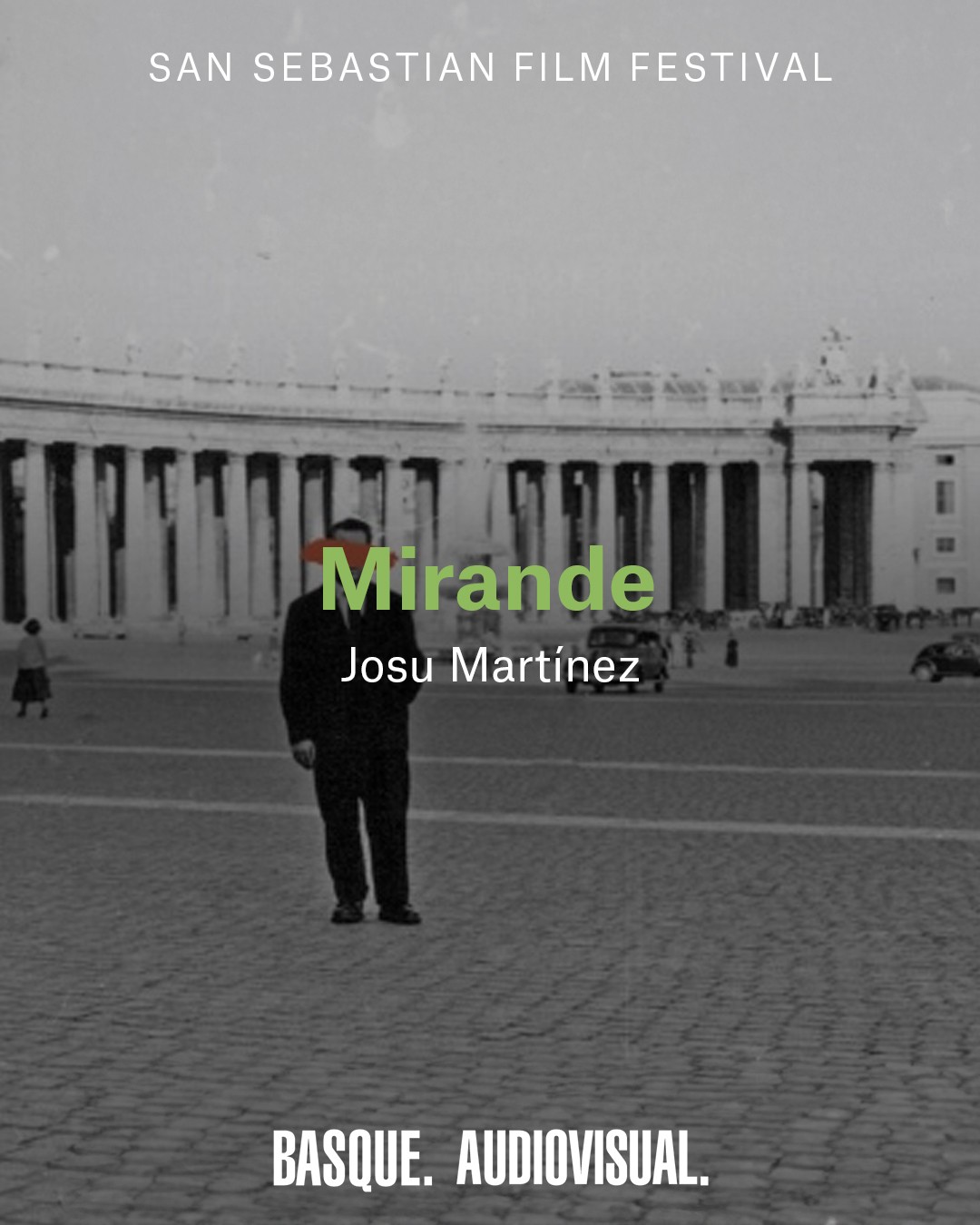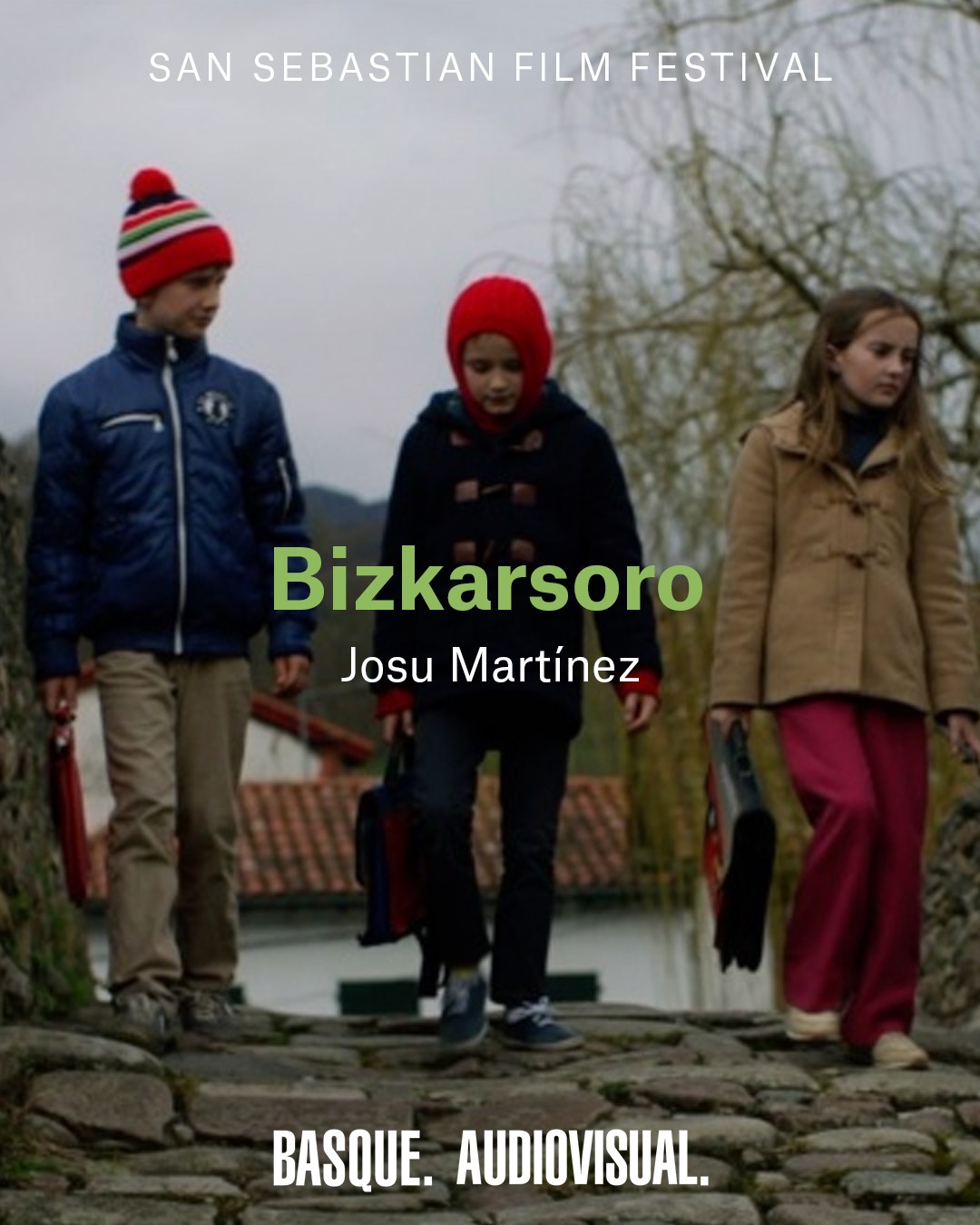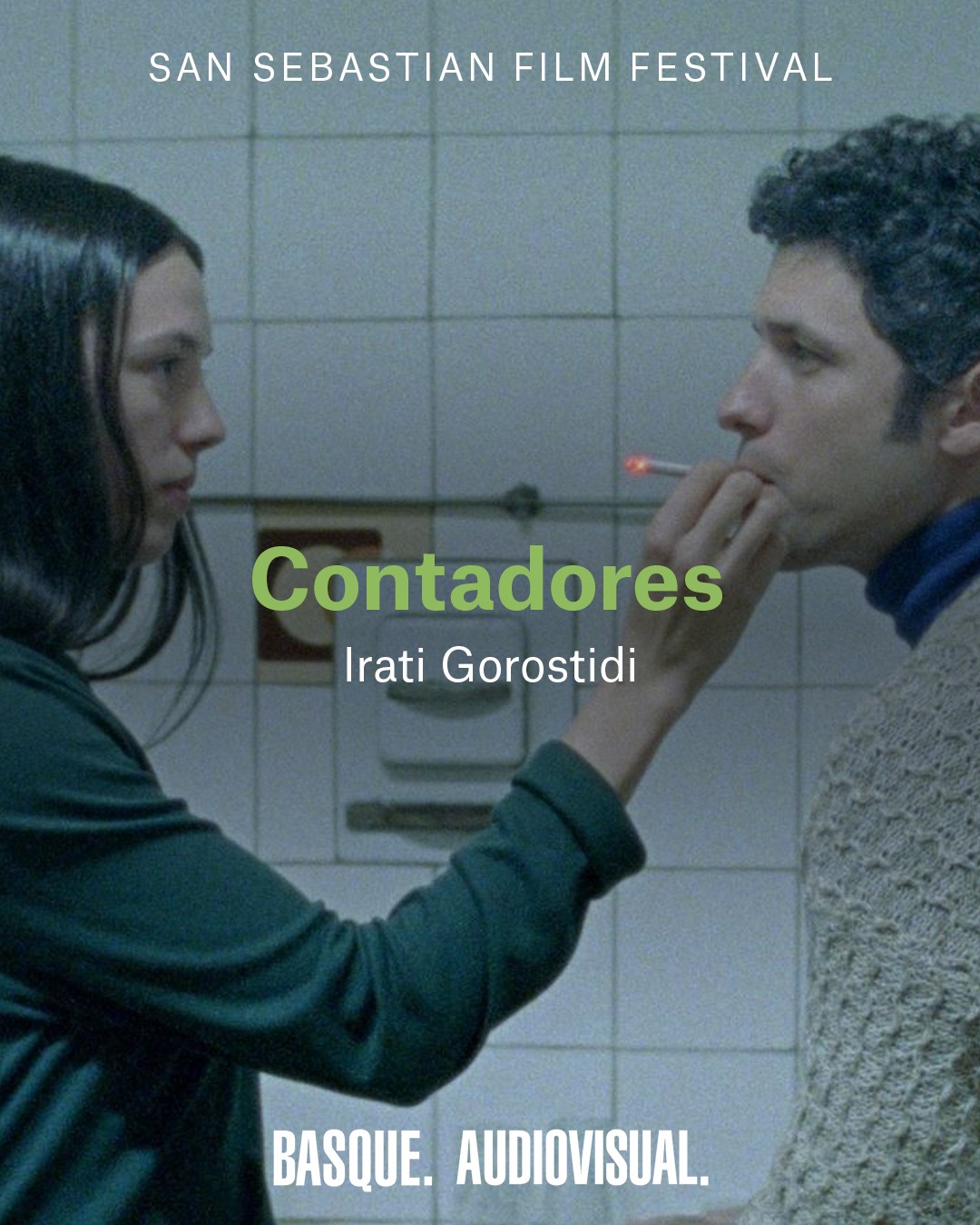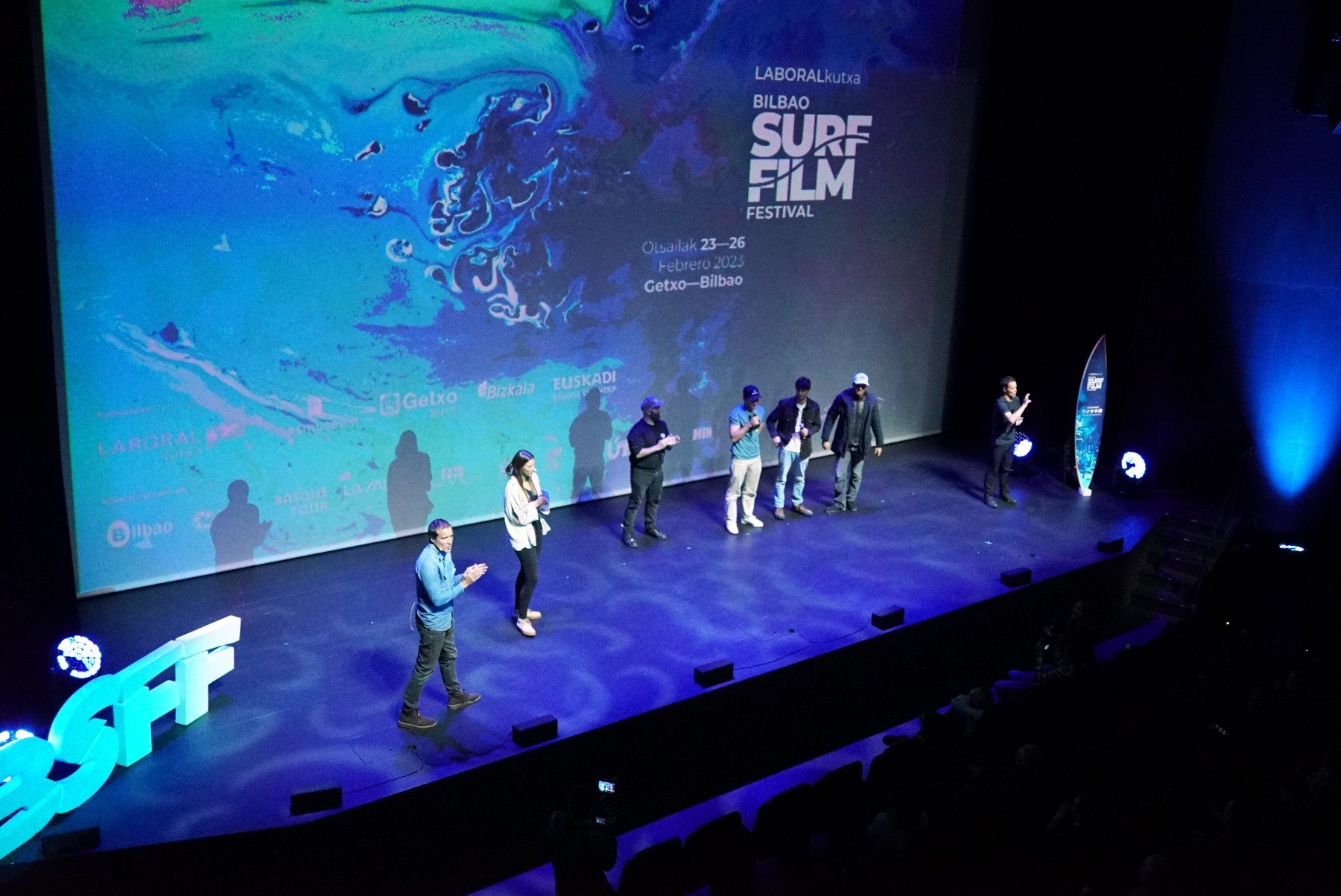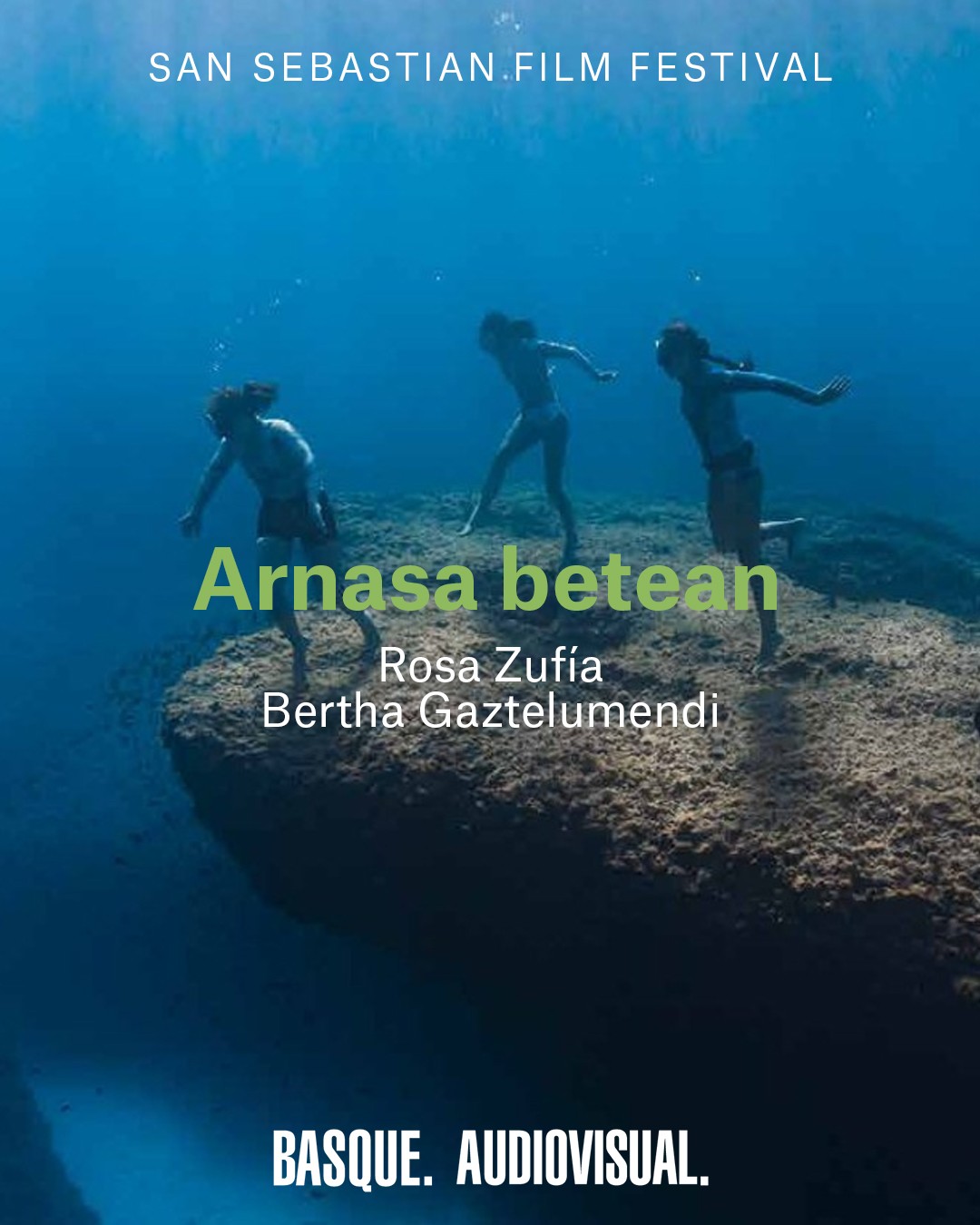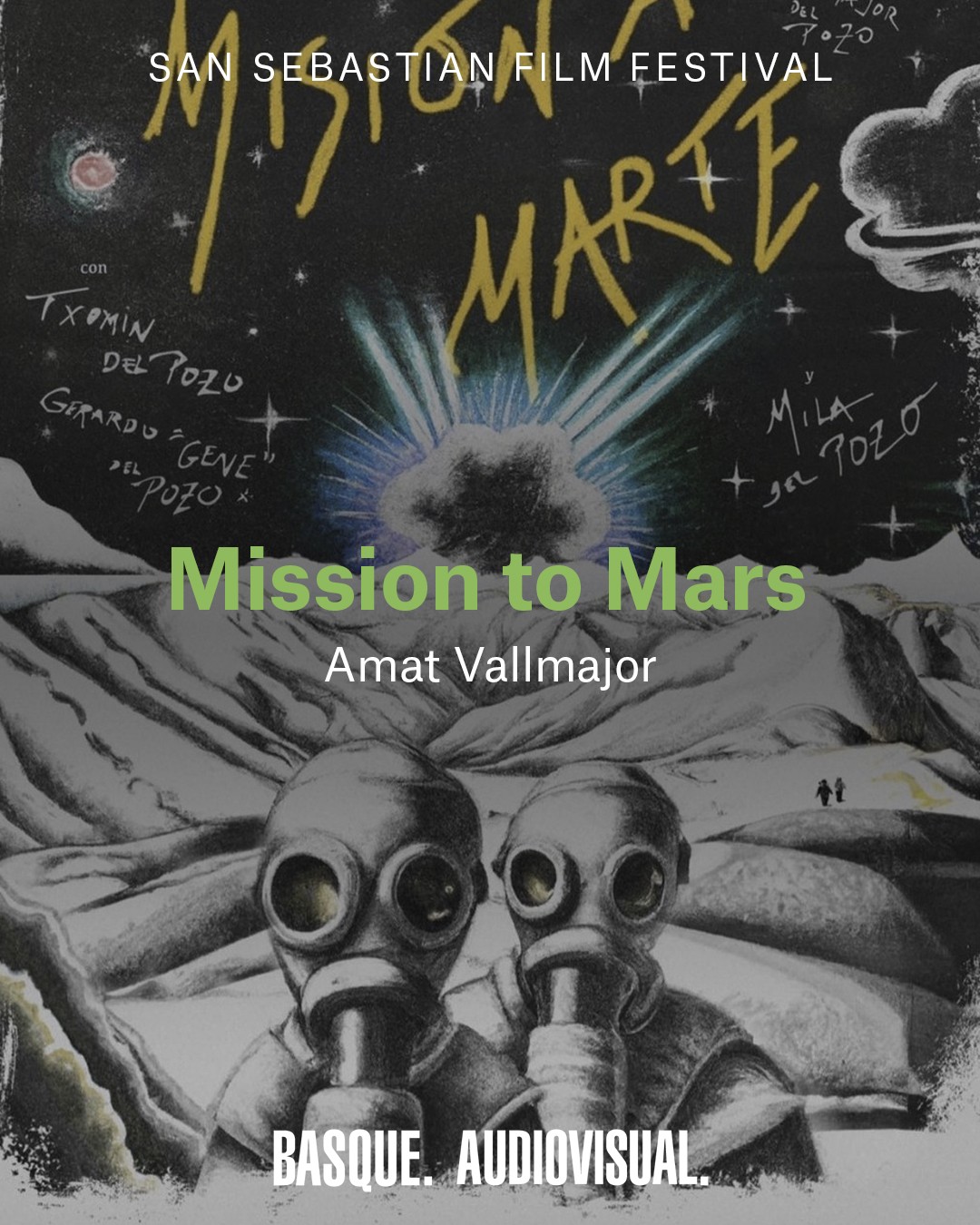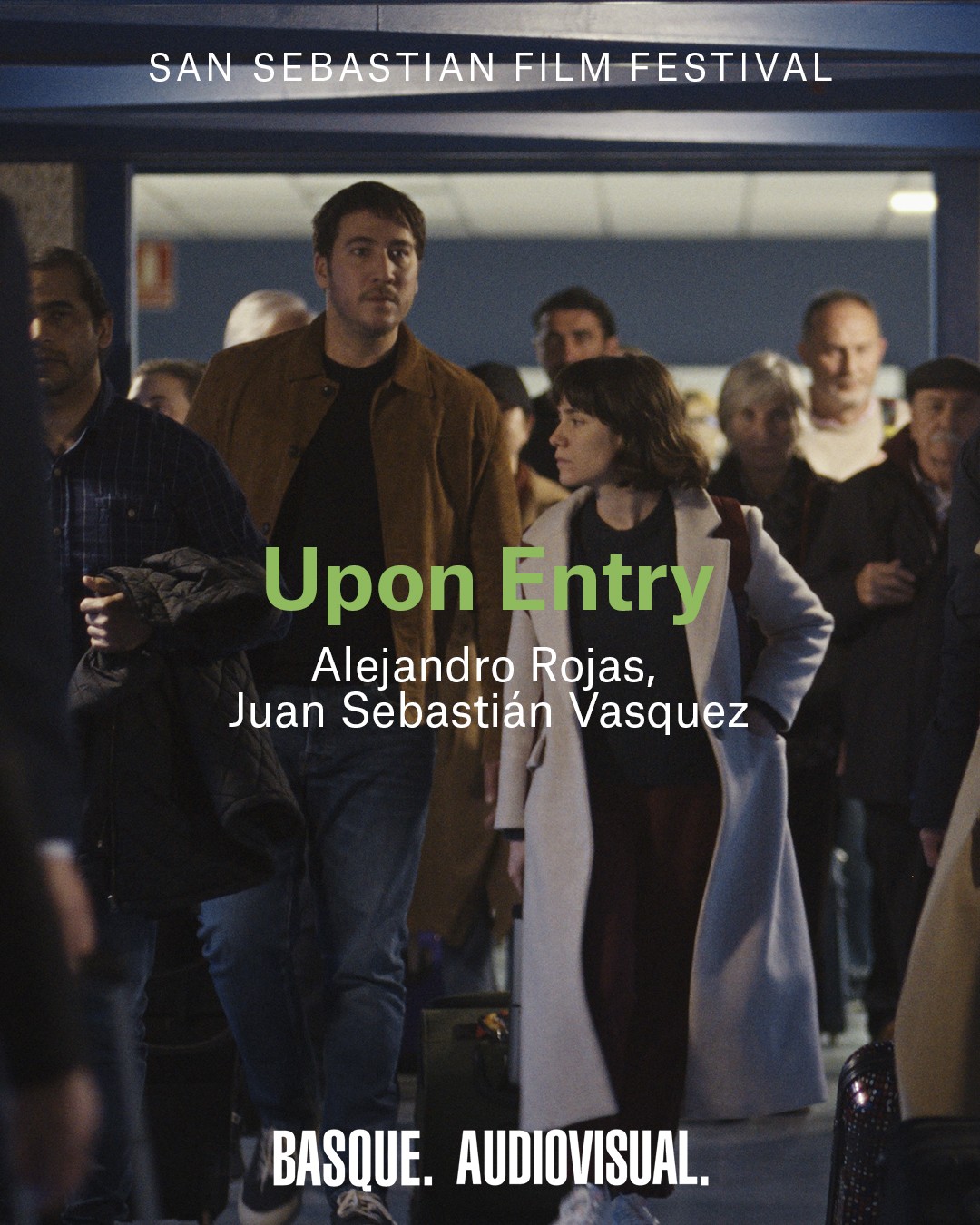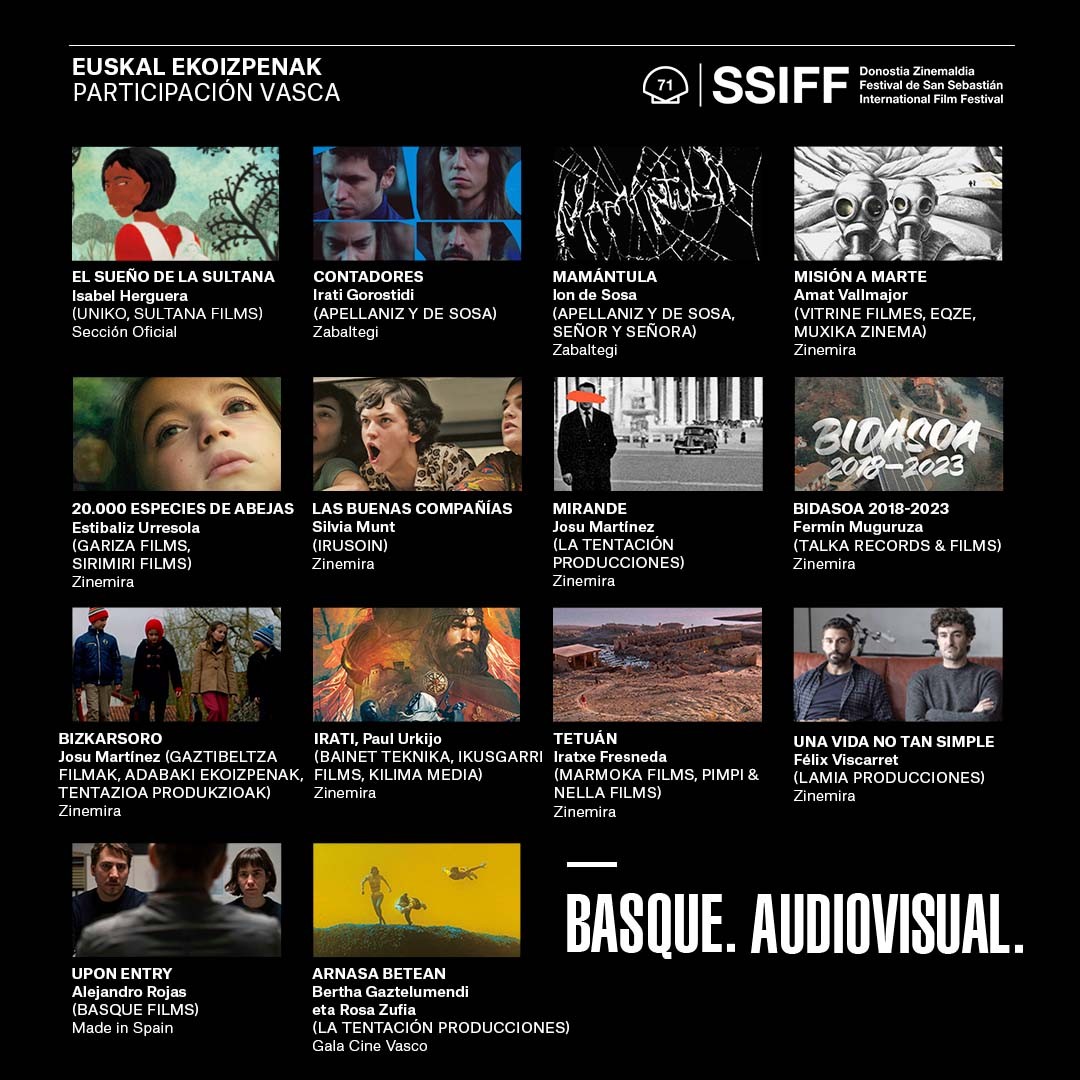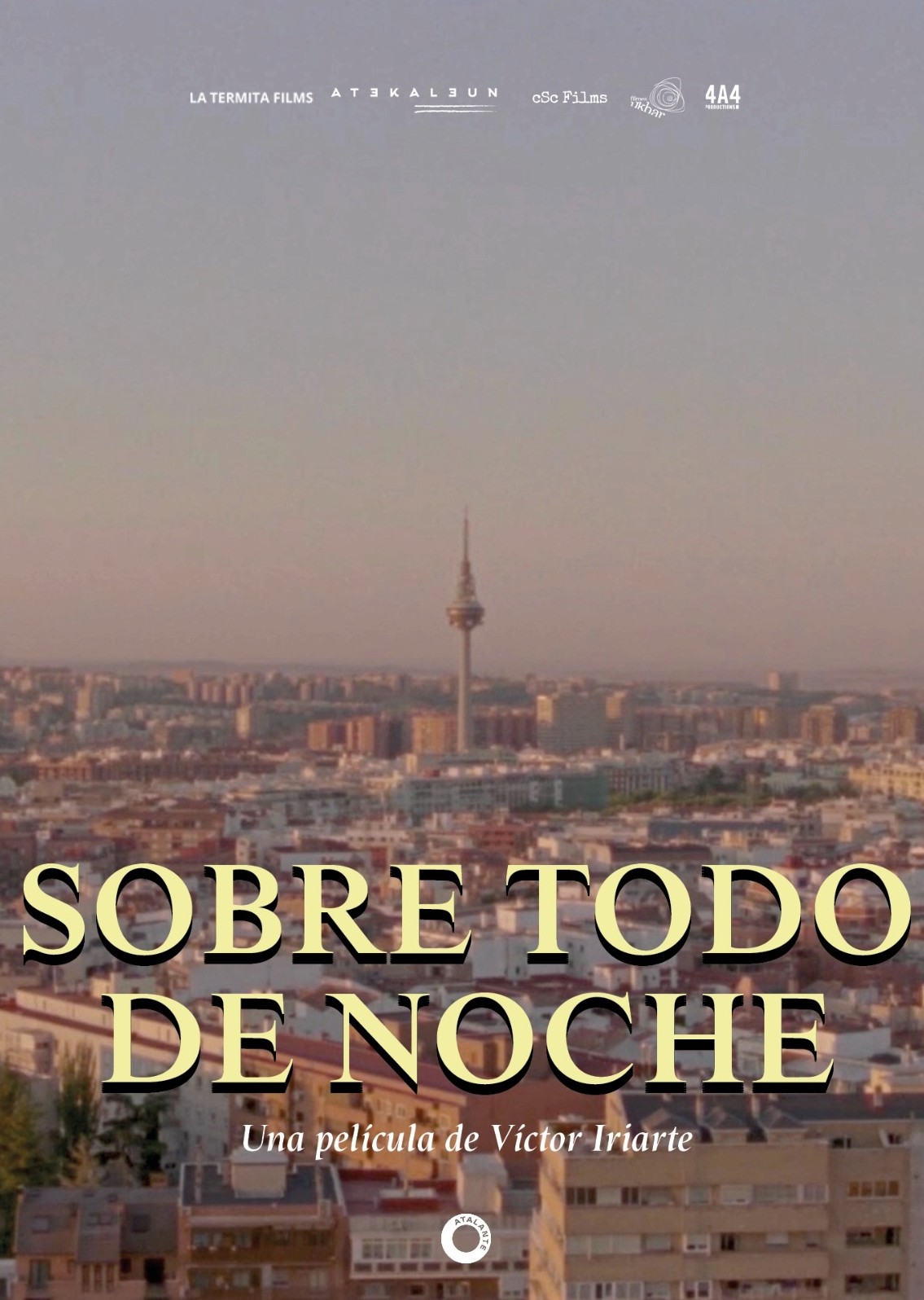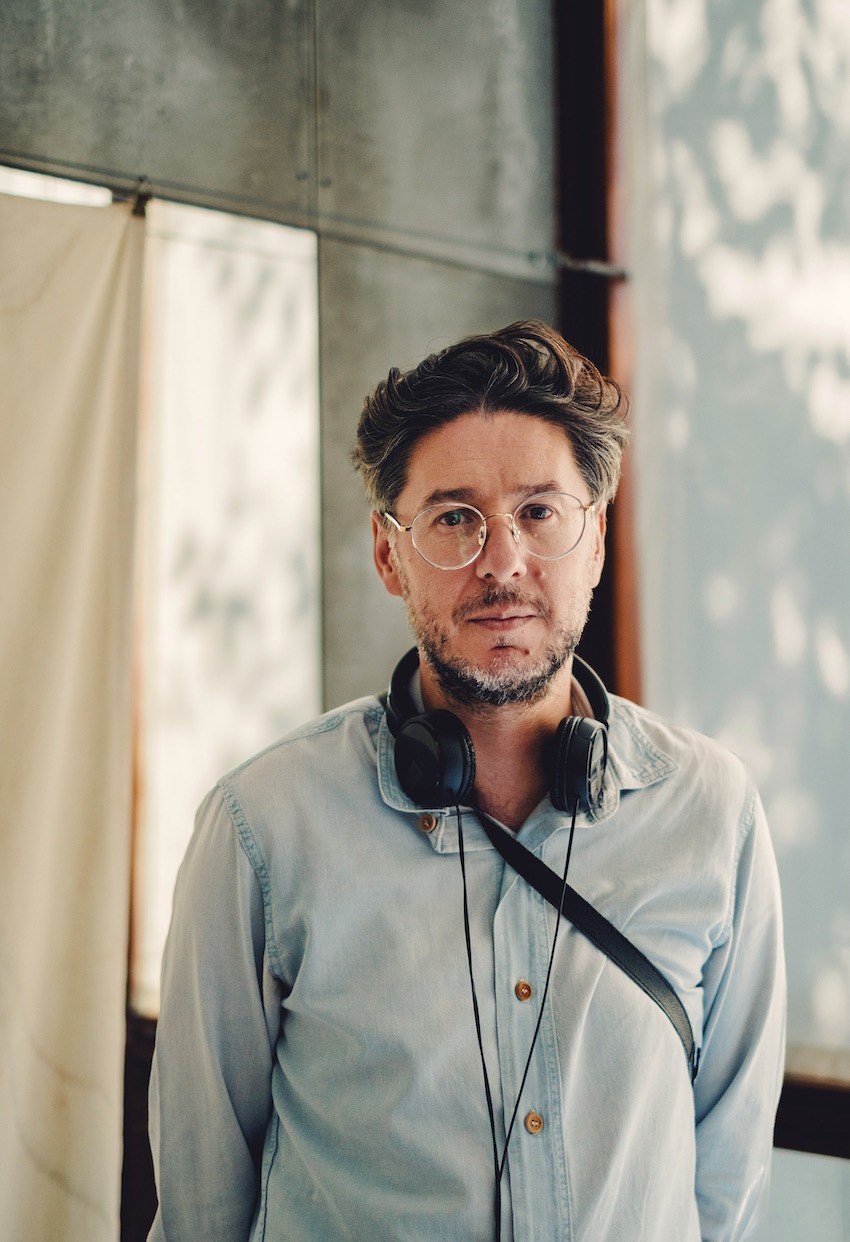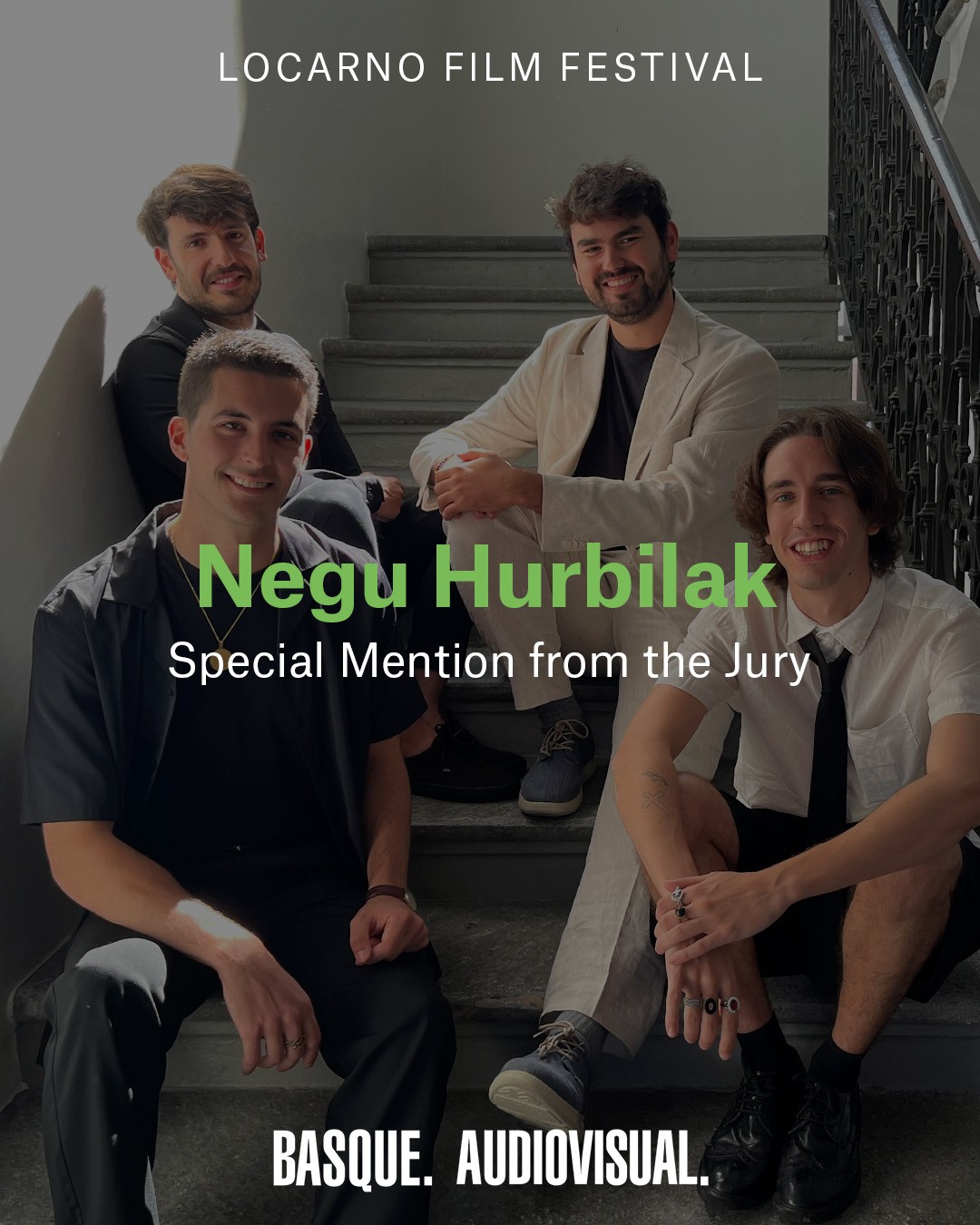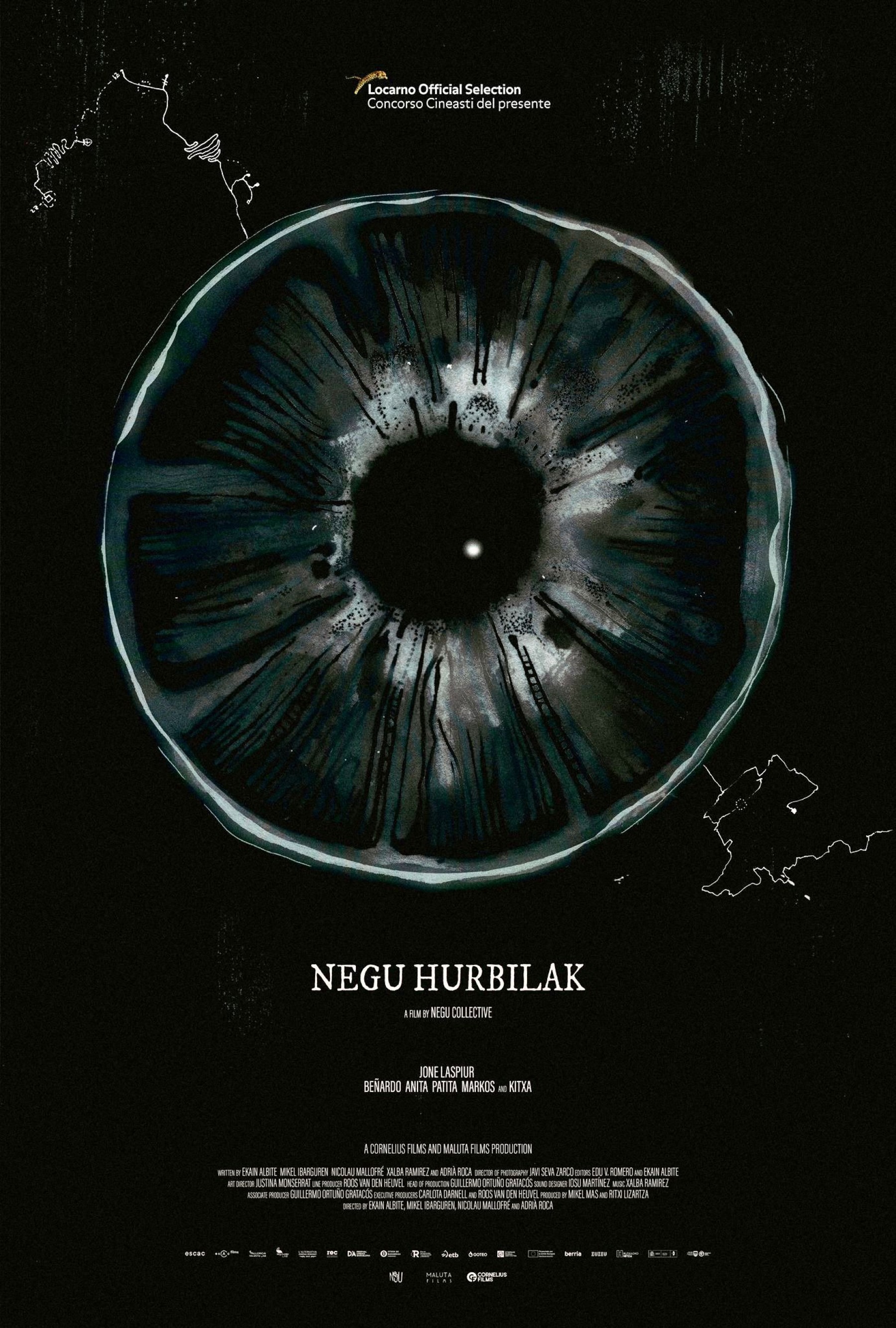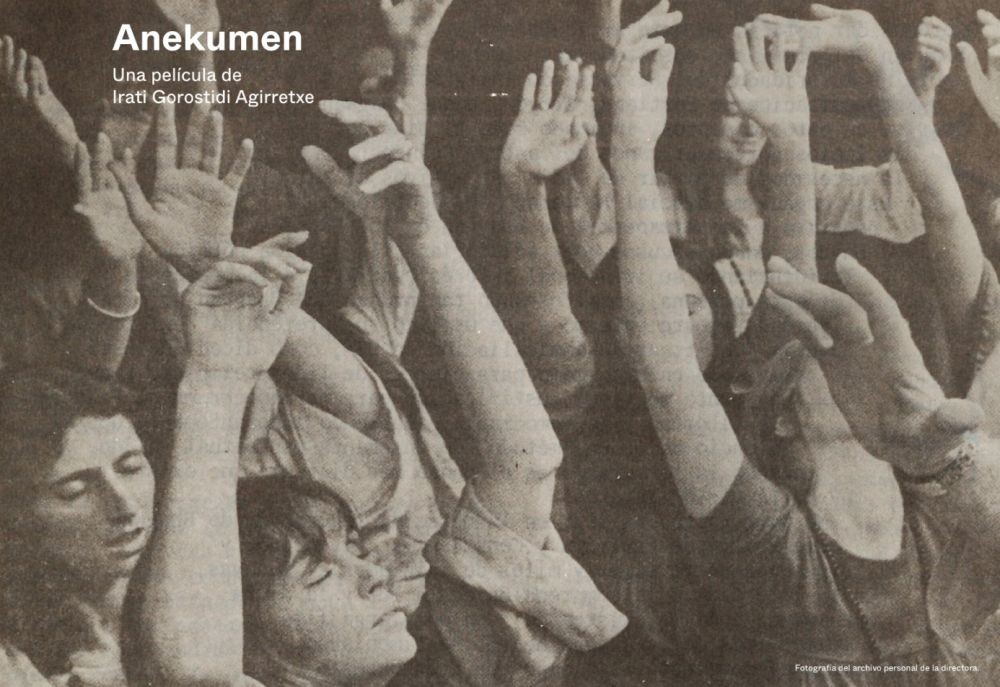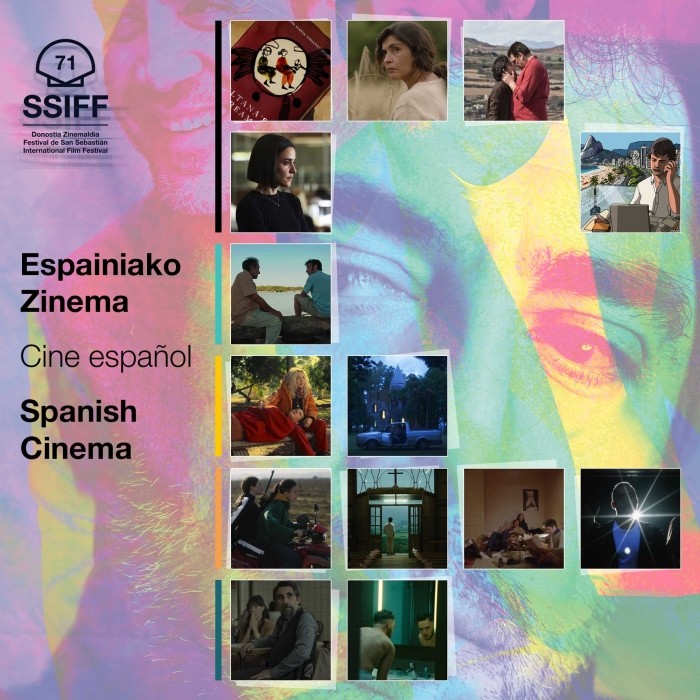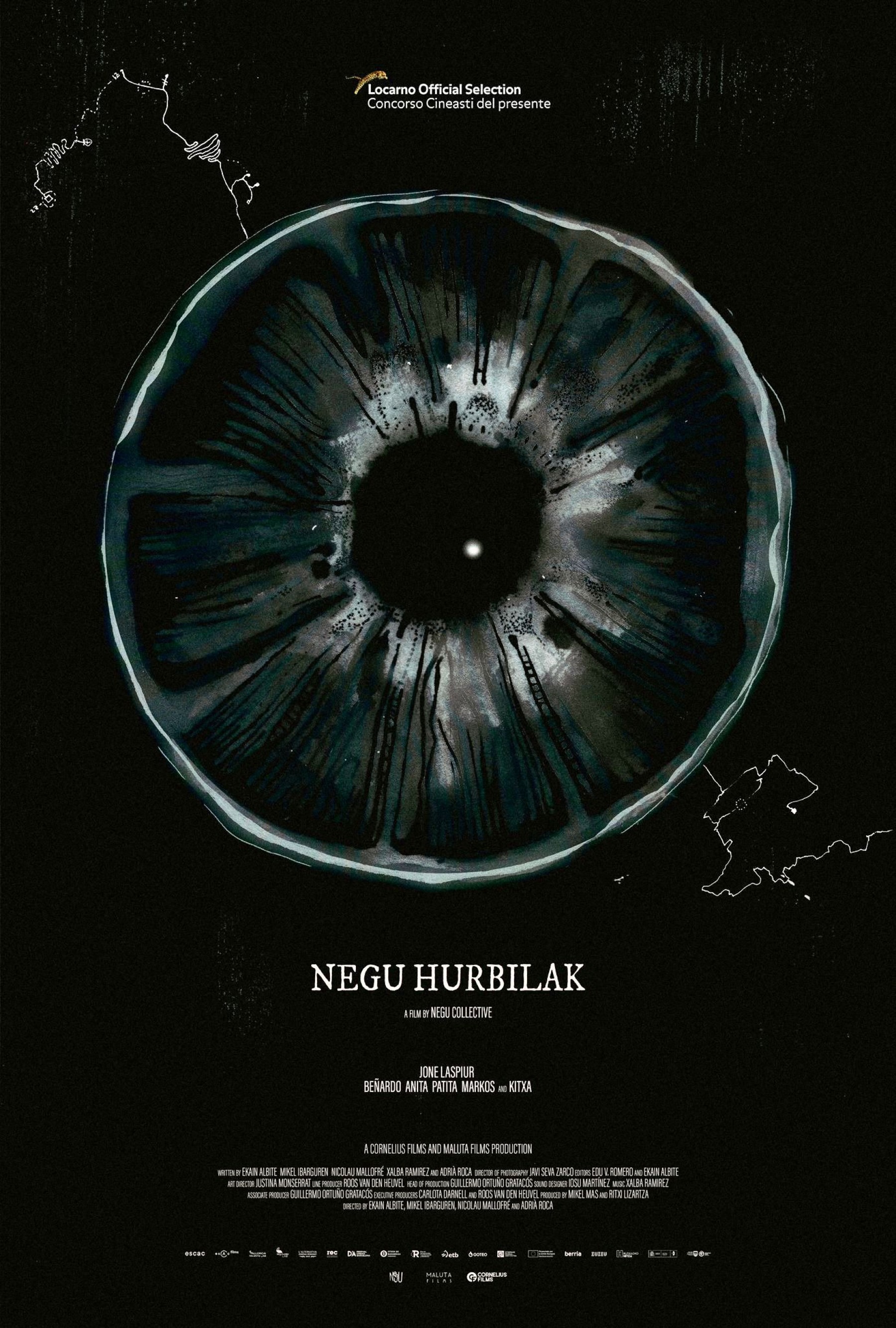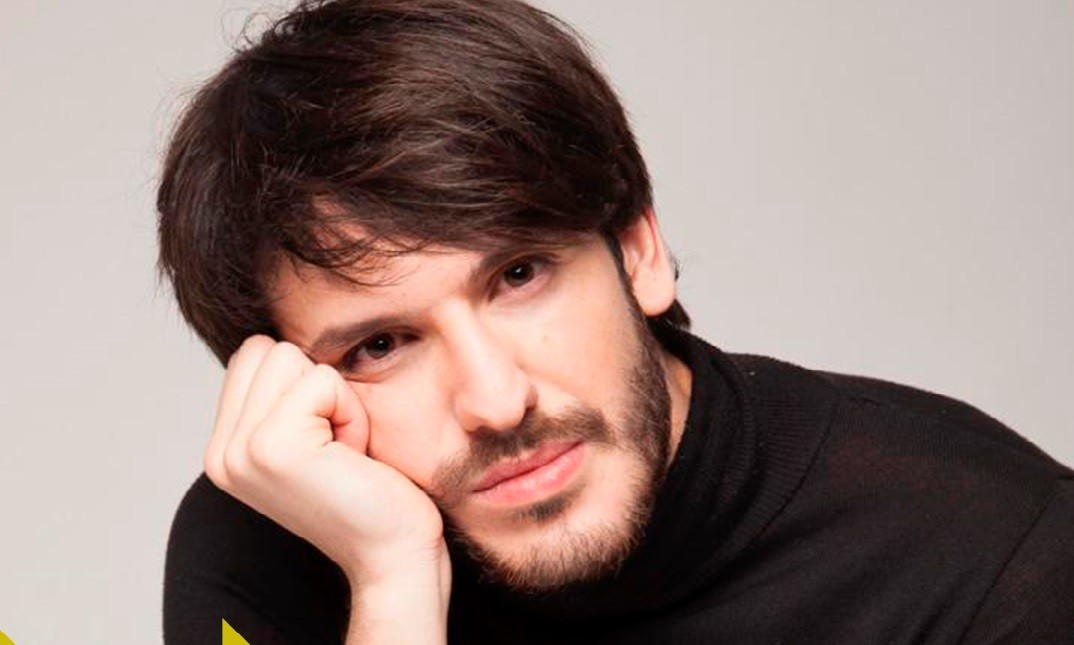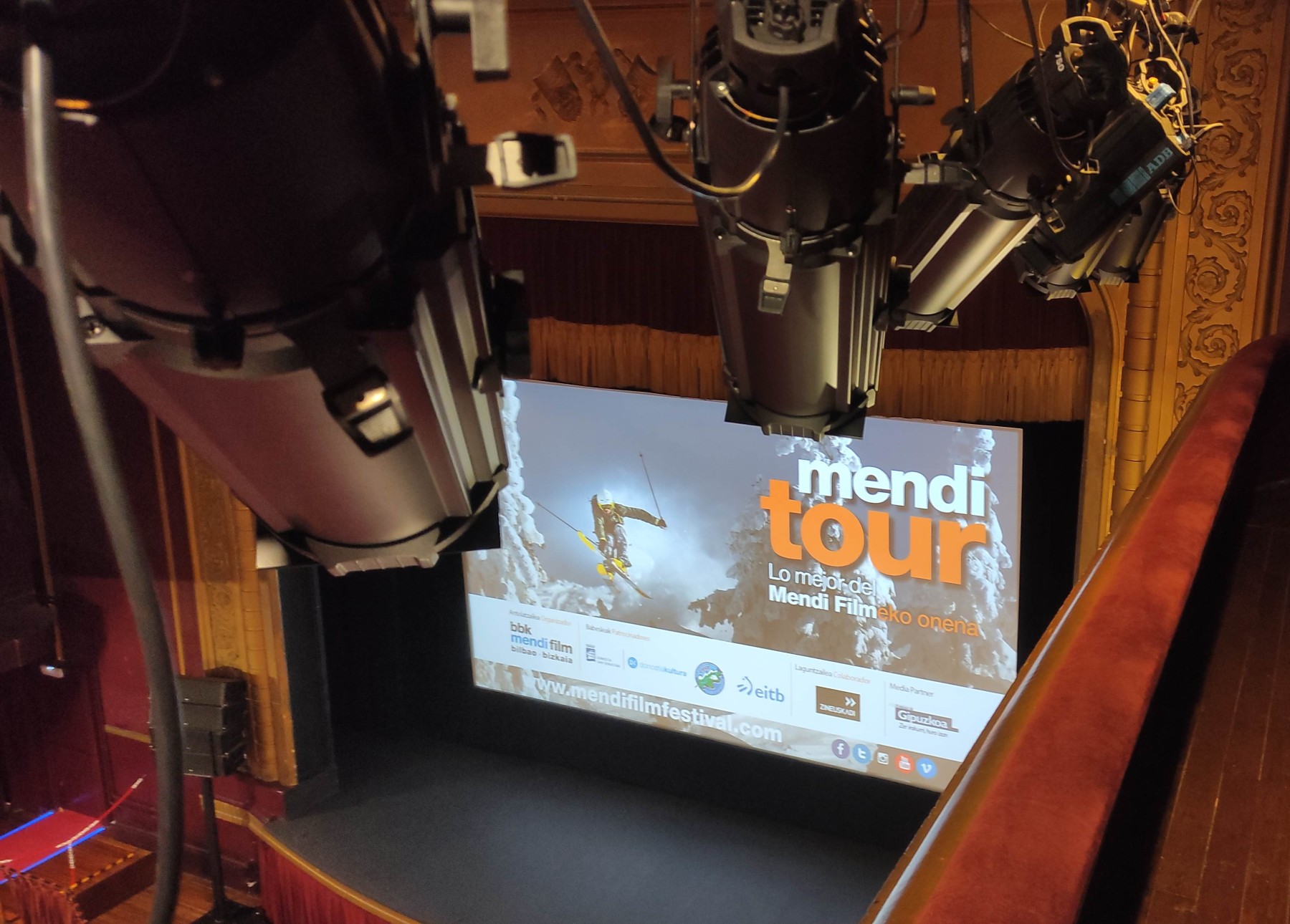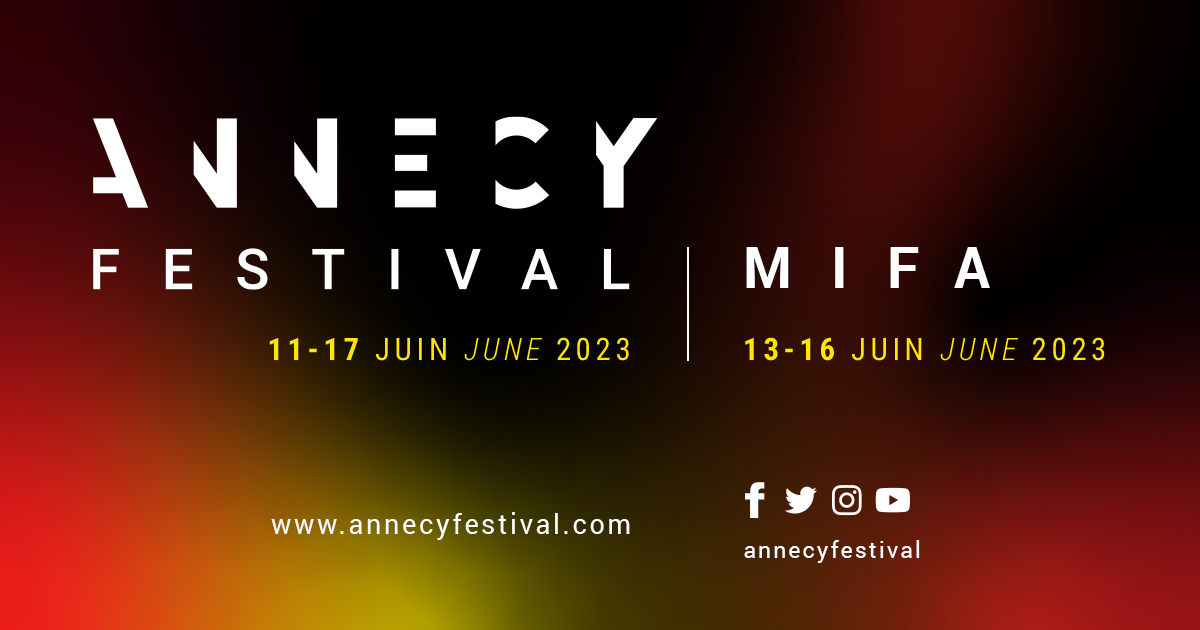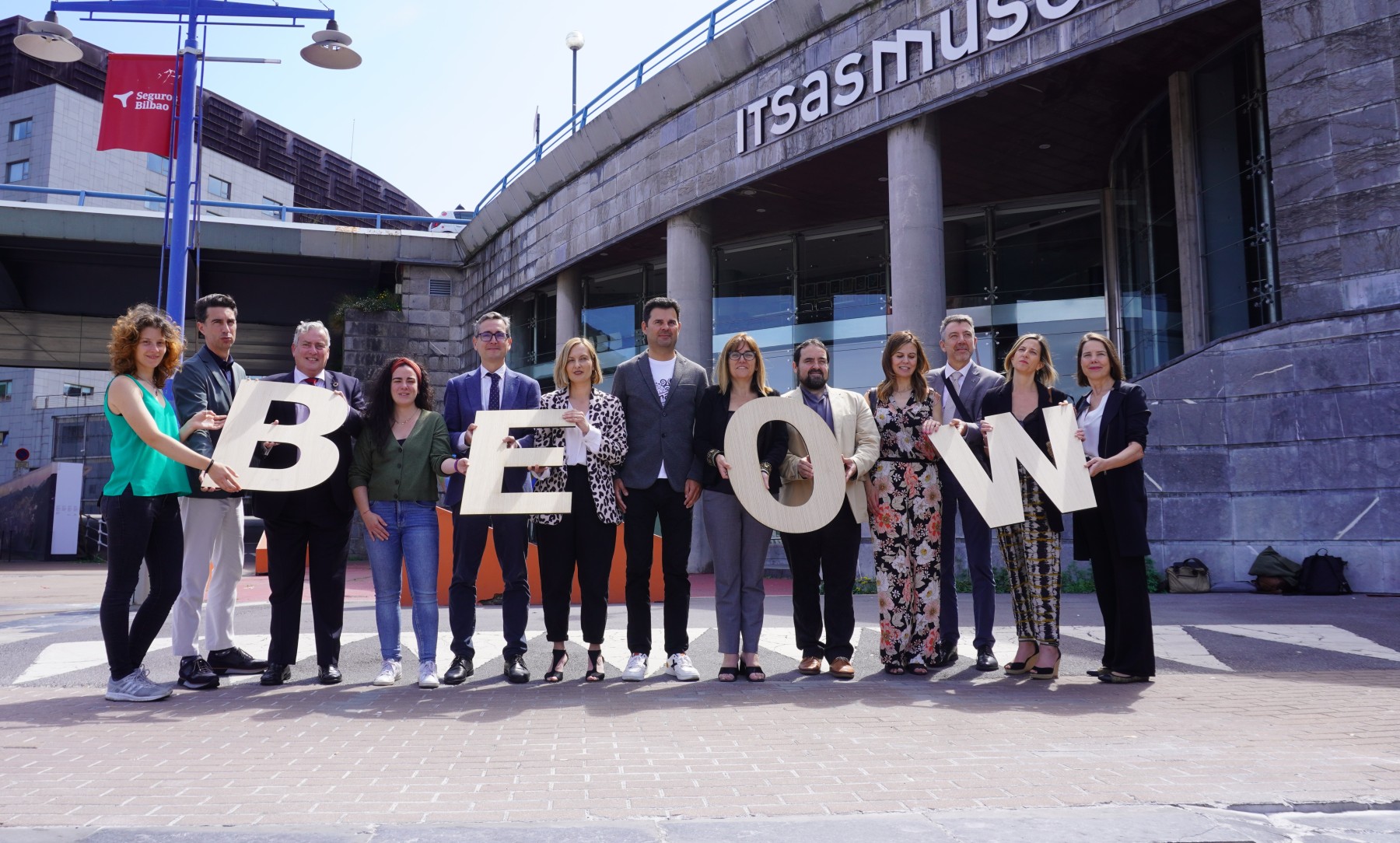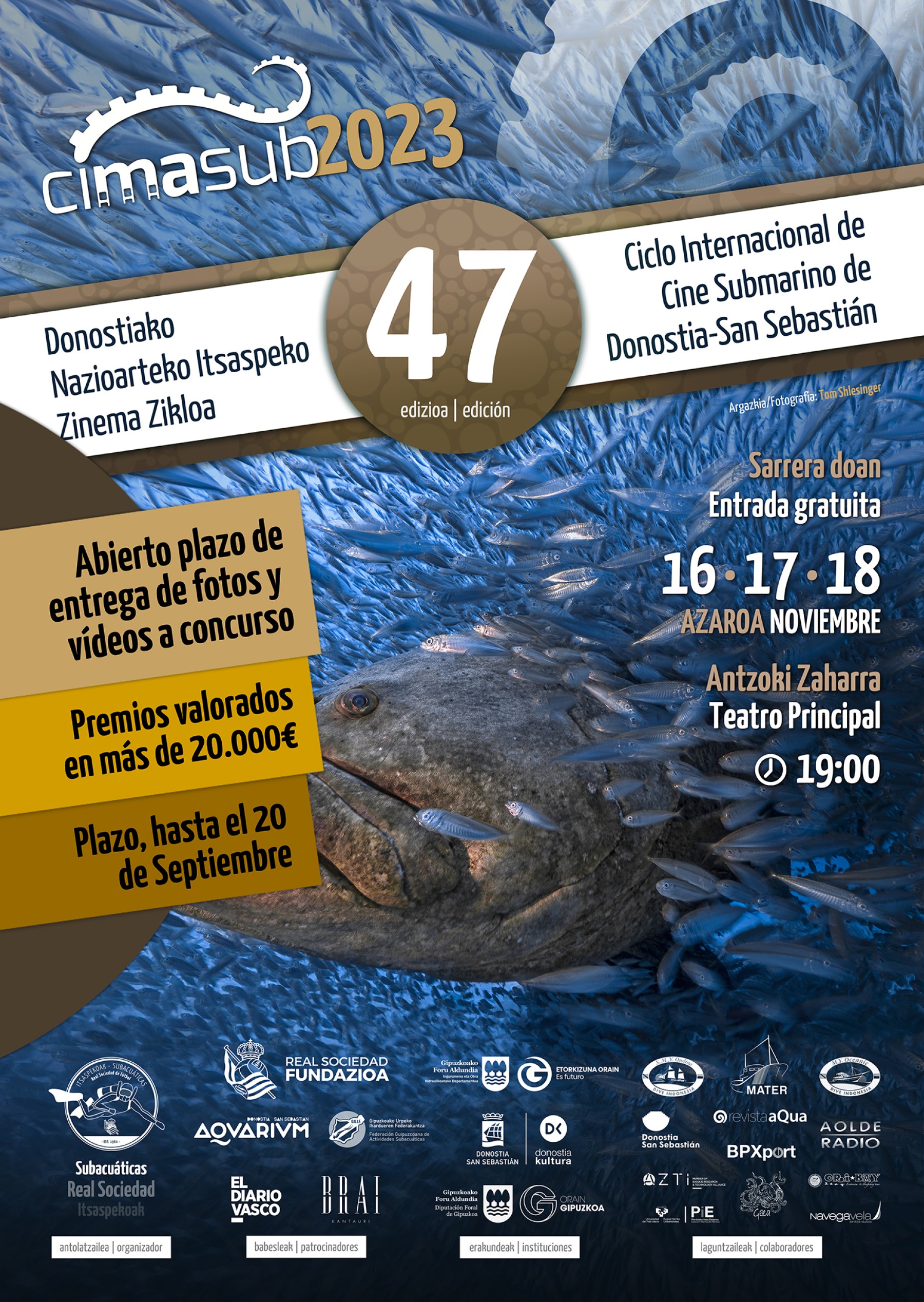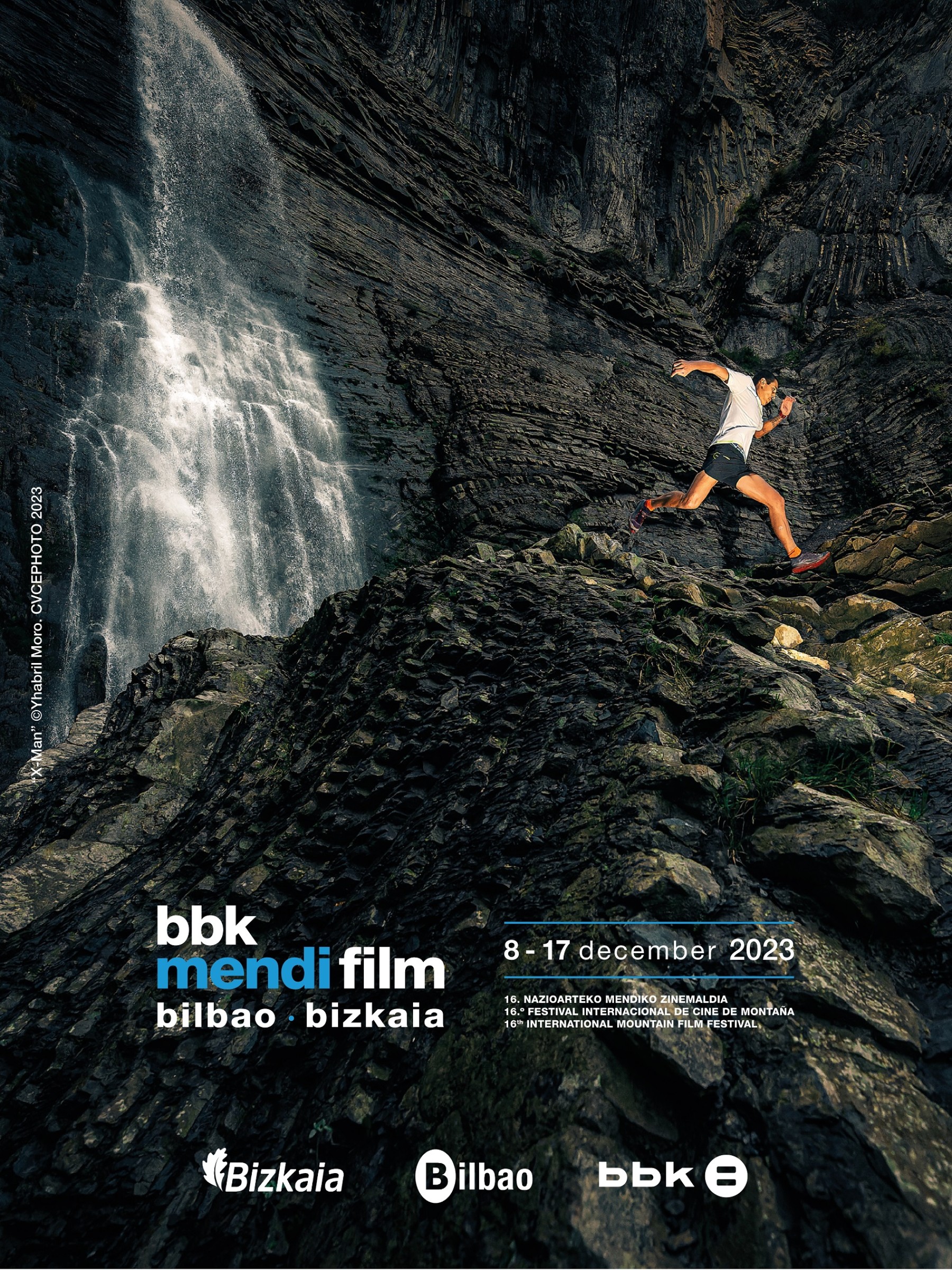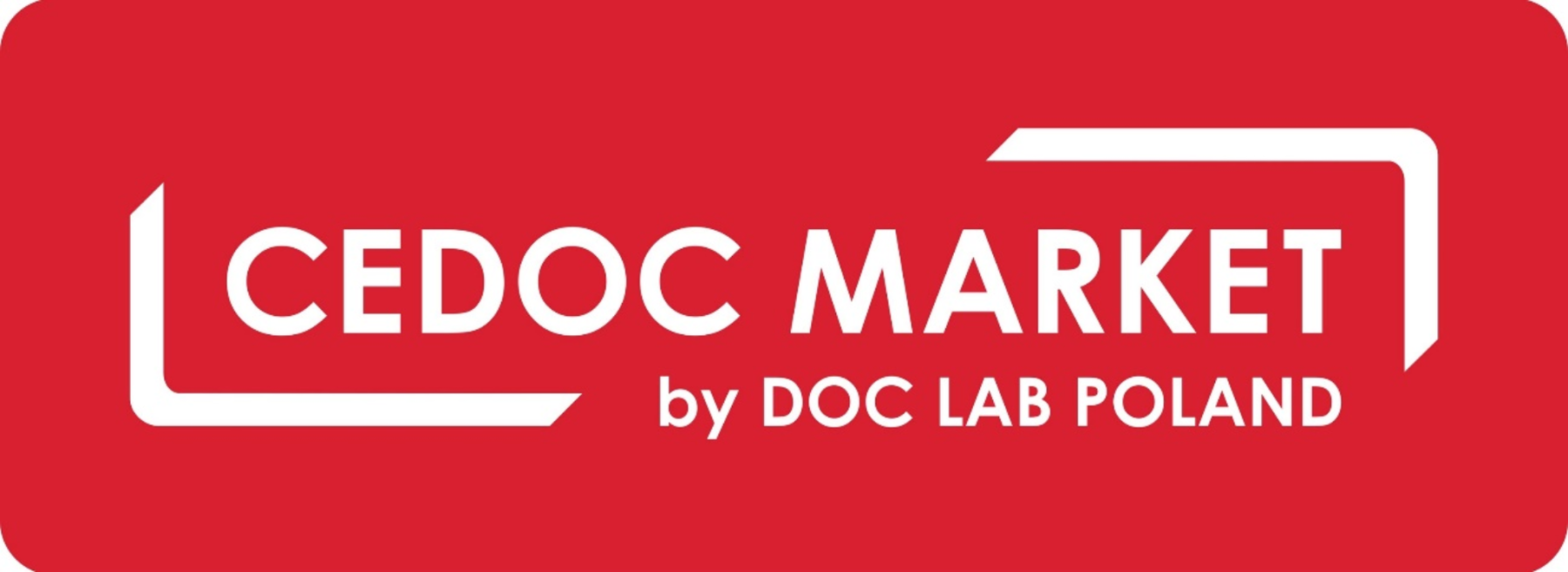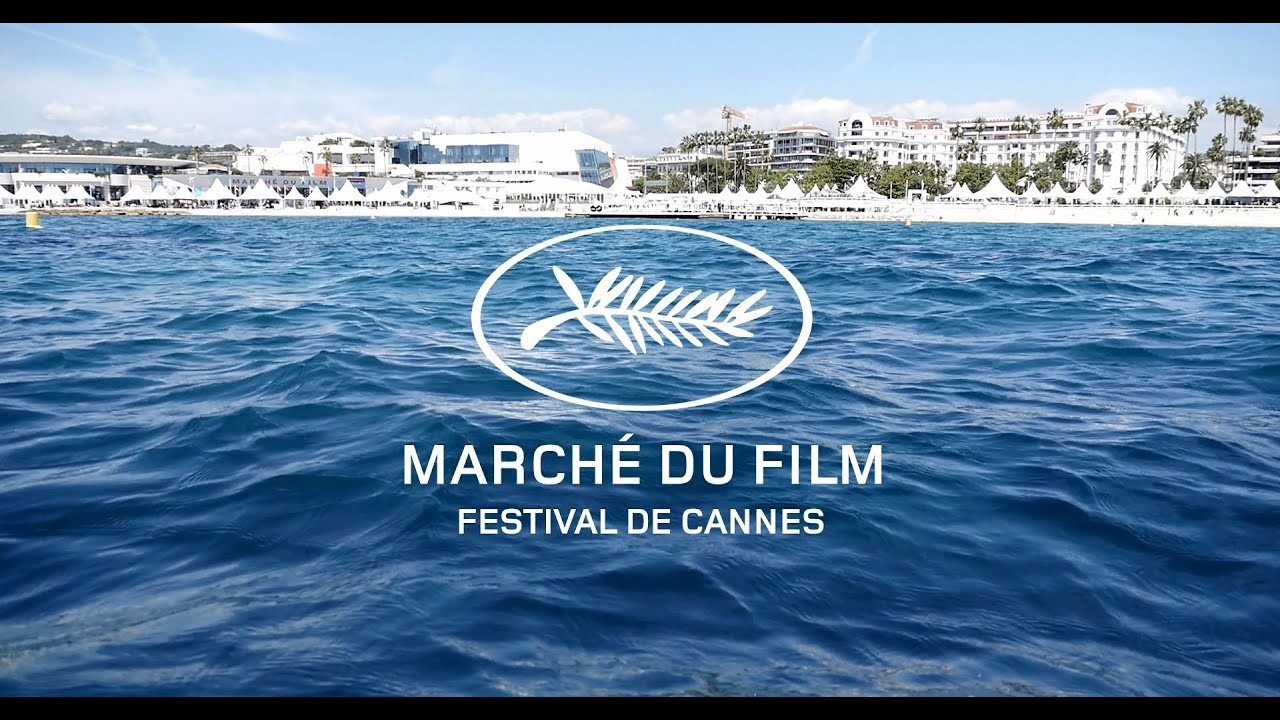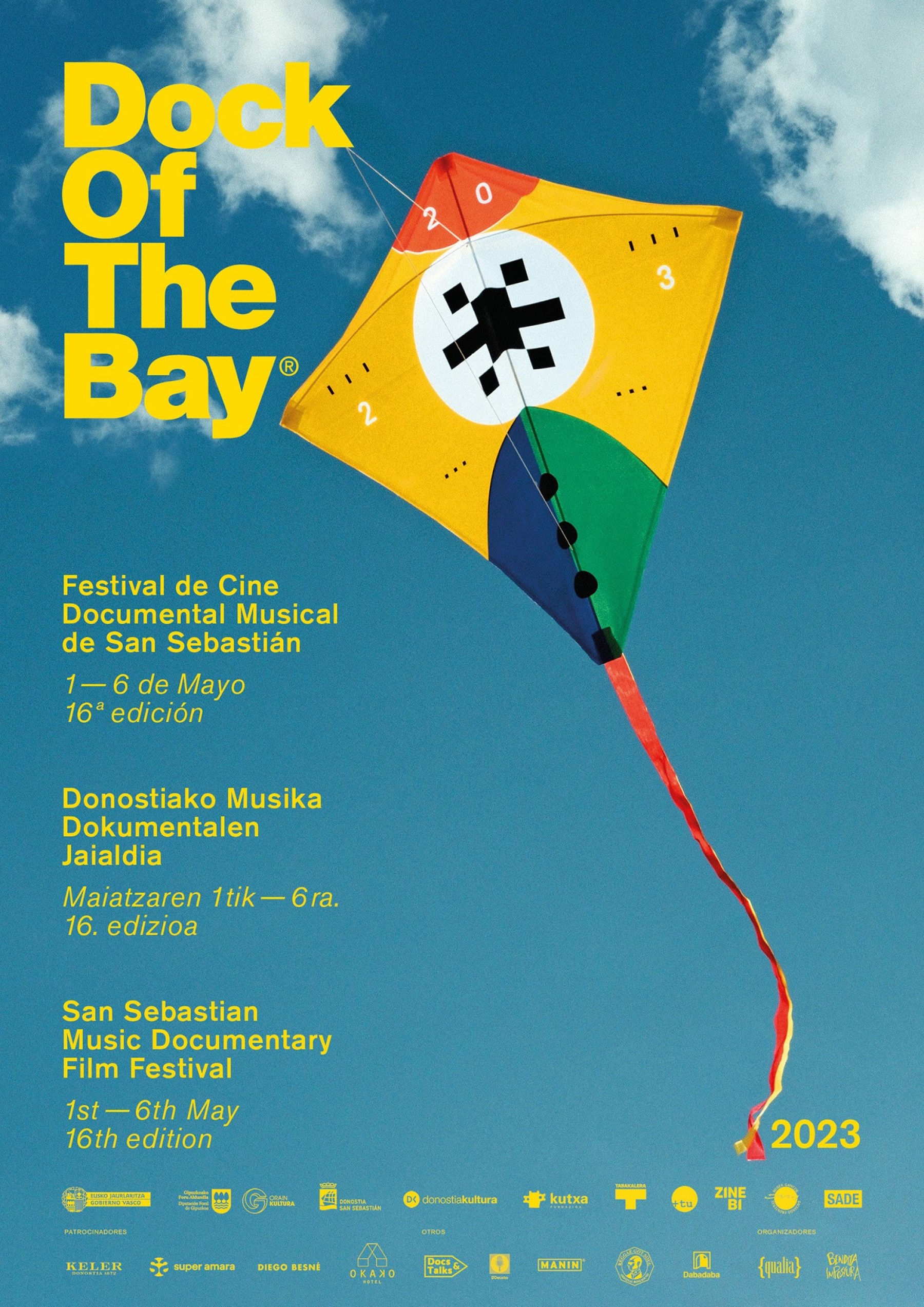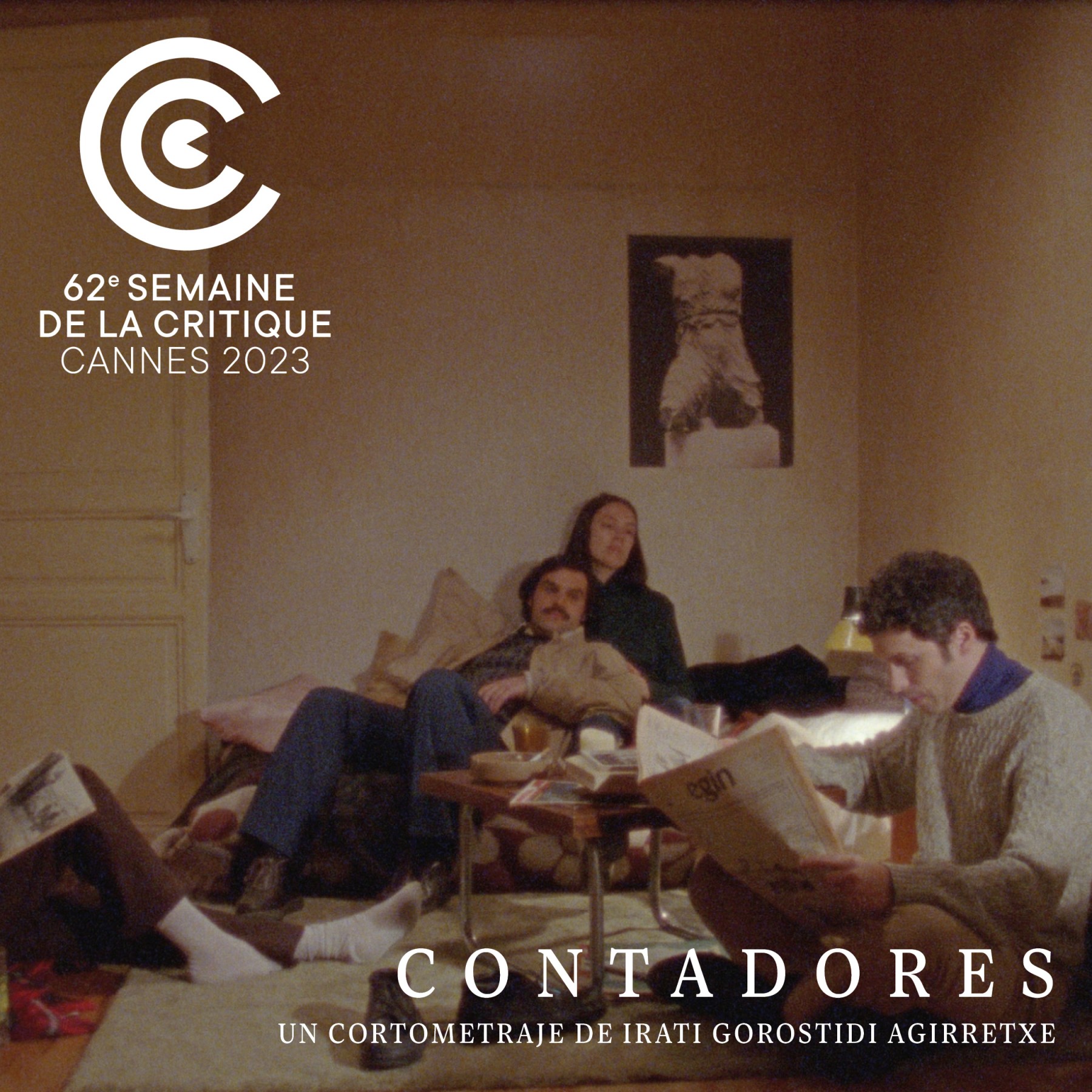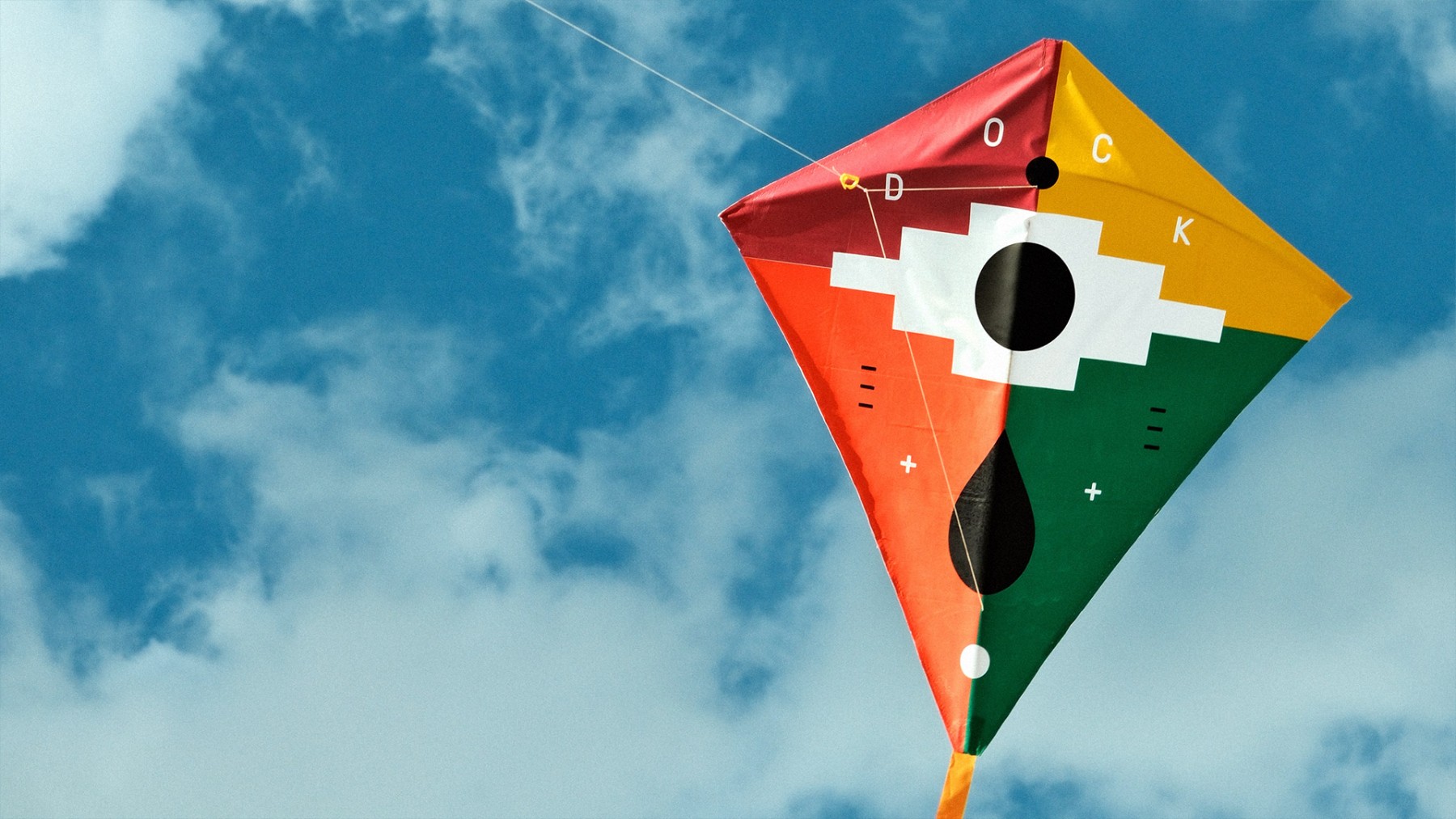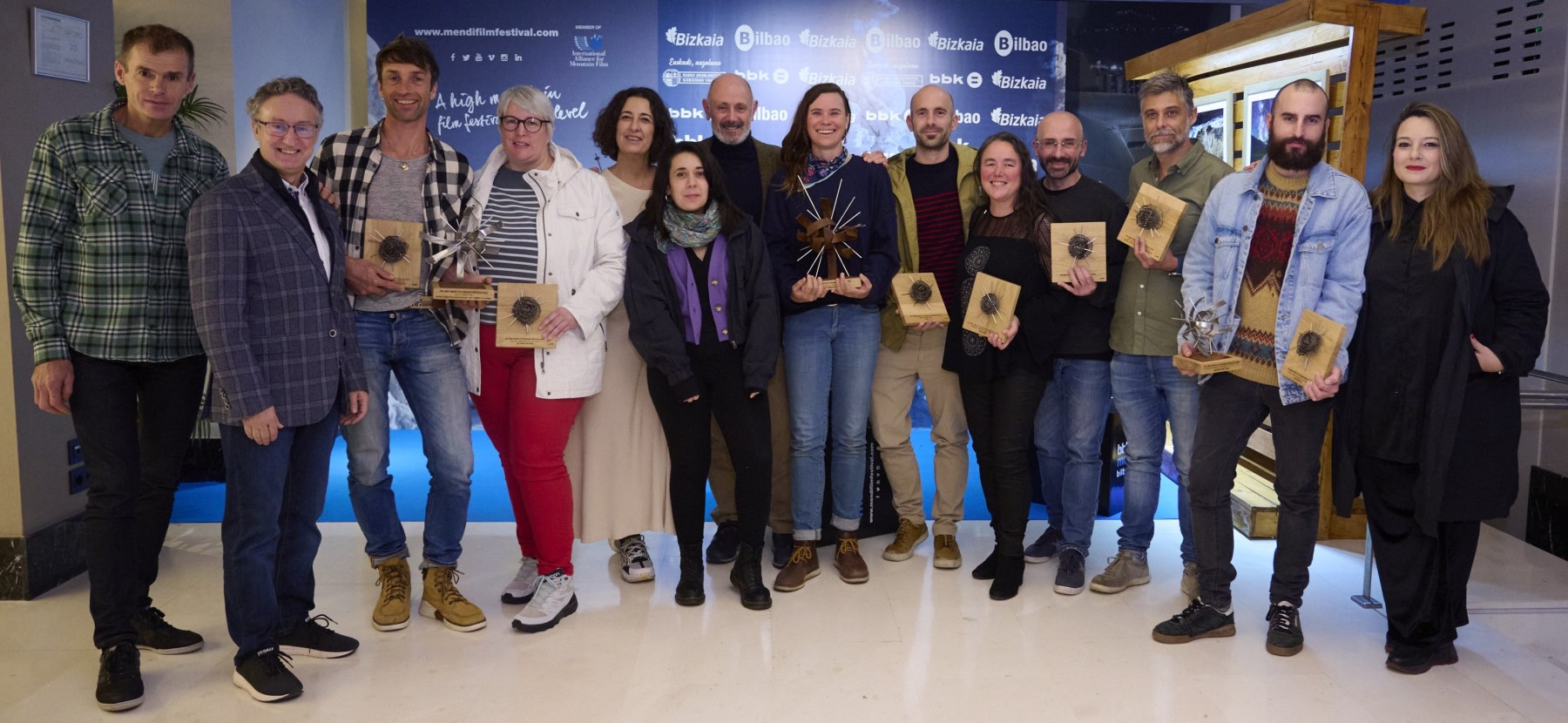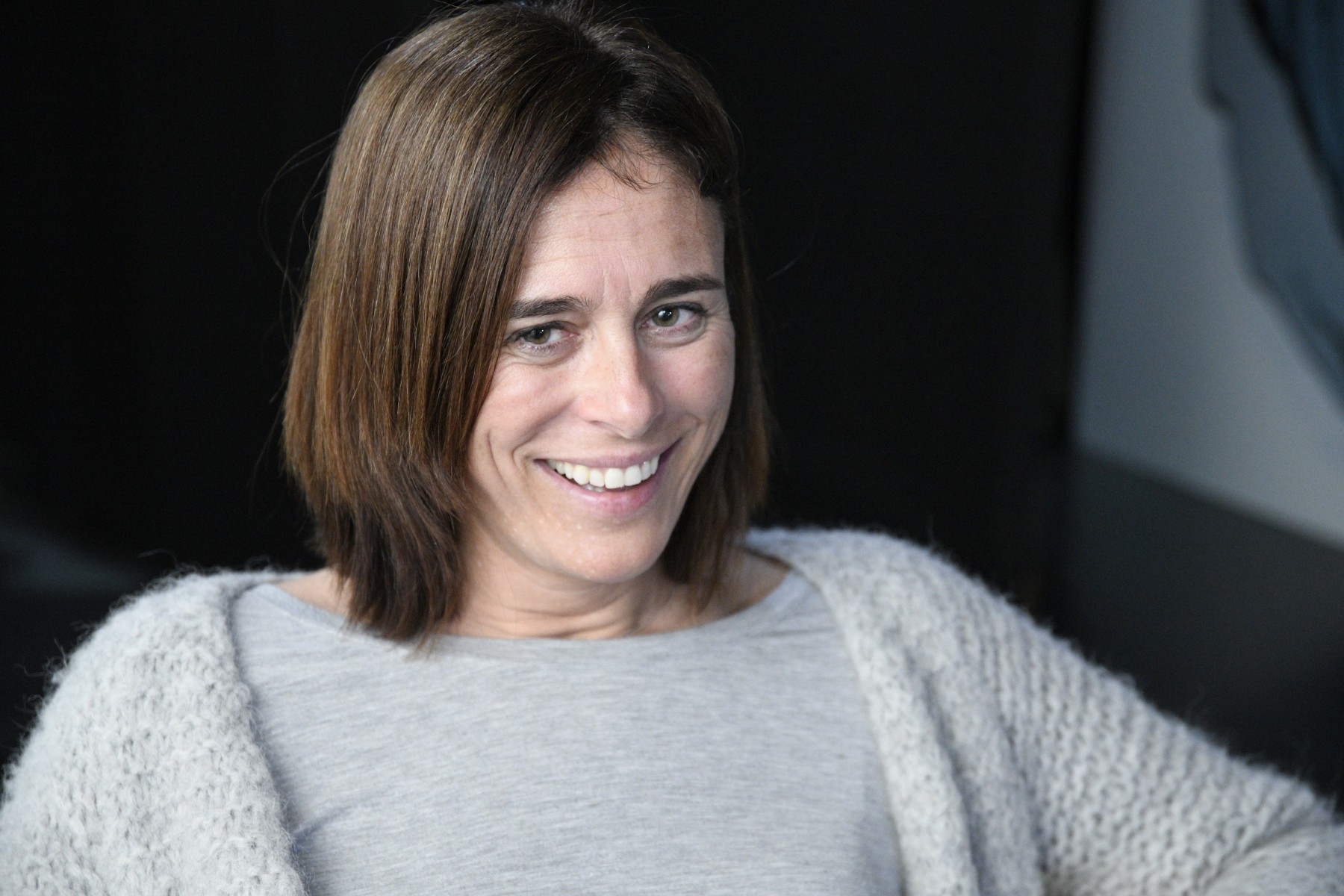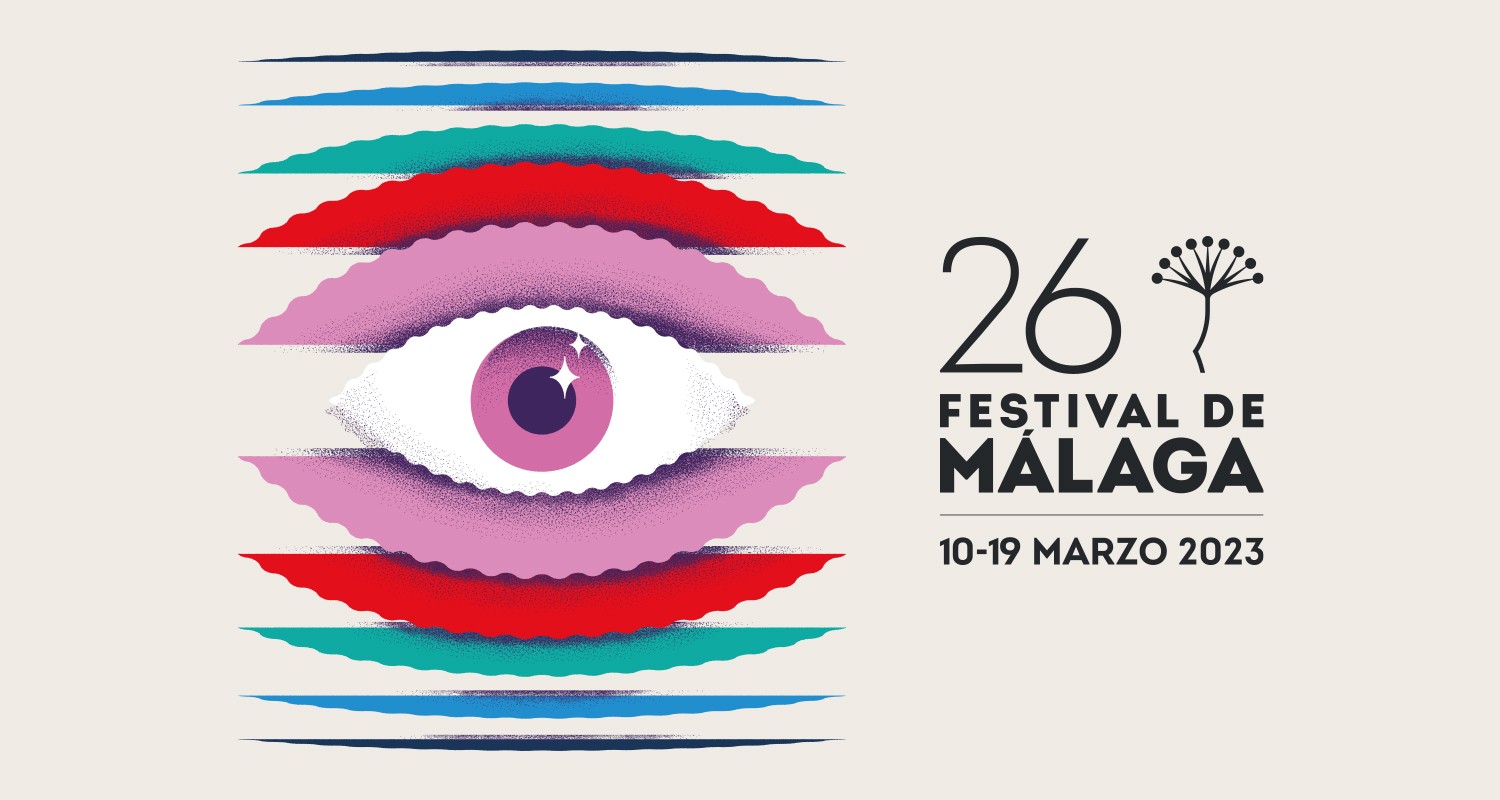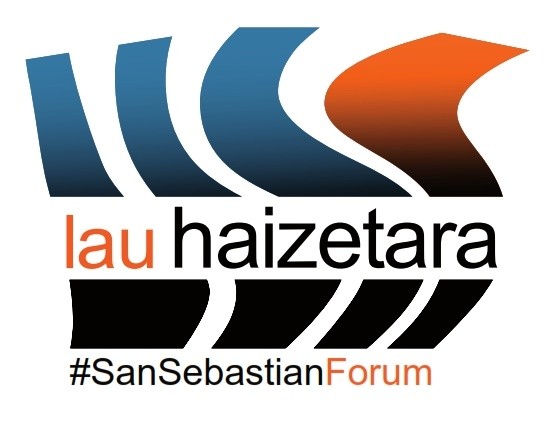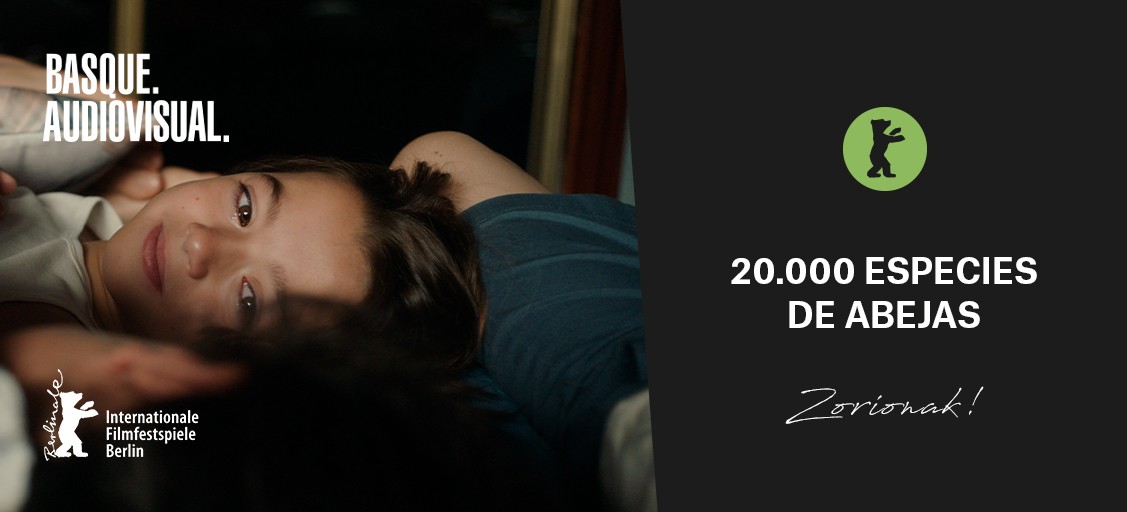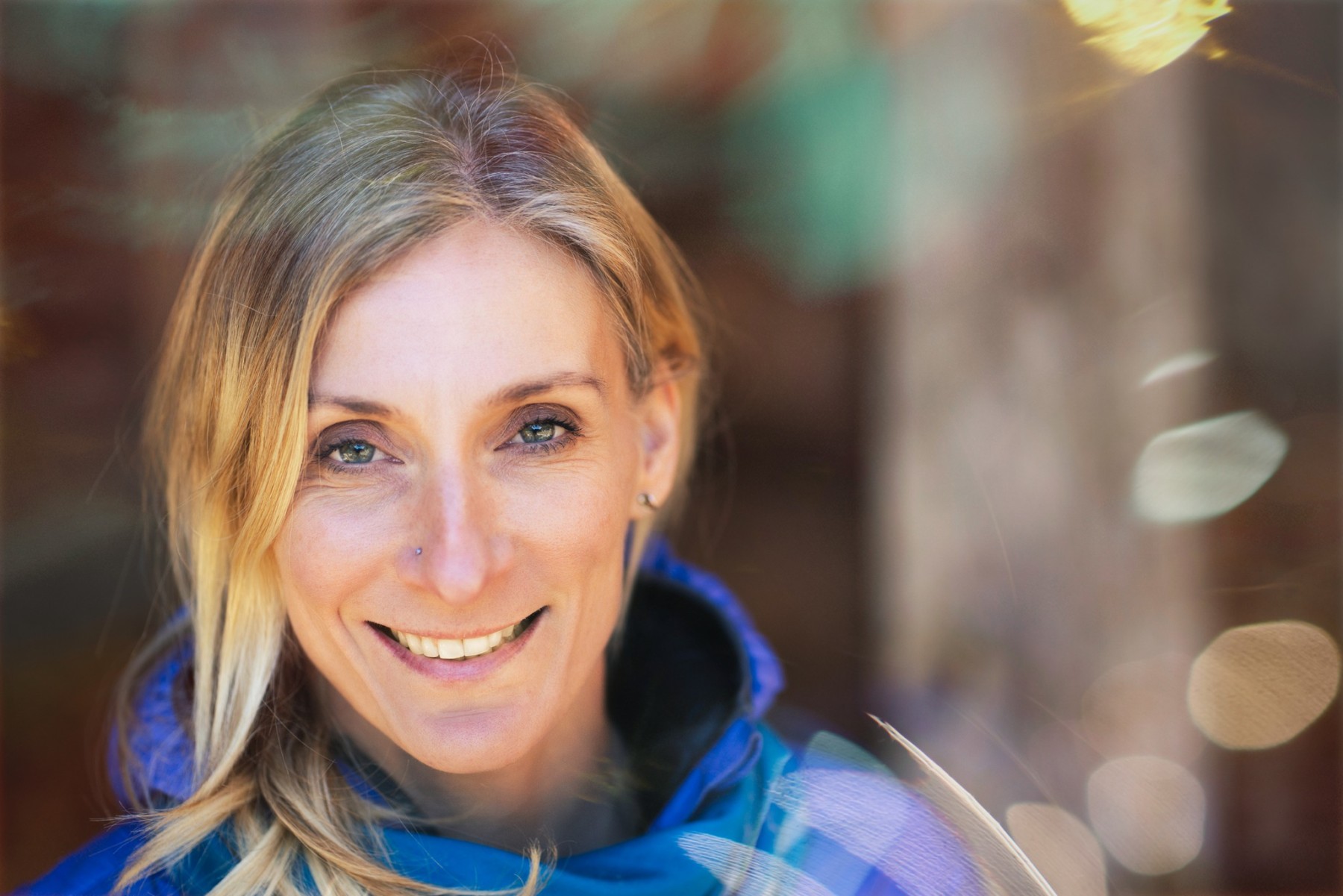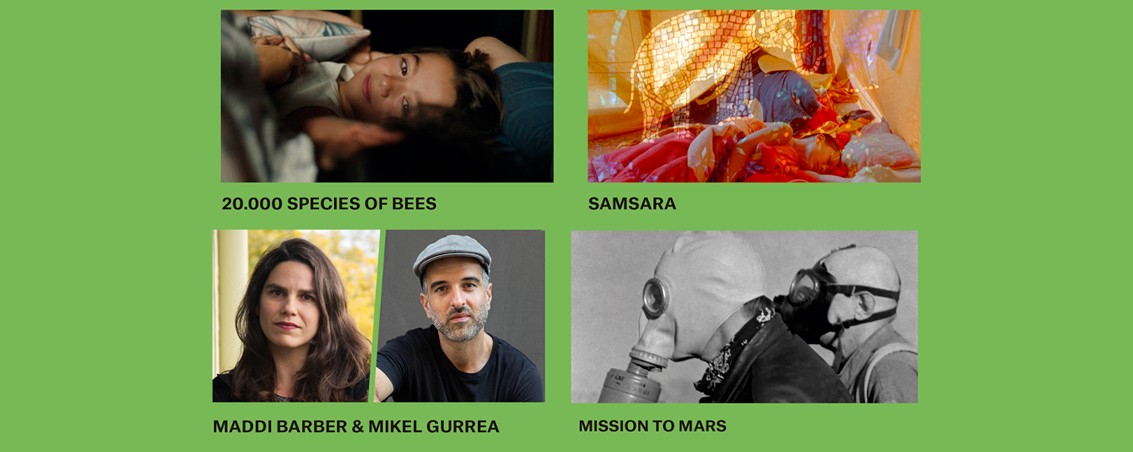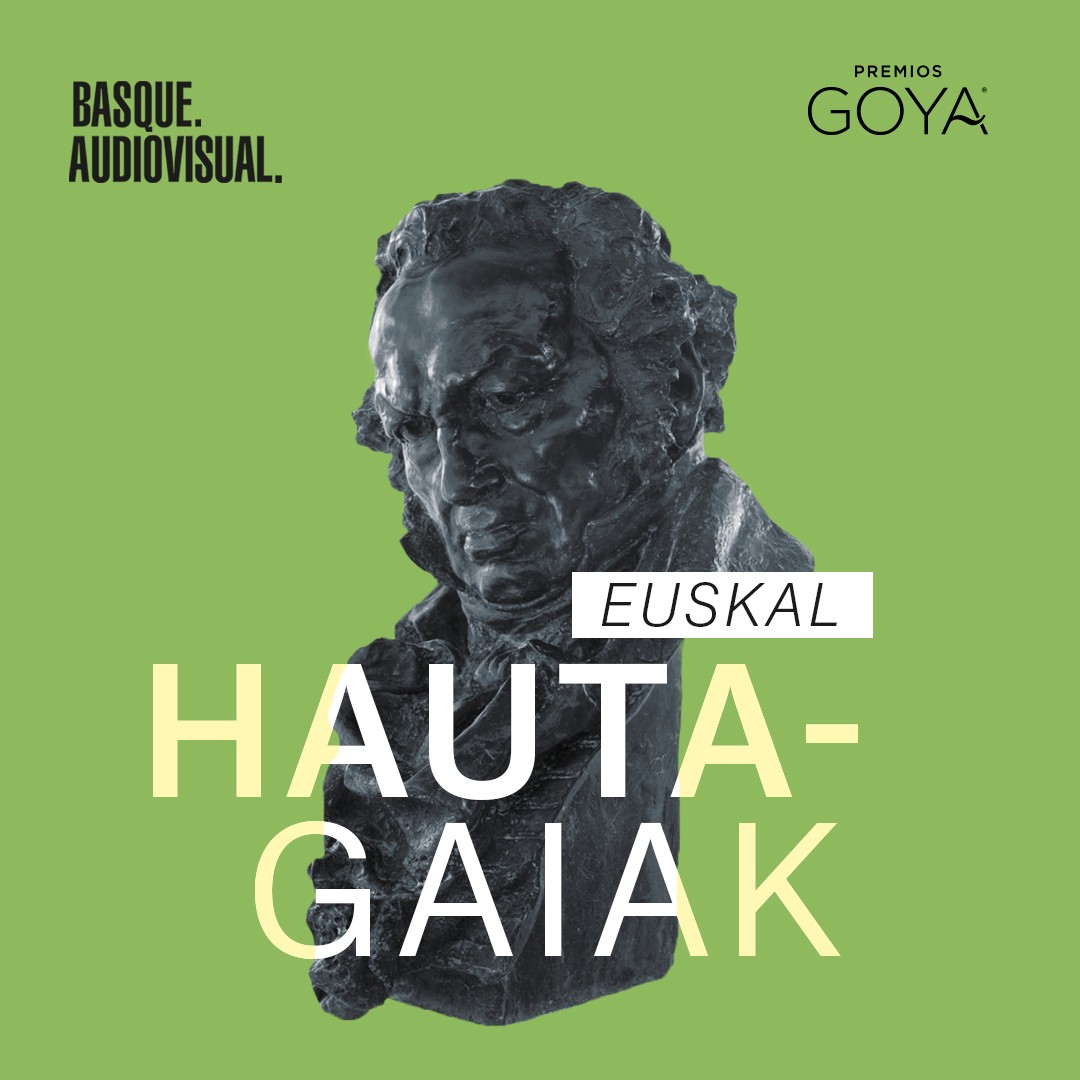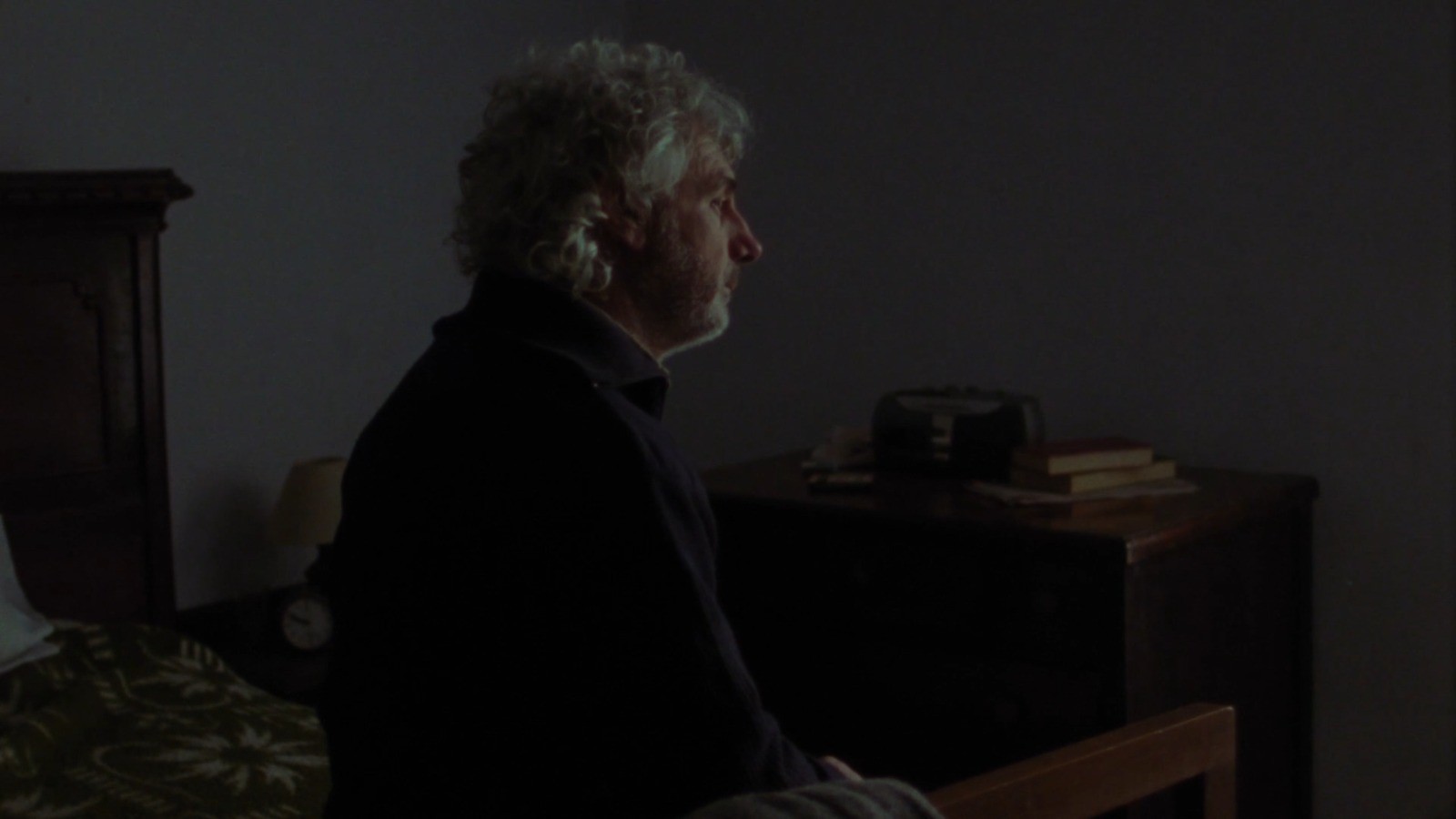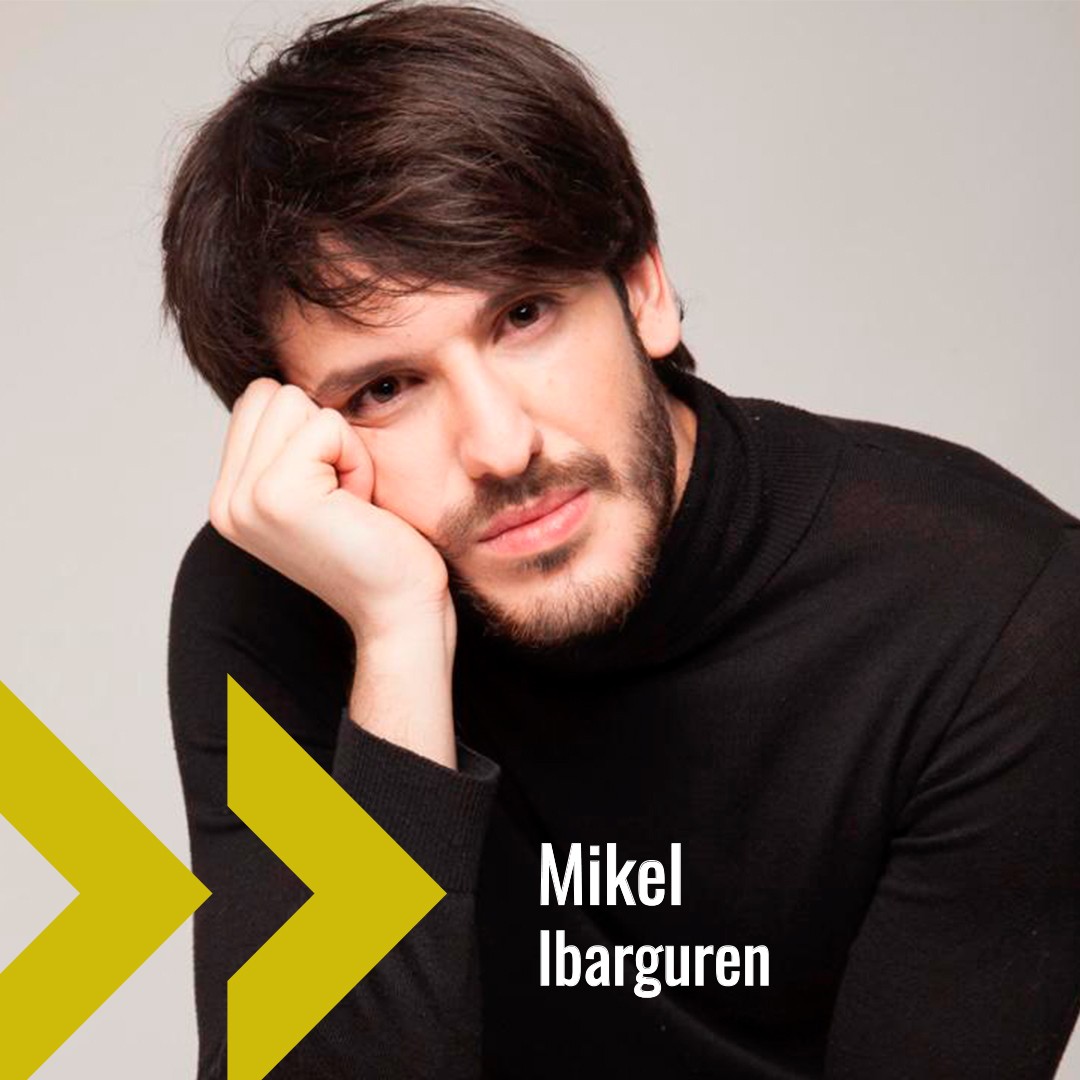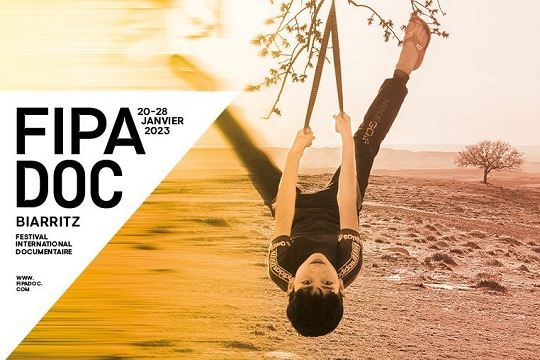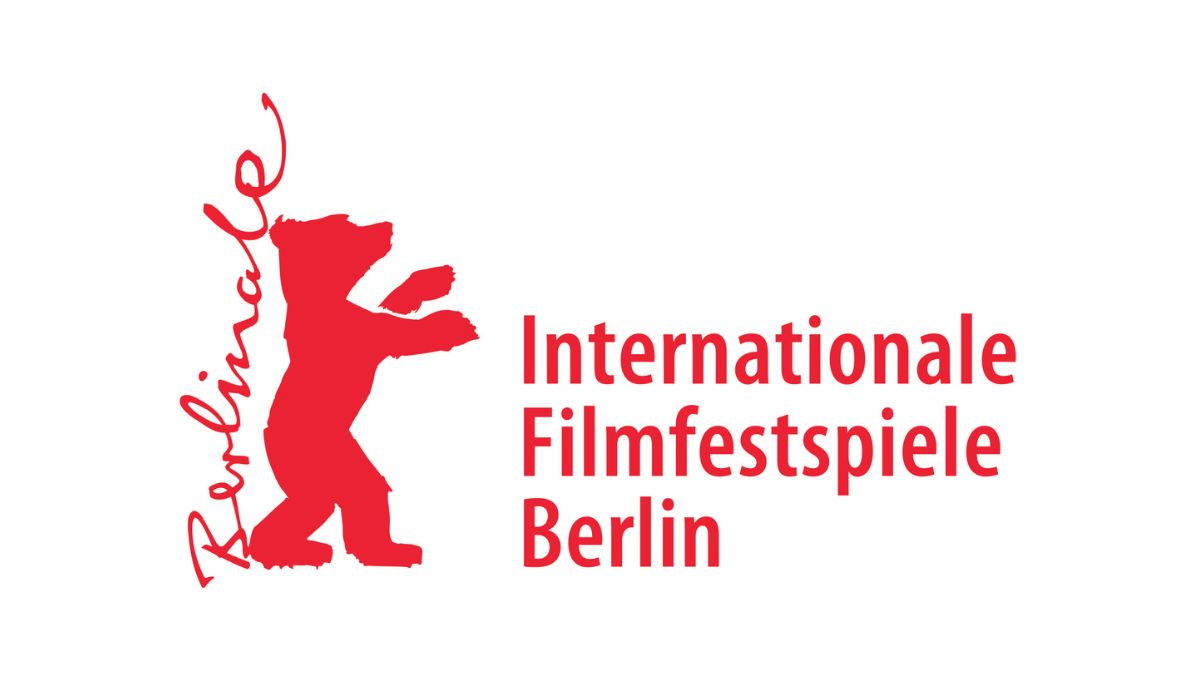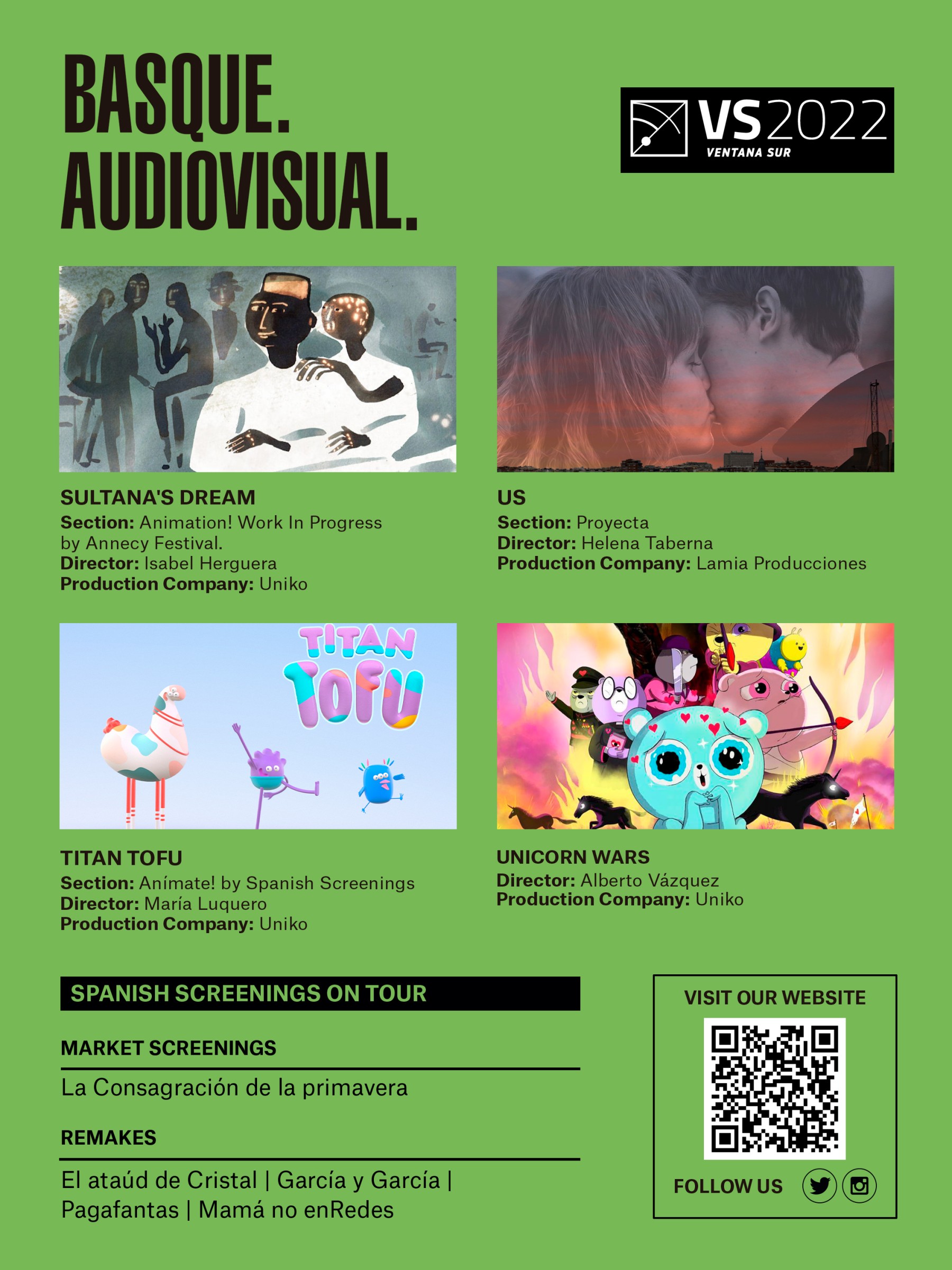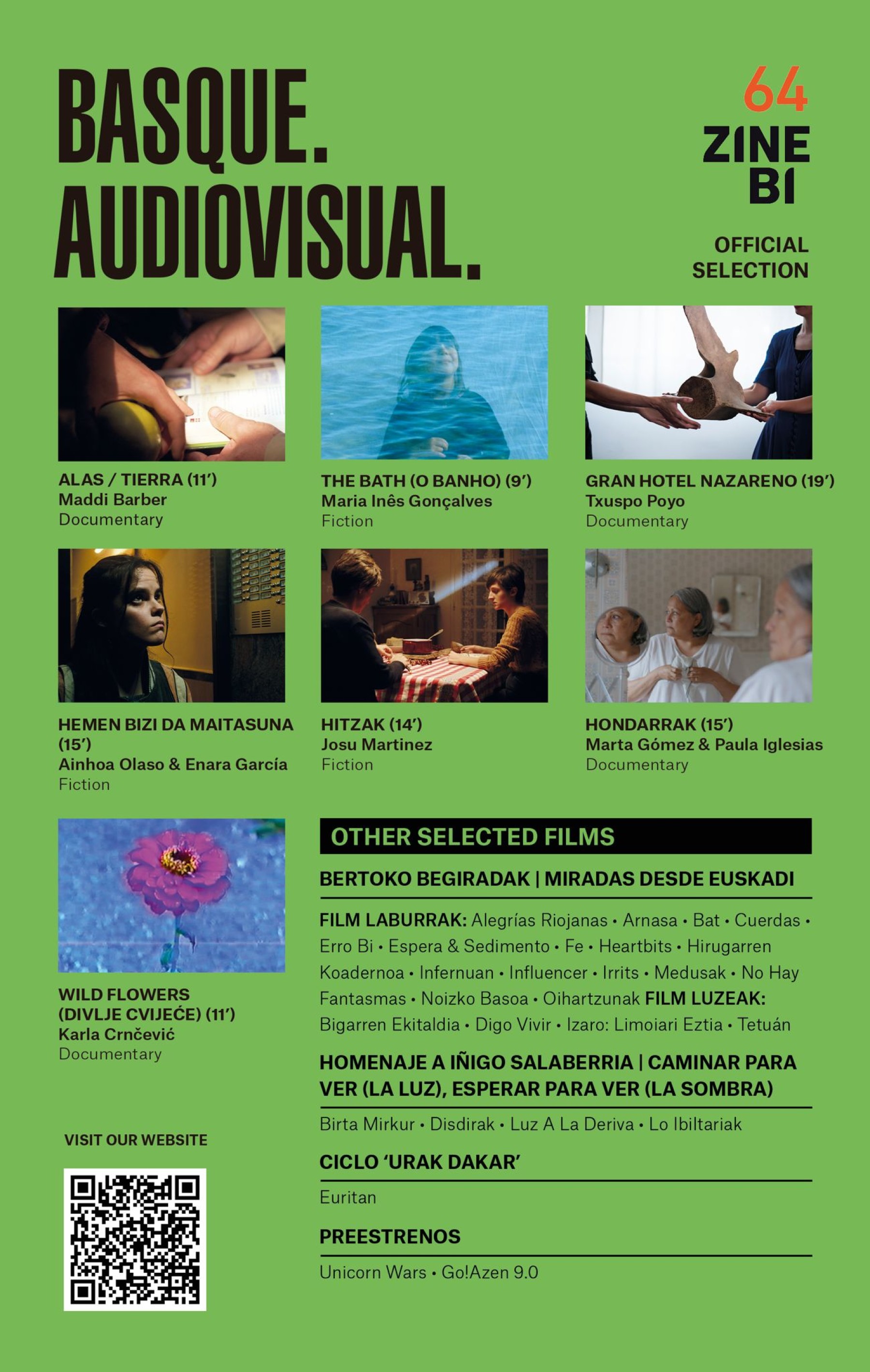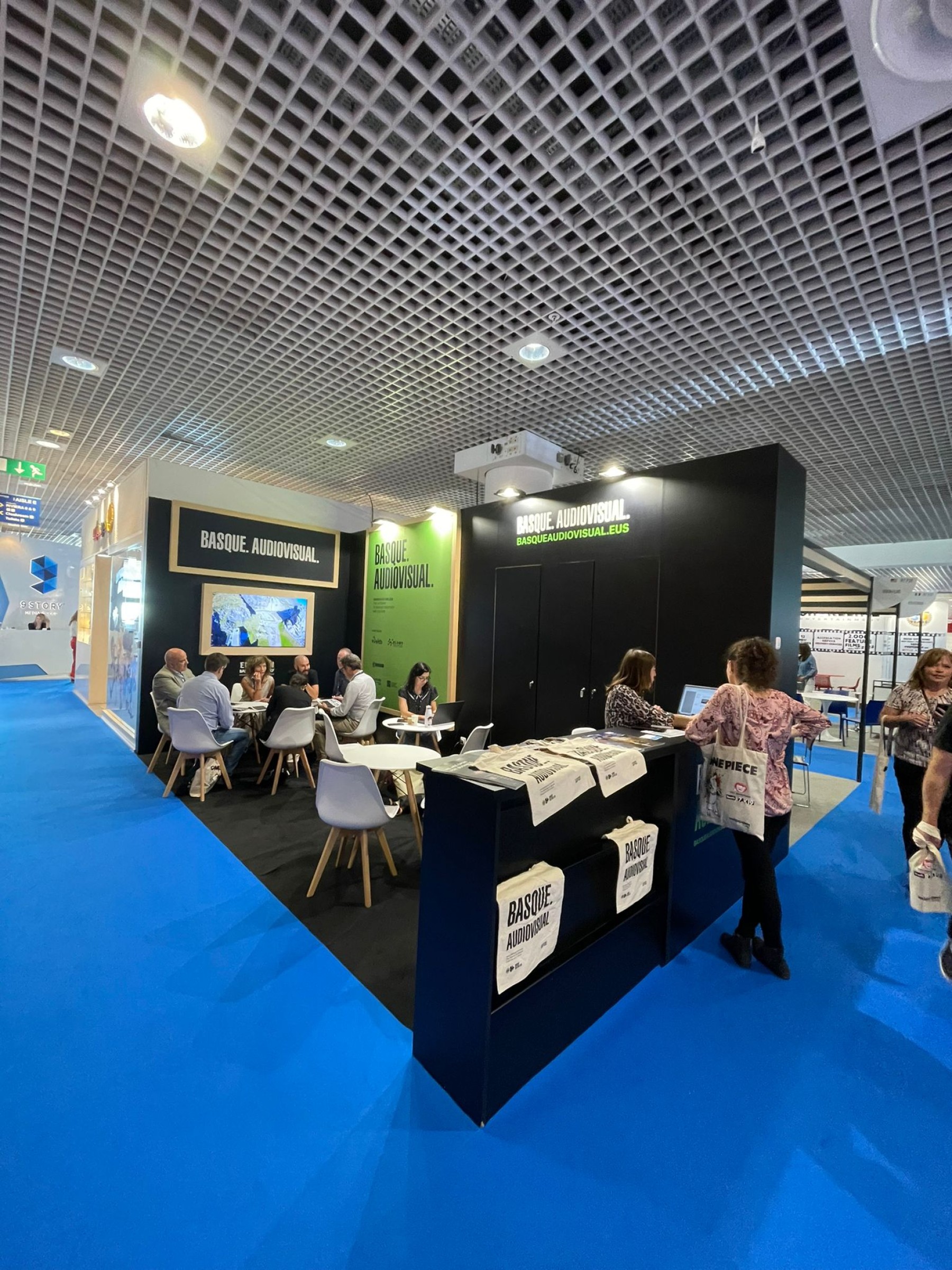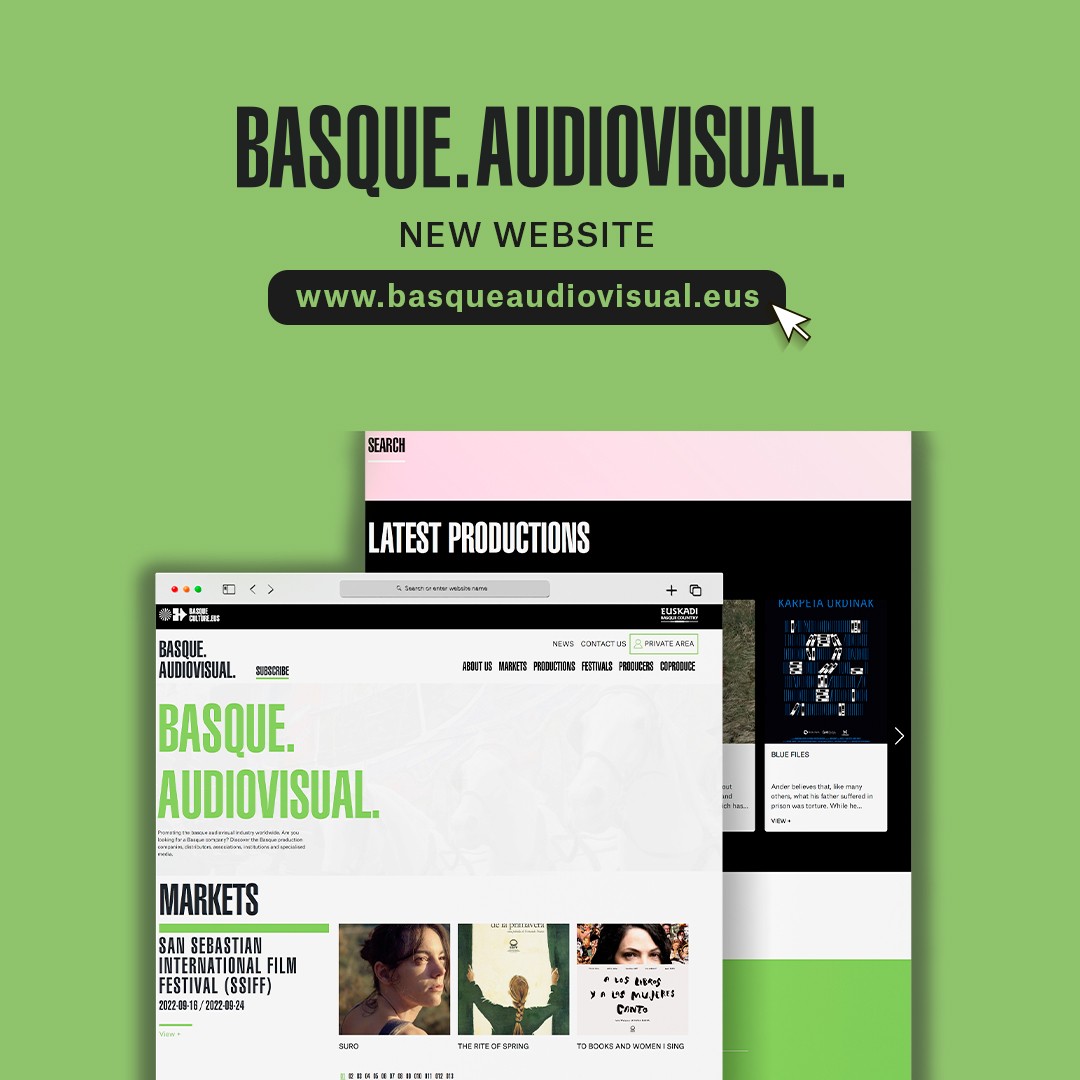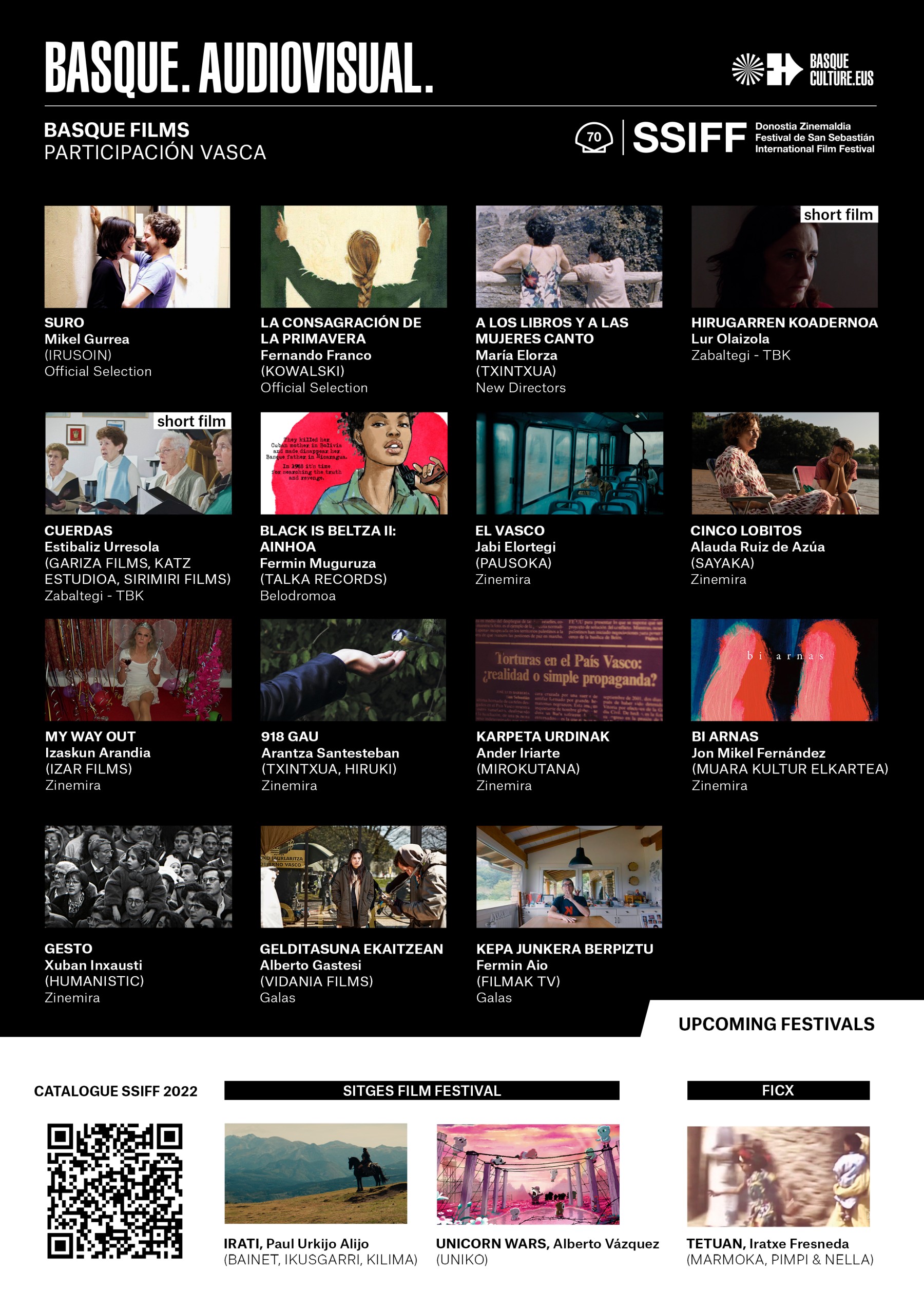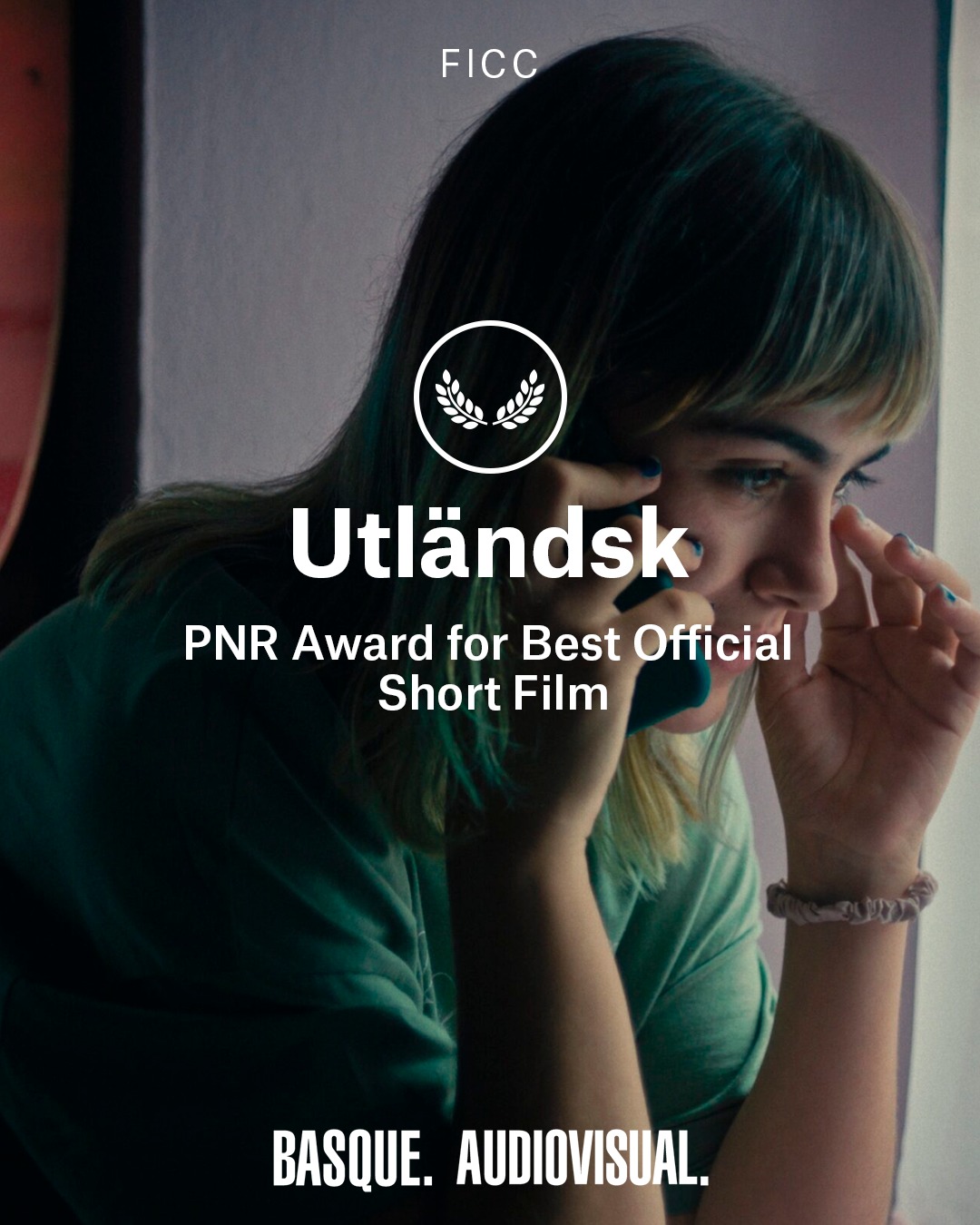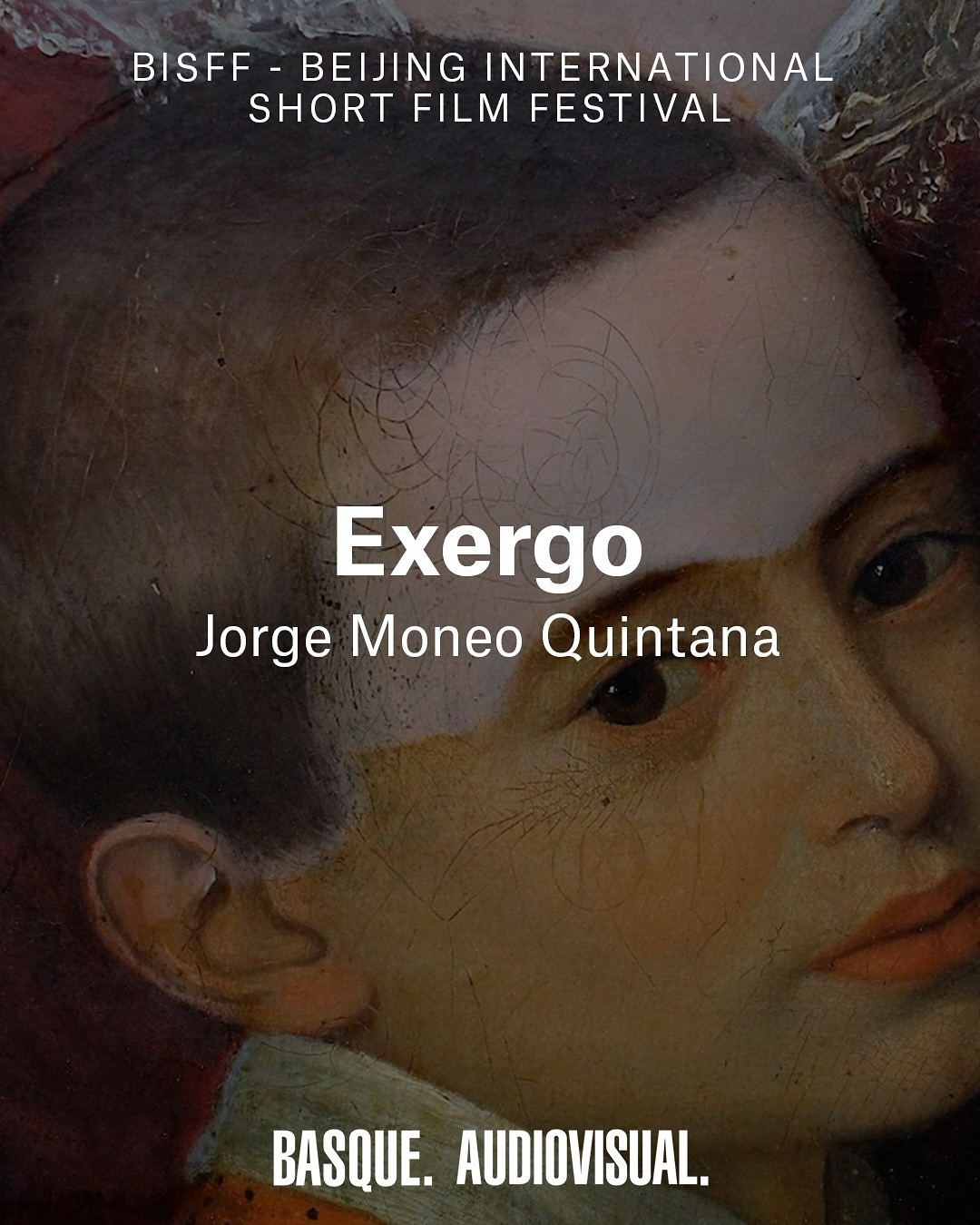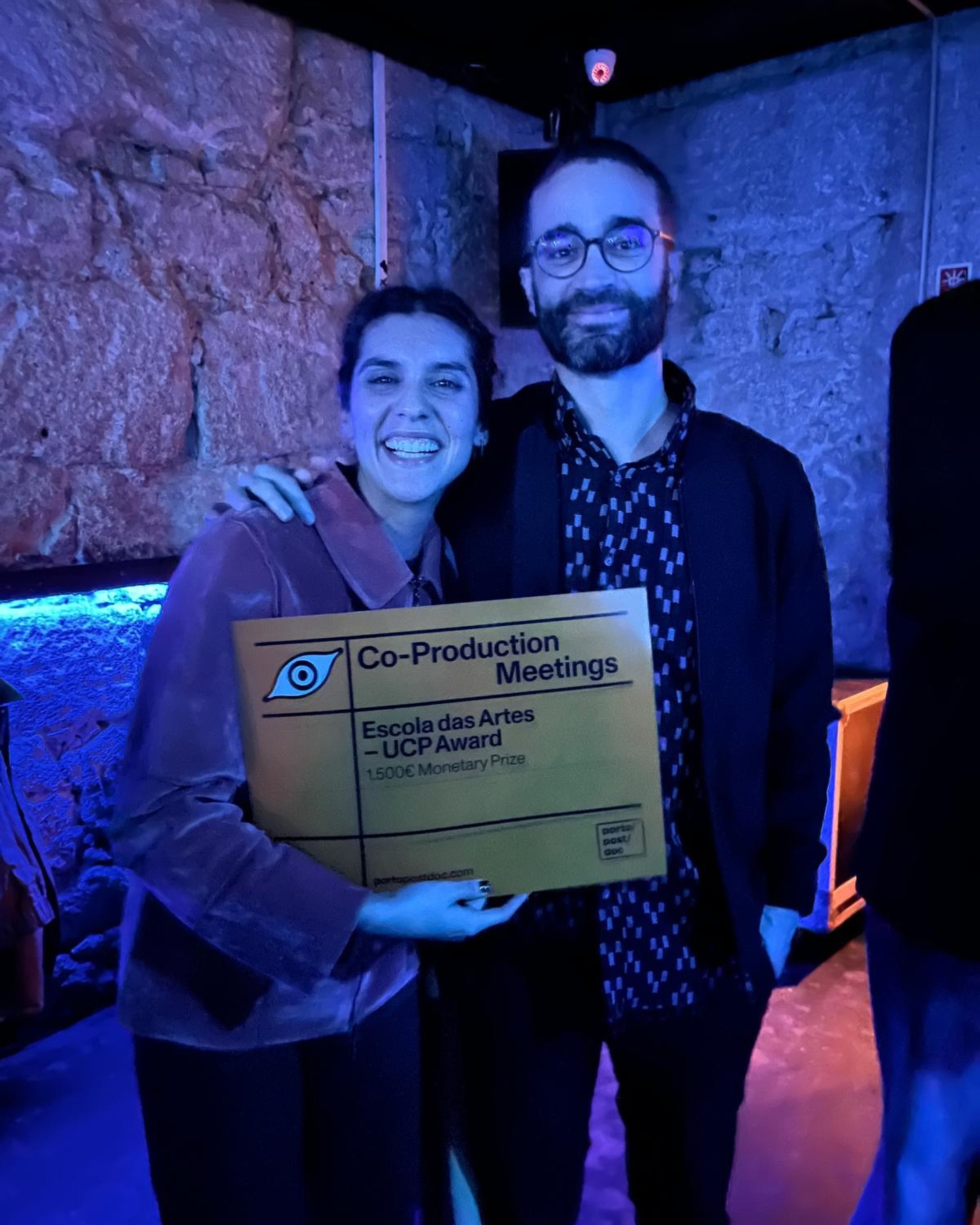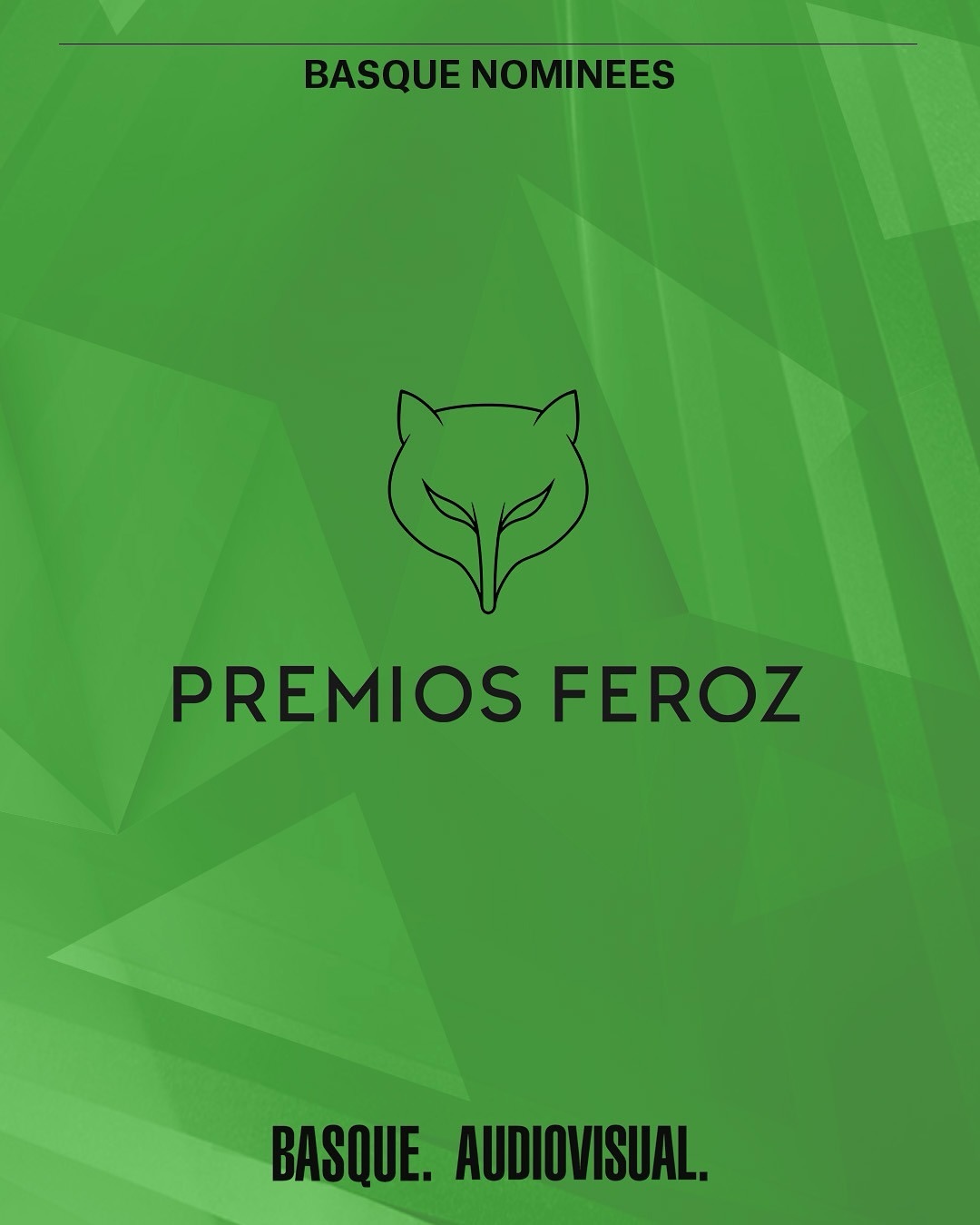2024-11-08
"Filming ‘The Rotary Press’ has been like coming face to face with a passage of our history that should never have happened"
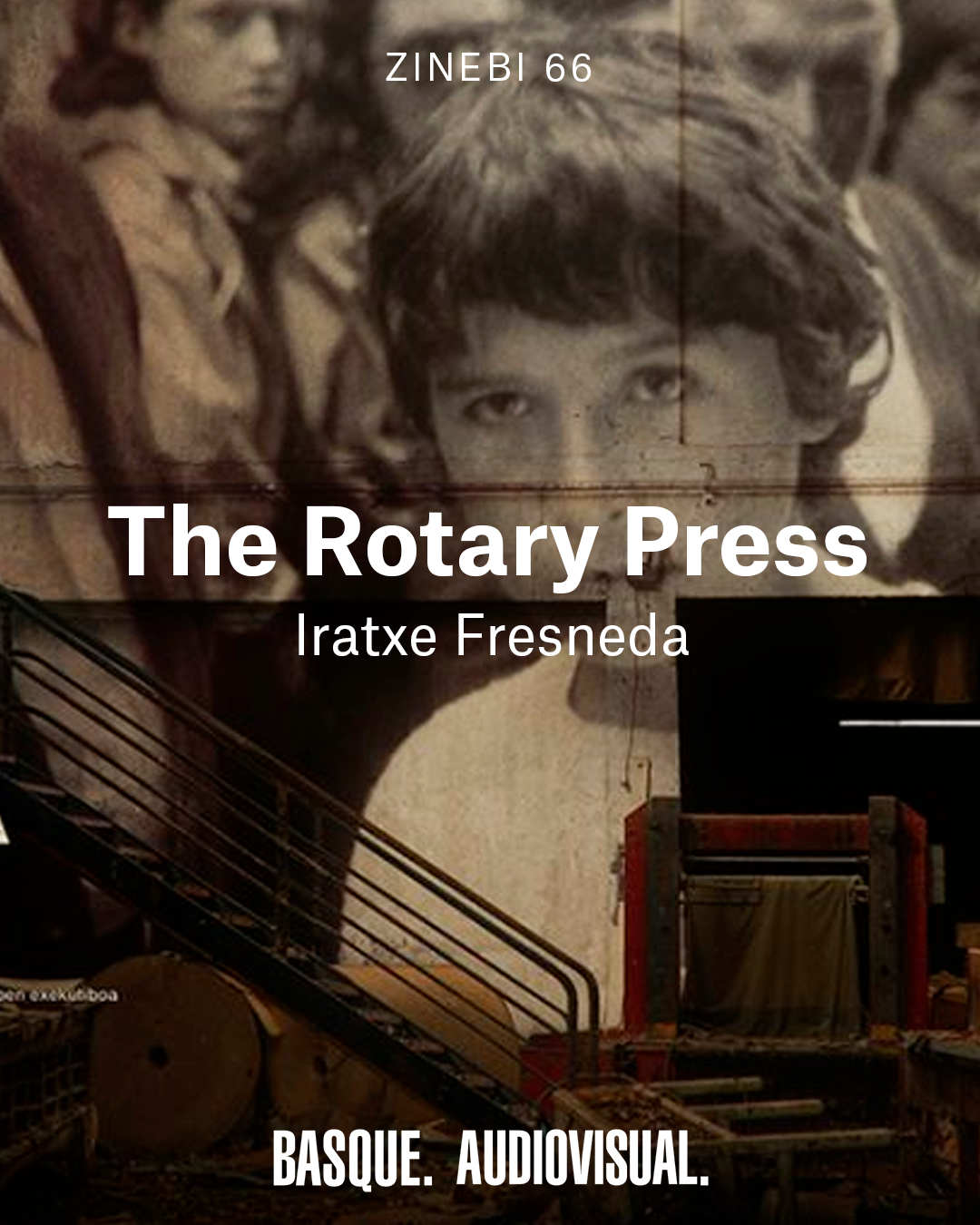
Iratxe Fresneda will make her debut with ‘The Rotary Press’ in the Official Competition Section of ZINEBI. With the closure of Egin as the main theme, the short film deals with the fragility of memory and the places that human beings create to safeguard it. We spoke to the director from Bizkaia to find out more about her latest work.
What does ‘The Rotary Press’ show us?
It is a journey through a chapter of our recent history (the closure of Egin, the imprisonment of journalists and the destruction and abandonment of the press) through the exploration of spaces. Places are silent witnesses to events. When we filmed in that skeletal and abandoned building, between water and memories, we were accompanied by the flow of the press and the stories that it launched into the world every morning. That energy inhabited the space, a place that seemed to guard the memory, with strength. Filming ‘Errotatiba’ has been like coming face to face with a passage of our history that should never have happened.
What led you to create this short film?
Like every project, curiosity. In the case of ‘The Rotary Press’, the creative impulse came from three intertwined axes. My interest in the exploration of spaces and locations and, in this case, the interest aroused by a place linked to our historical memory and journalism. It was not just a question of exploring a press in ruins; it was a question of delving into everything that symbolised the destruction of a space which, from my point of view of history, symbolises the failure of a way of doing politics, closer to the discourses of war in which tearing everything to the ground is a valid option, regardless of whoever falls. The third axis has to do with the conversations that a former employee of the Egin newspaper and I had about the place: Amaia Ereñaga, she was a very important driving force.
What was the biggest challenge you faced during the production of the short film and how did you overcome it?
First of all, being able to enter the place at that time with very basic equipment. Then, how to deal with its history. The challenge of the film was to transform destruction into energy, an energy that drives many people to continue to believe in freedom of expression and journalism. I won't count the fact that, in this case, it was a self-production without any funding to date as a challenge. It meant total freedom to create, no time, no distractions.
It is part of this year's Kimuak Catalogue. How did you feel about the news?
I'm not going to lie, I was very happy! It is an honour to be part of a catalogue that has featured so many people I admire and respect. Kimuak is an example of how to do things well, how to brilliantly carry out an initiative from the public sphere; an imaginative way of investing in our film values for years to come. We need to expand and apply such models, and not follow market trends so much, of which only the froth of the wave remains. Being part of this catalogue provides visibility so that the work can circulate and be seen. It's the most important thing as far as I'm concerned.
Do you think it can help to open new doors or create working relationships?
Yes, indeed. This is something that always happens when you finish a new project, but in this case, as it is a short project, its circuit is different. We enter a space that is unknown to us, the world of short films, and we do it with Kimuak.
In addition, you will soon be part of the International Official Section of ZINEBI. What does this mean for you?
A step forward as far as Zinebi is concerned. This is the first time we are competing in this festival. It's really nice. We hope to enjoy the films, see the selected proposals and that ‘The Rotary Press’ will be seen and commented on.
What kind of reception do you expect from the public?
That's a question I don't think I should answer, it's up to the public. I can only speak about the impressions of people in the industry, which fortunately have been very good and we know that we are not an easy audience.
How is the short film's festival tour going?
We finished the final copy of the short film at the end of the summer. It is still a ‘baby’. We will start with the official international sections of Ficx Gijón and Zinebi in November, and then it will be up to the festival circuit to decide.
What are the next steps you hope to take?
We hope to make our international premiere and combine the international circuit with the closer-to-home circuit.
Will the general public be able to access the short film in any way in the future? Will it be available on any platforms, for example?
Yes, we hope that the film will later be on TVs and platforms to reach a wider audience.
As for the future, do you have any new projects in the pipeline? Can you give us a sneak preview?
We are currently focused on the development of the film ‘Bide guztiak’, a feature film that will embark us on a new adventure. We would like to release it in 2026.


